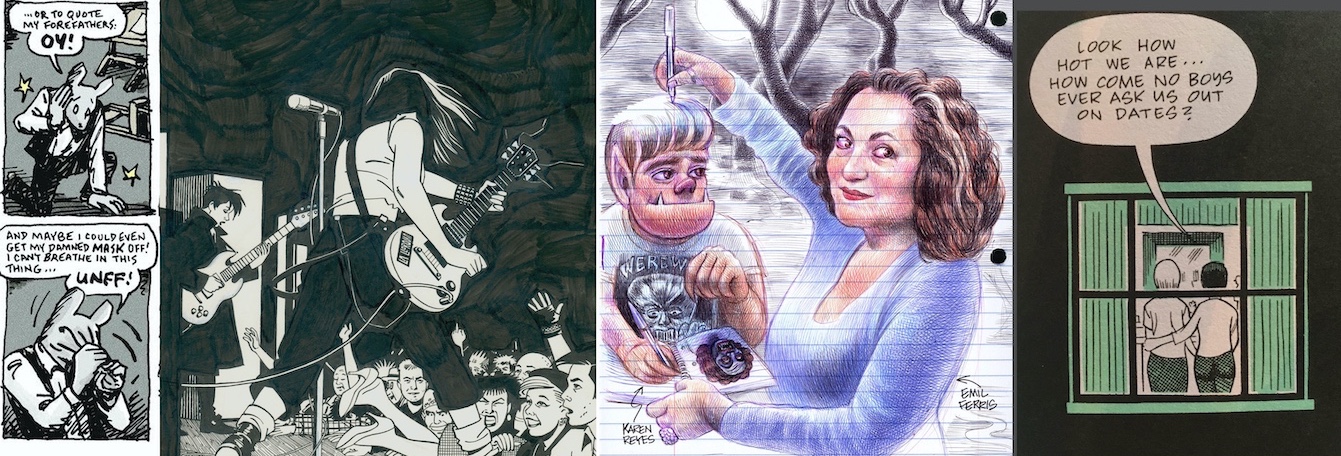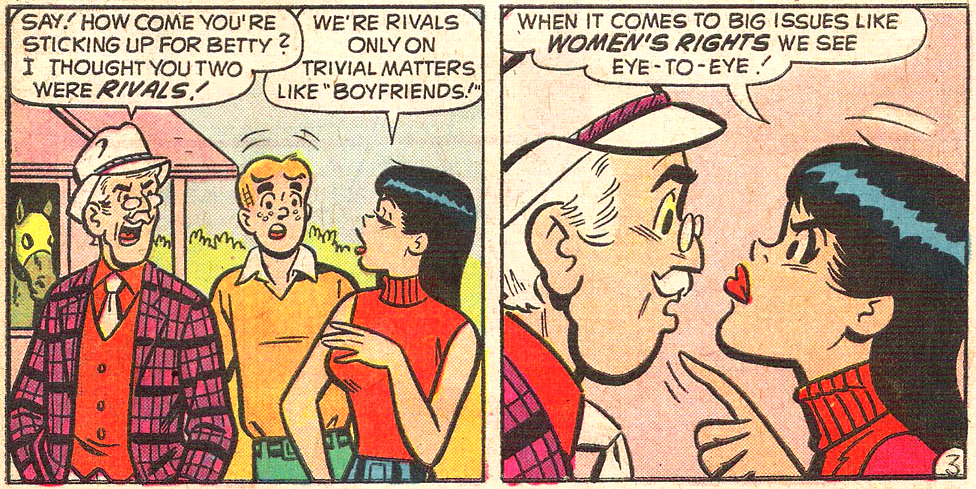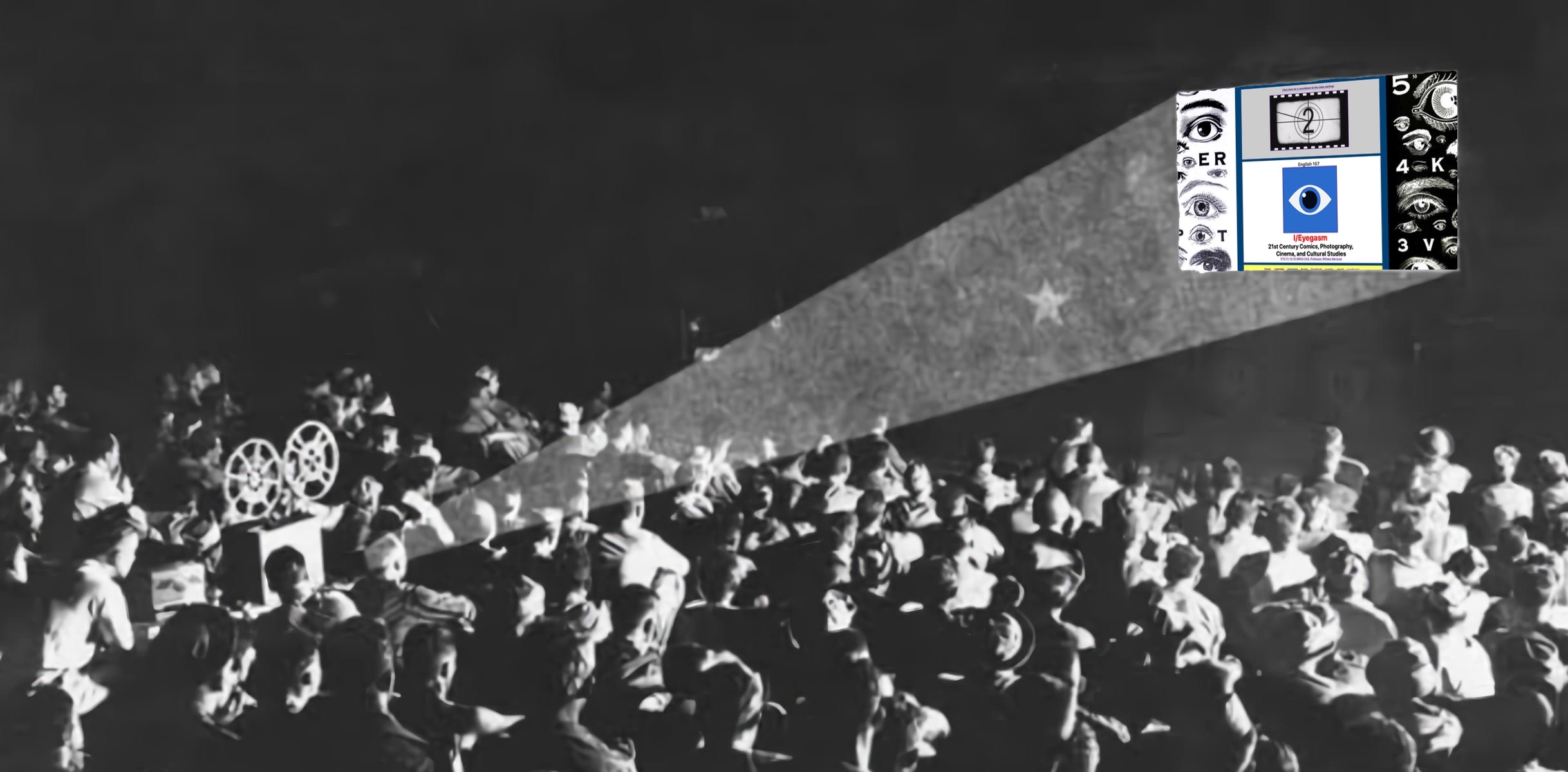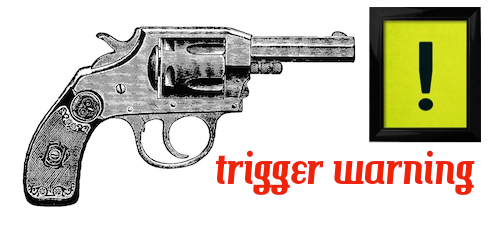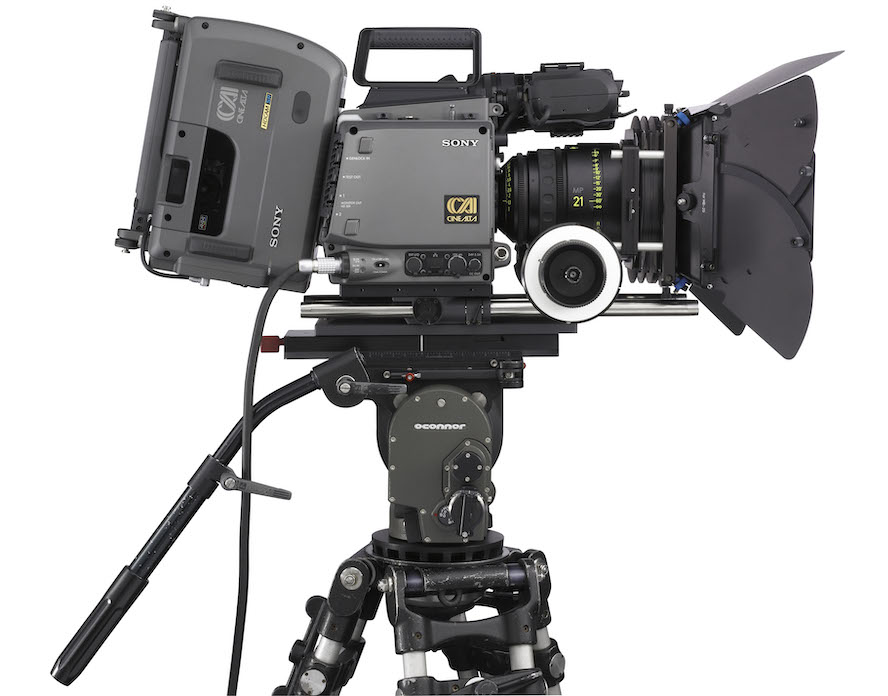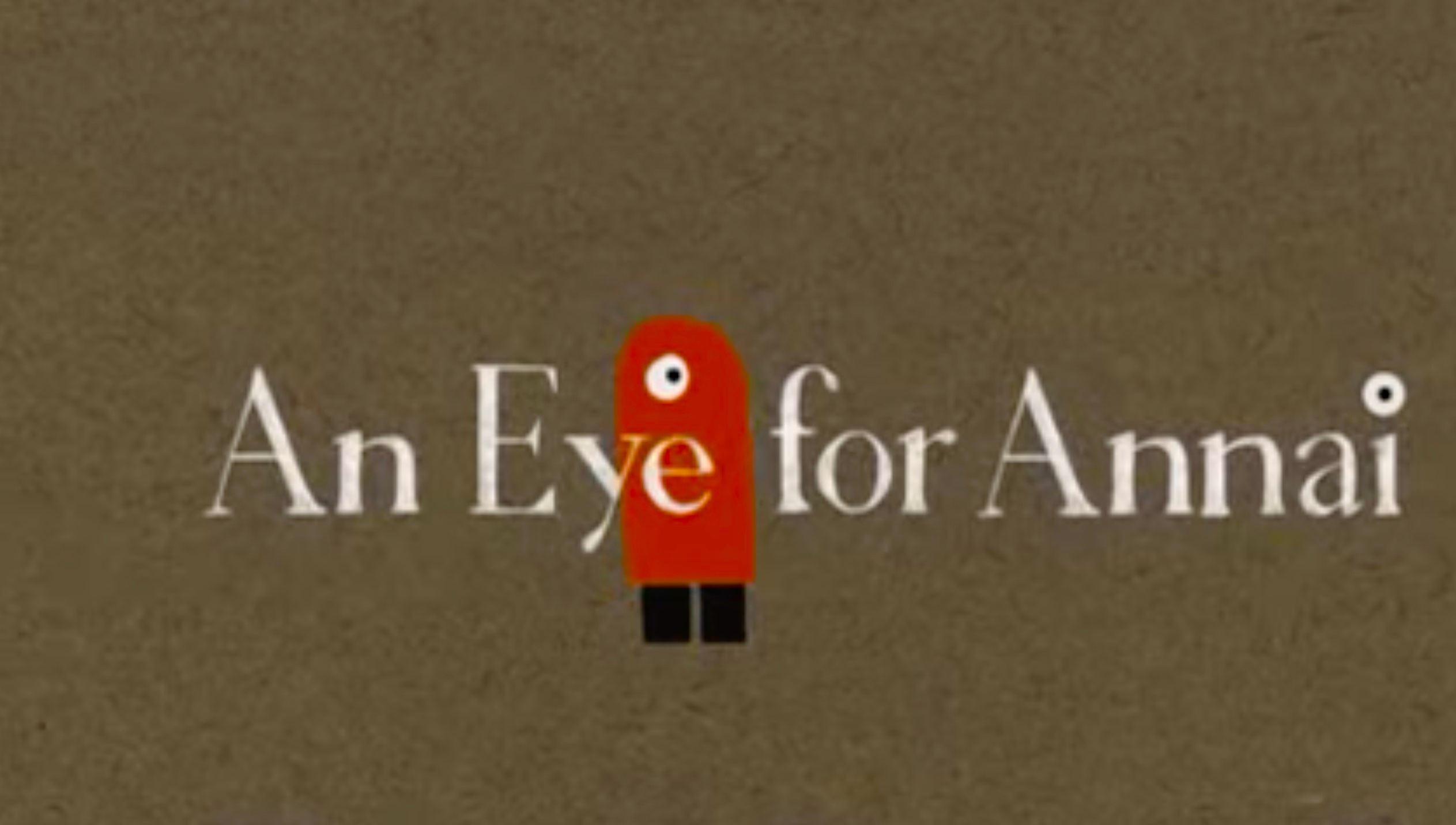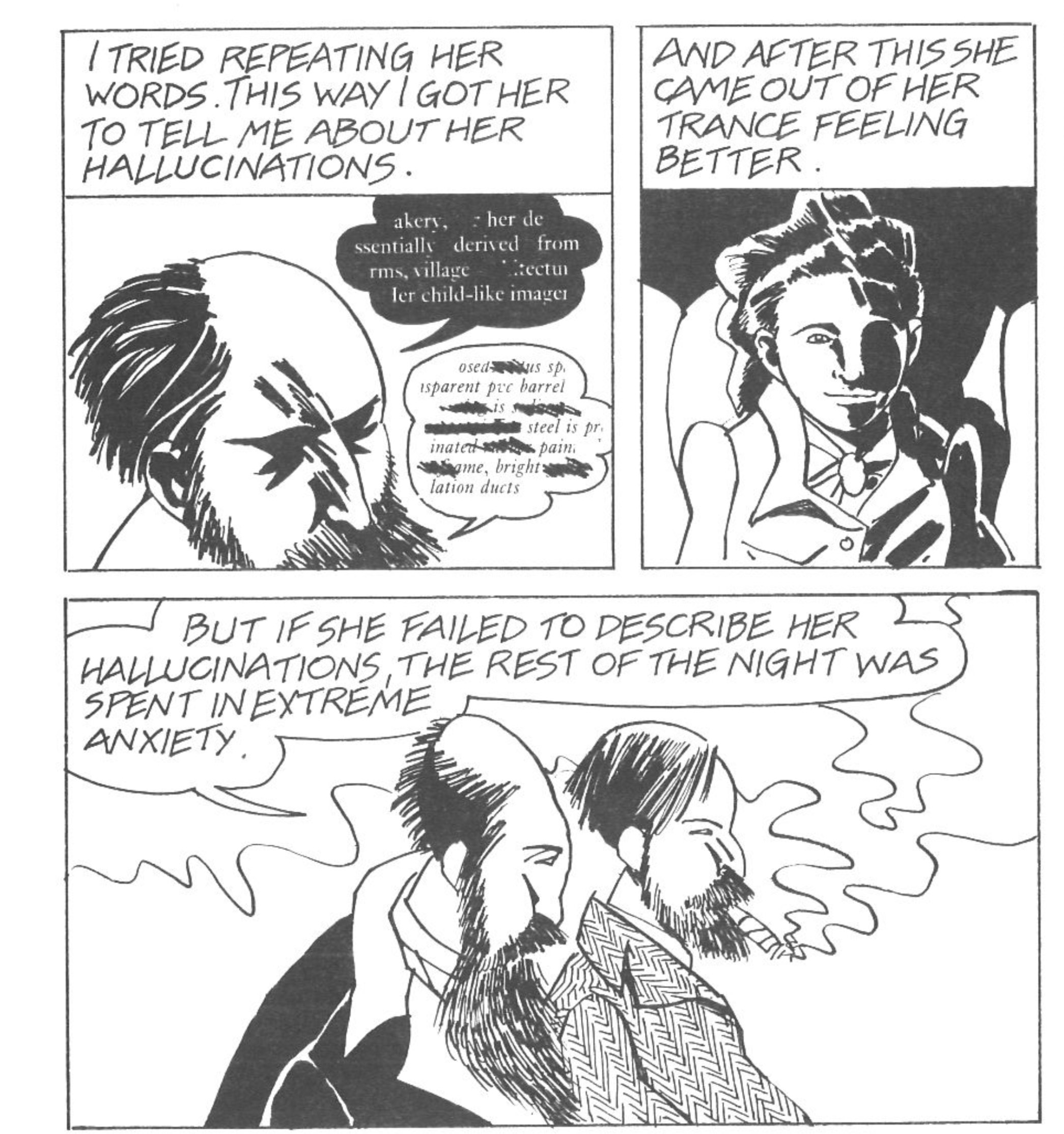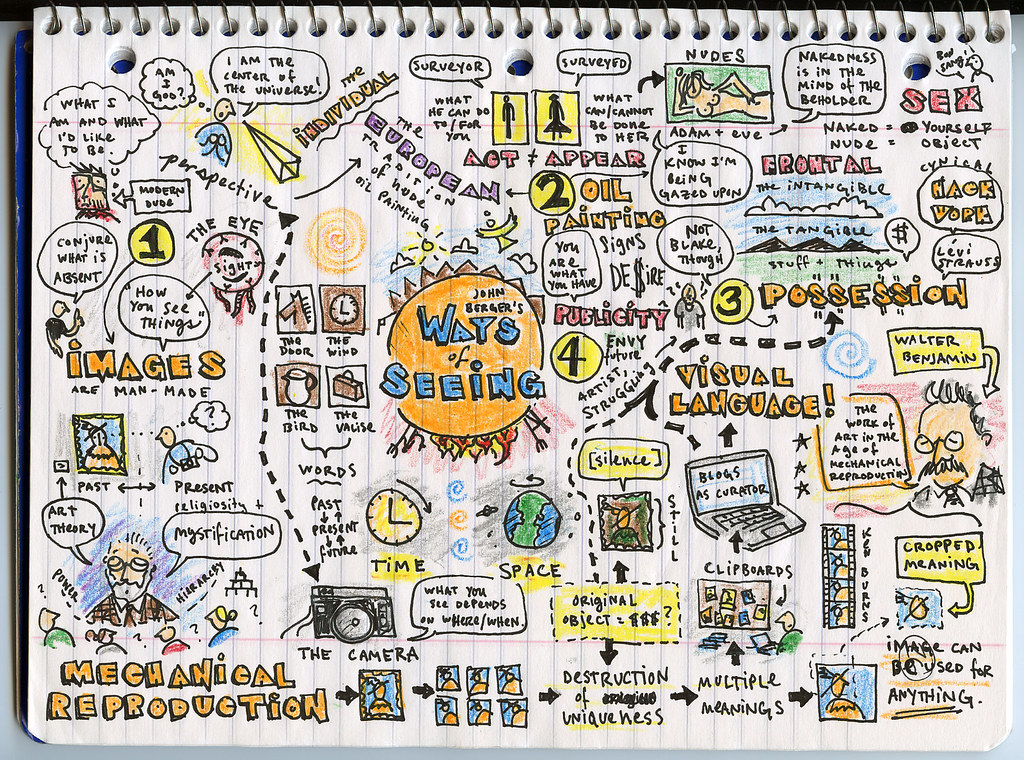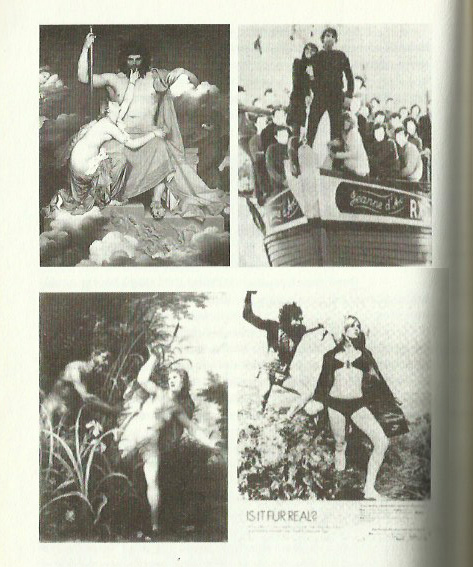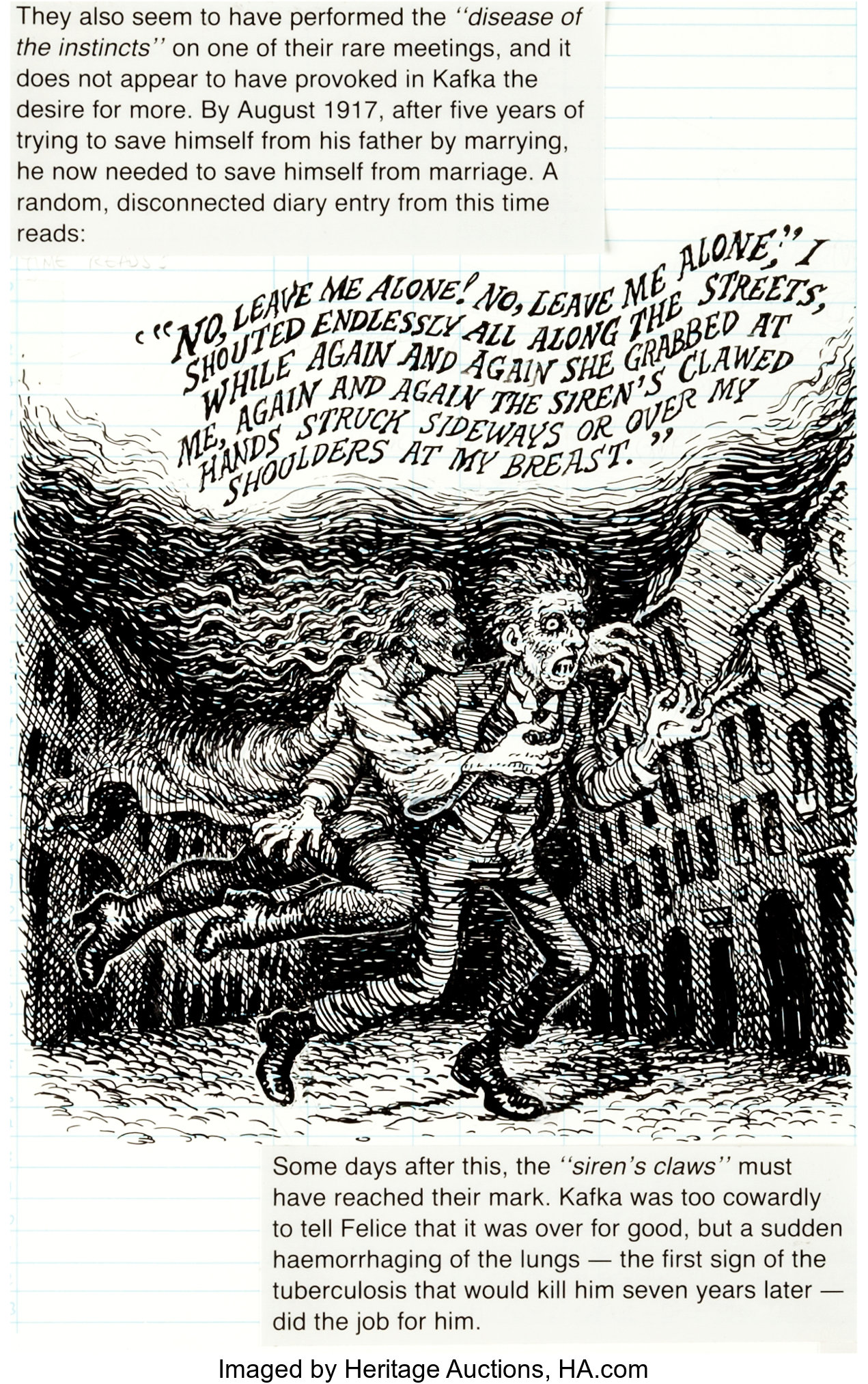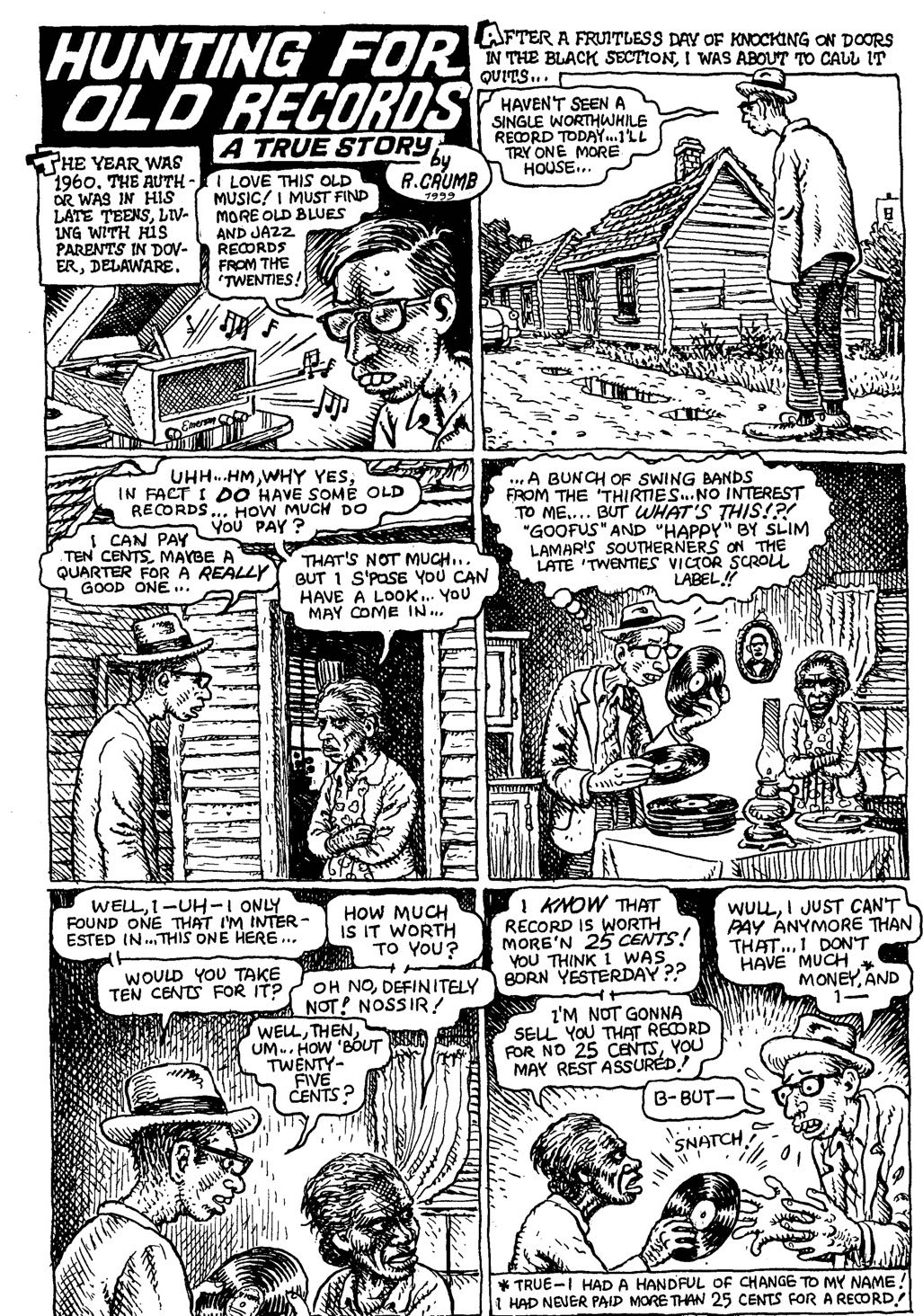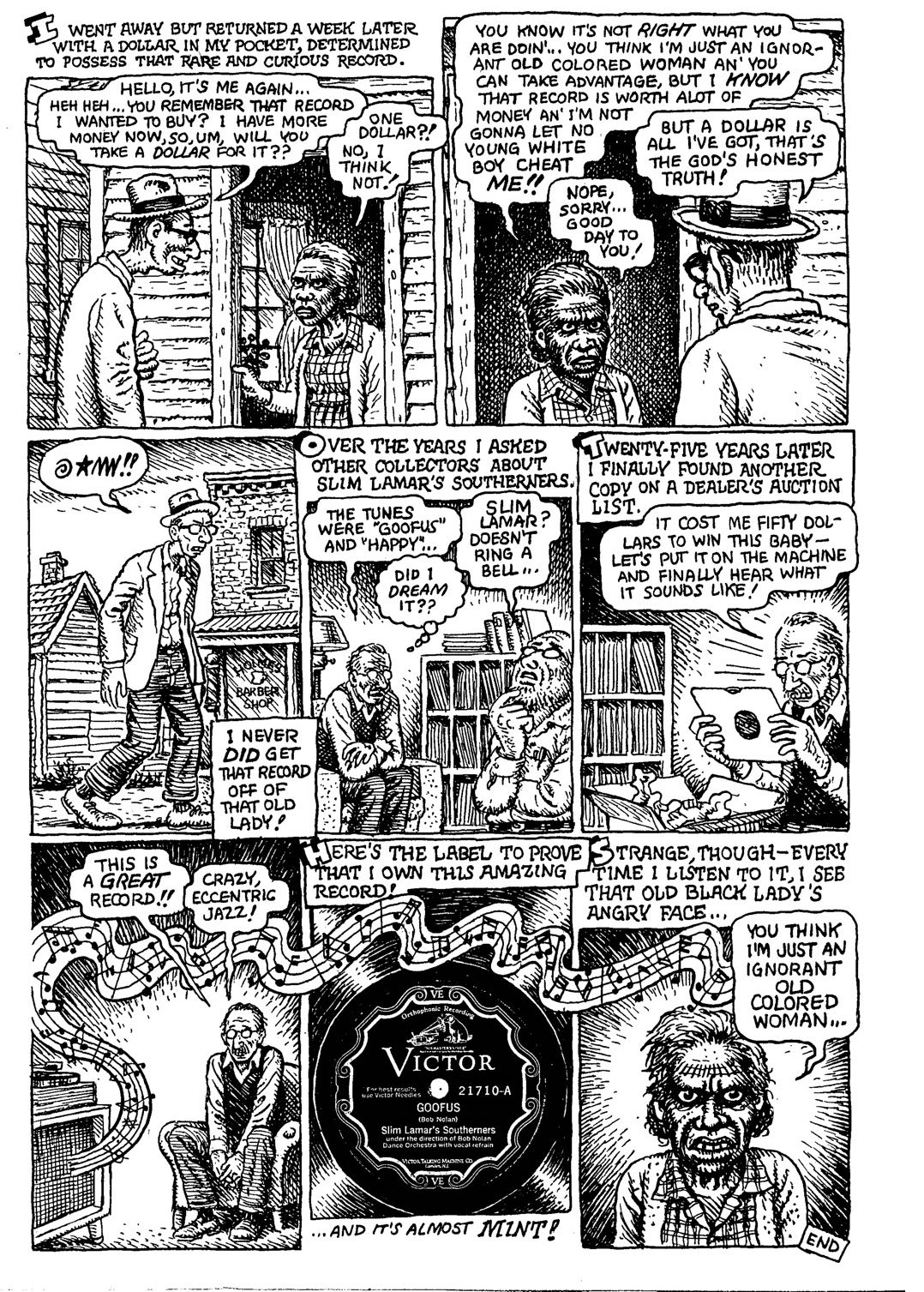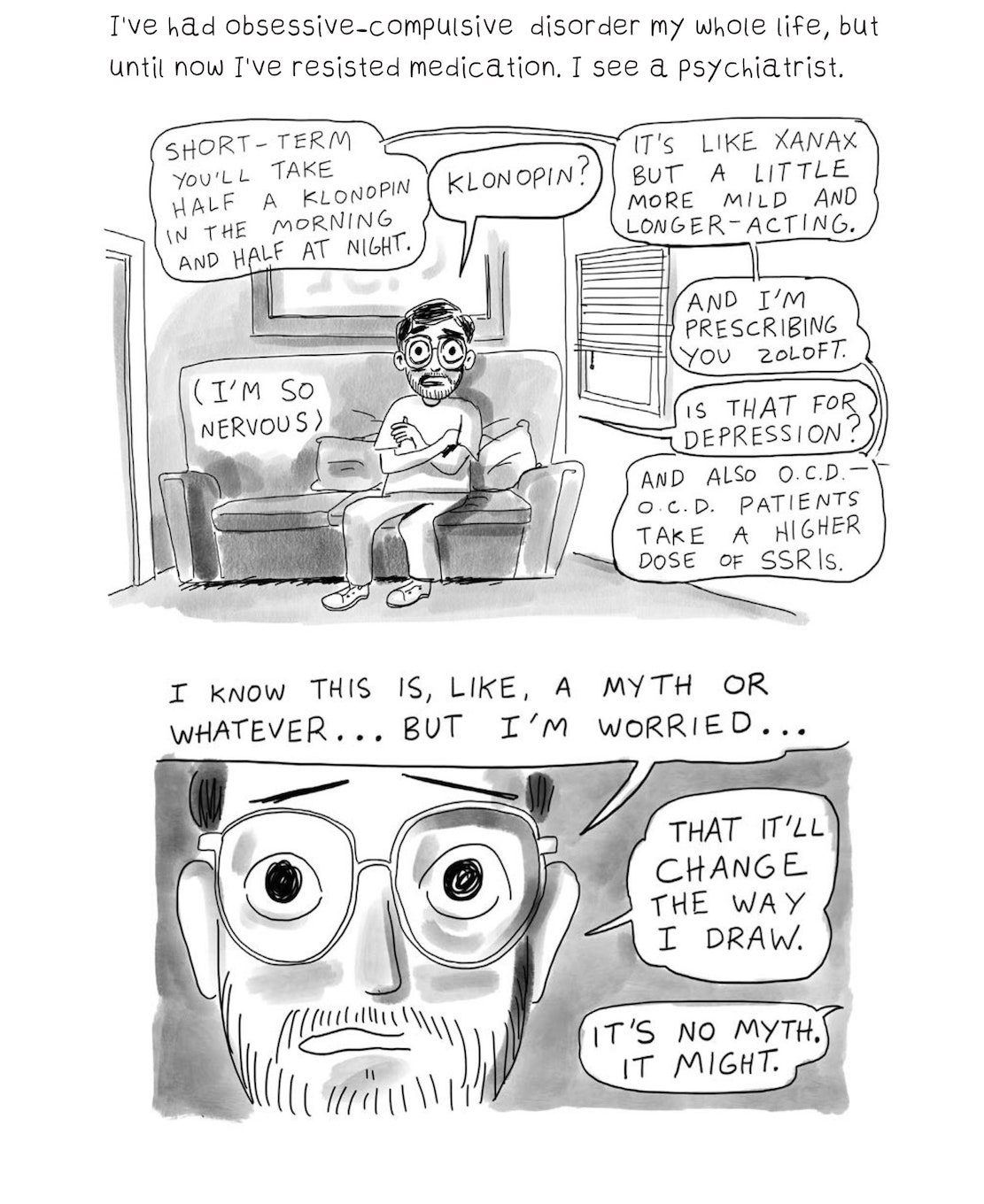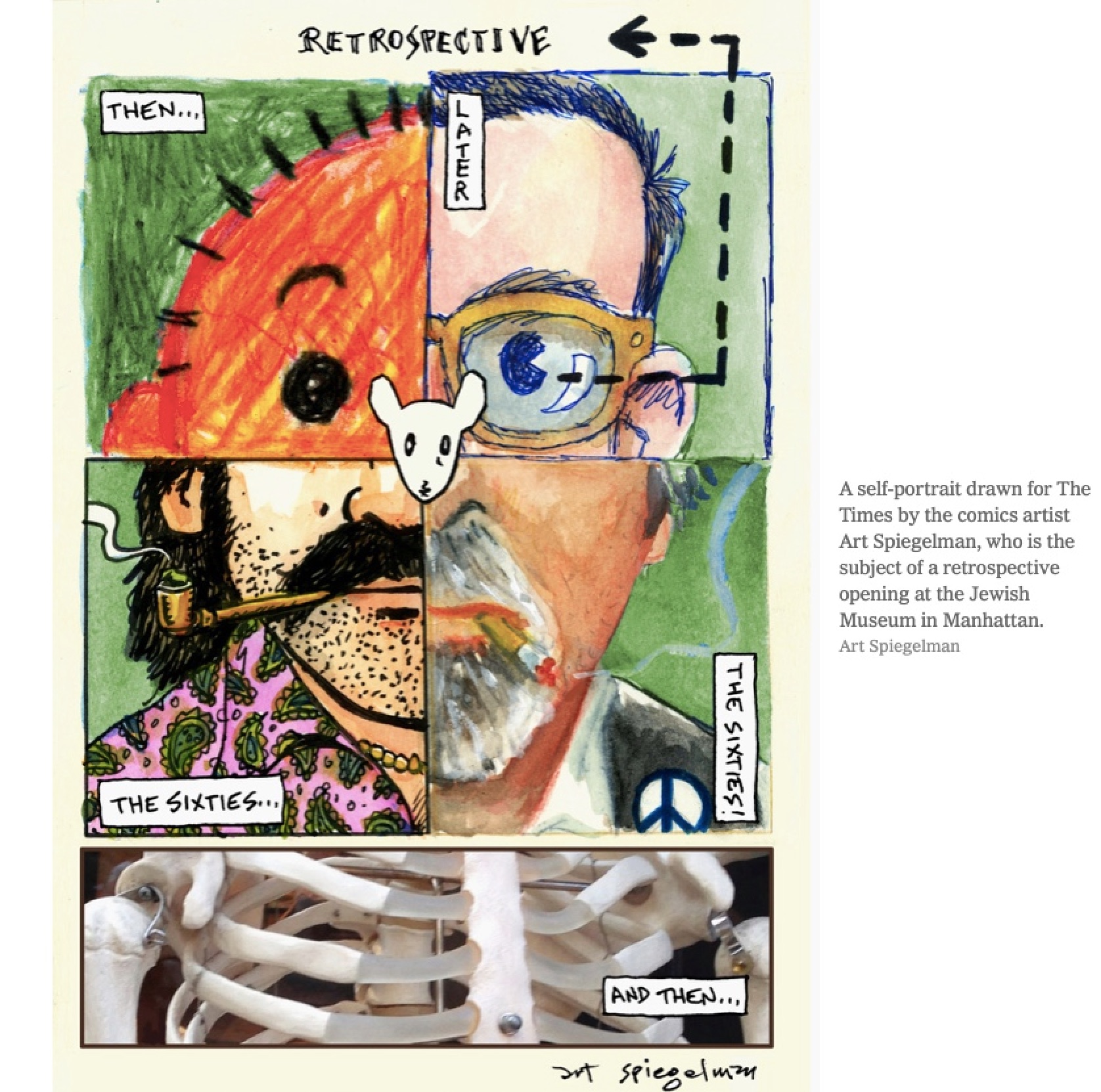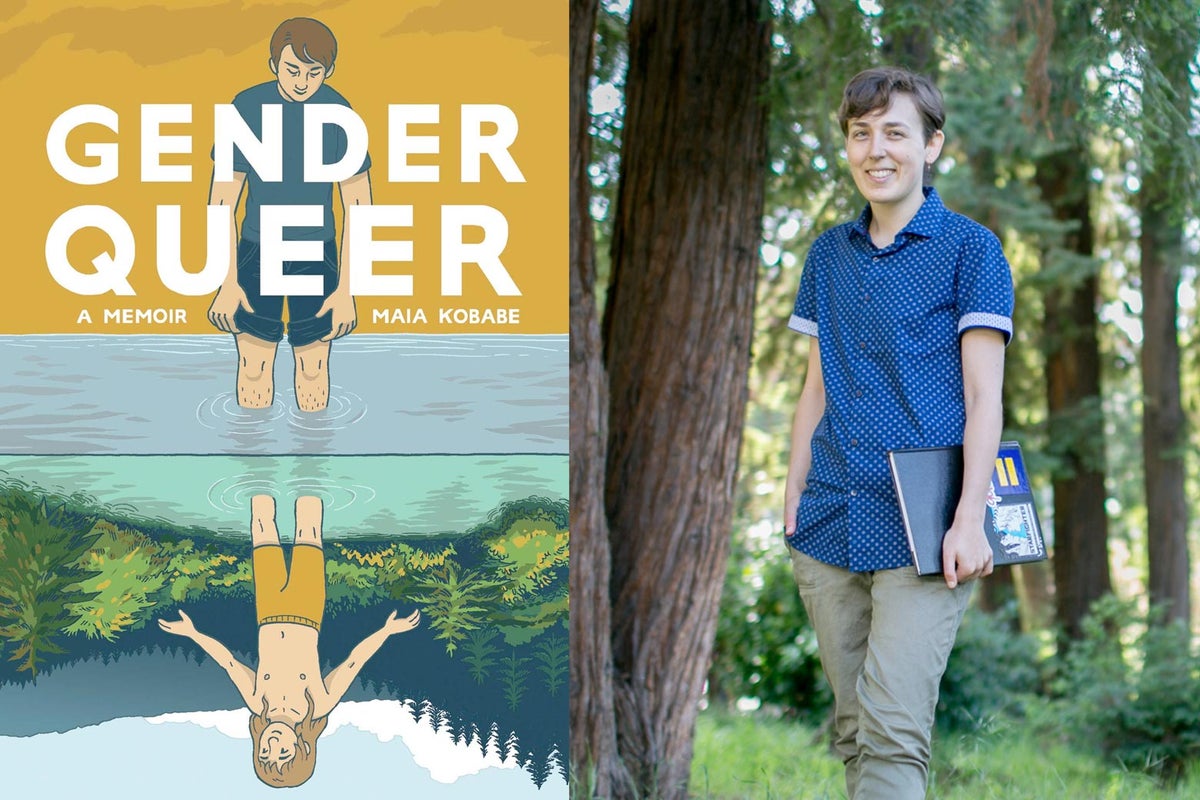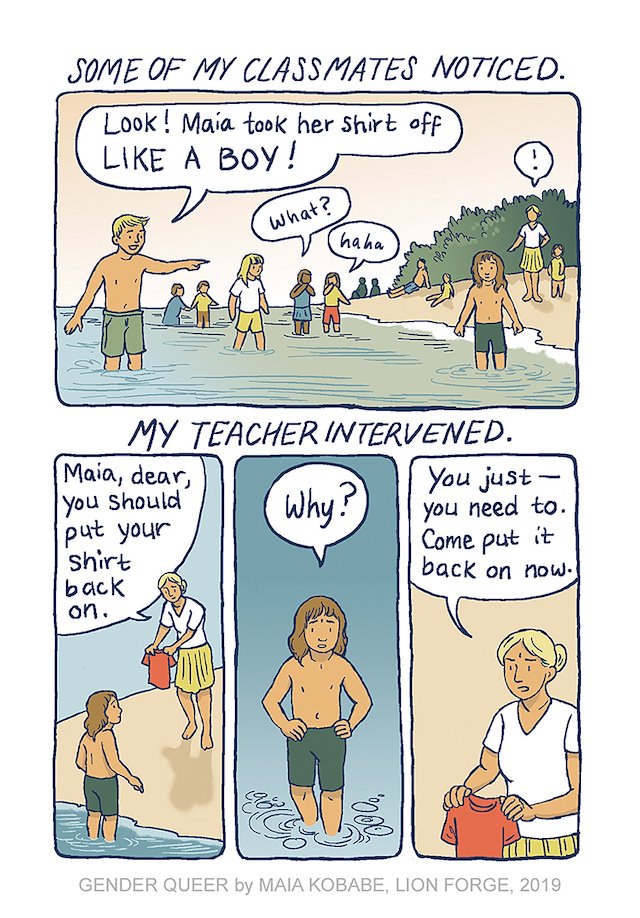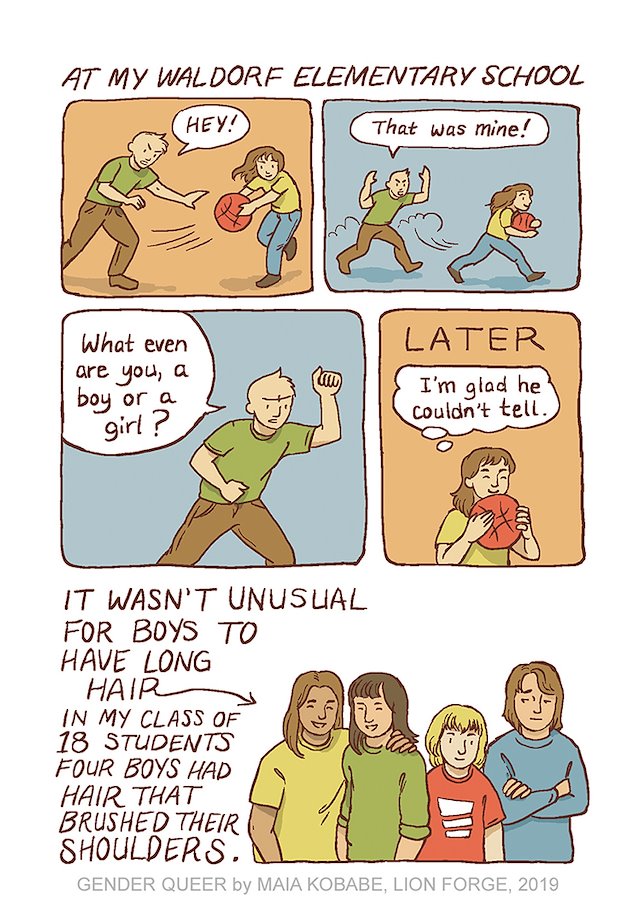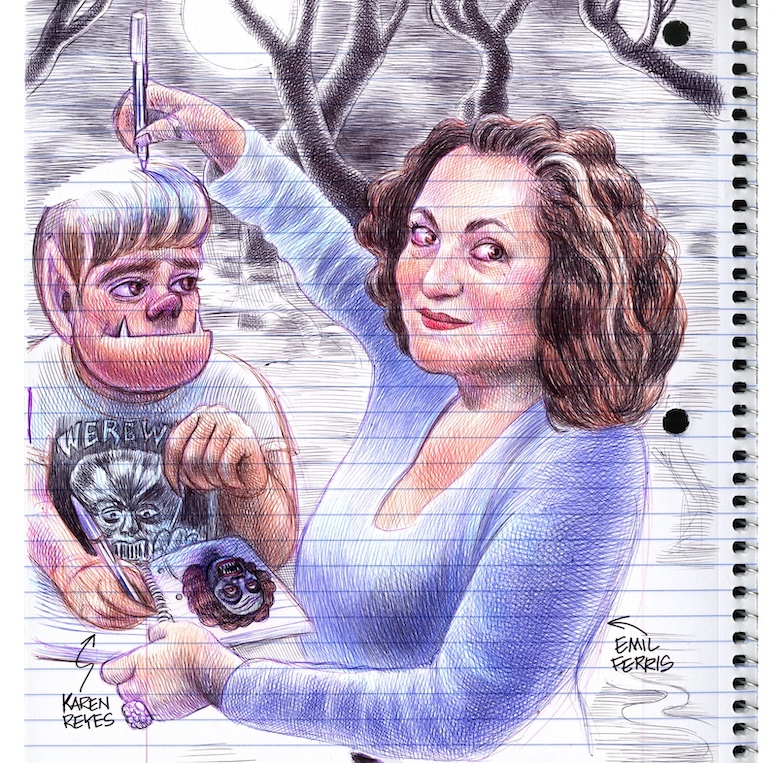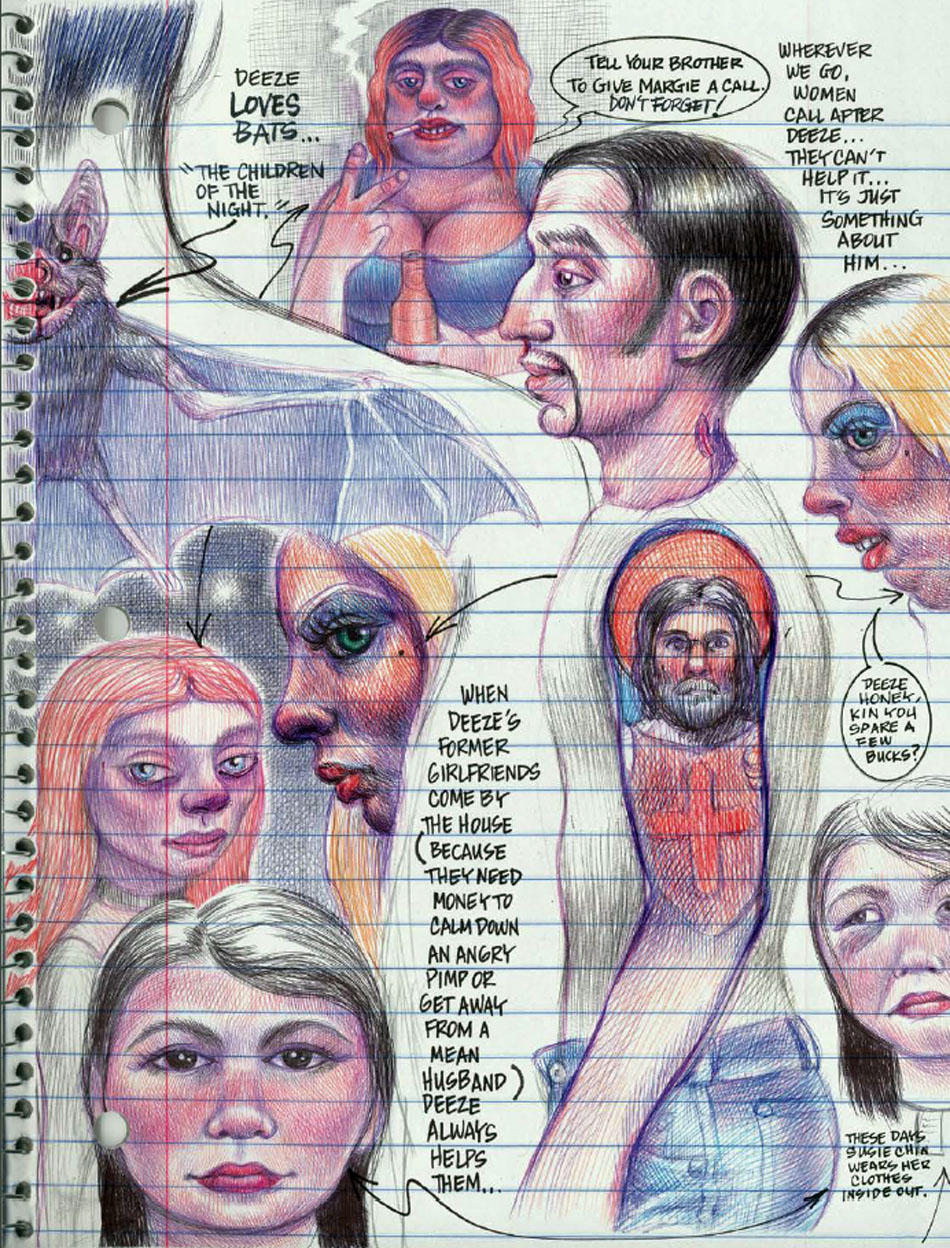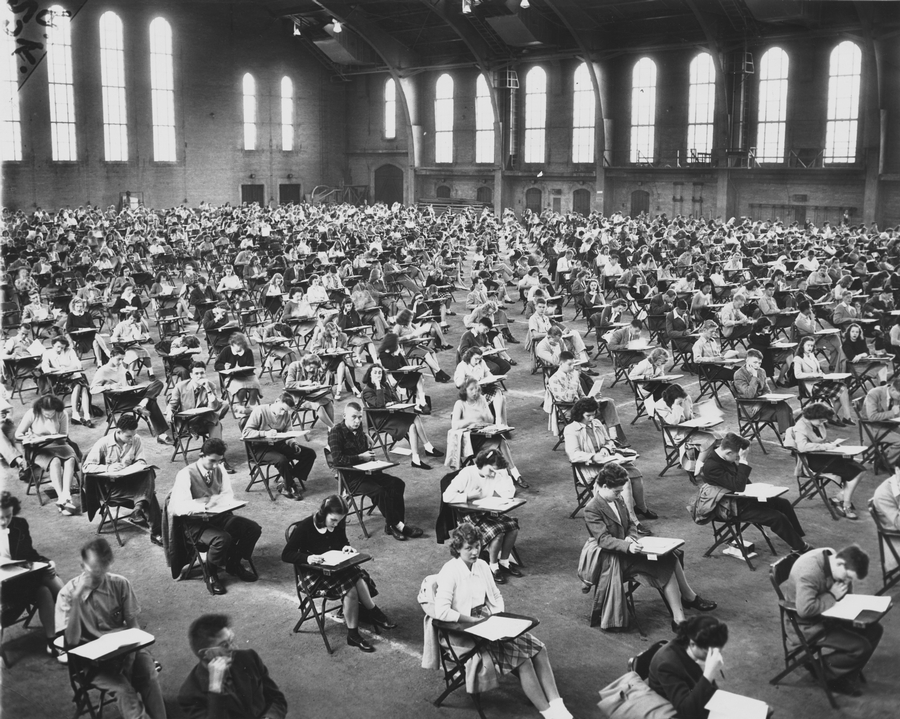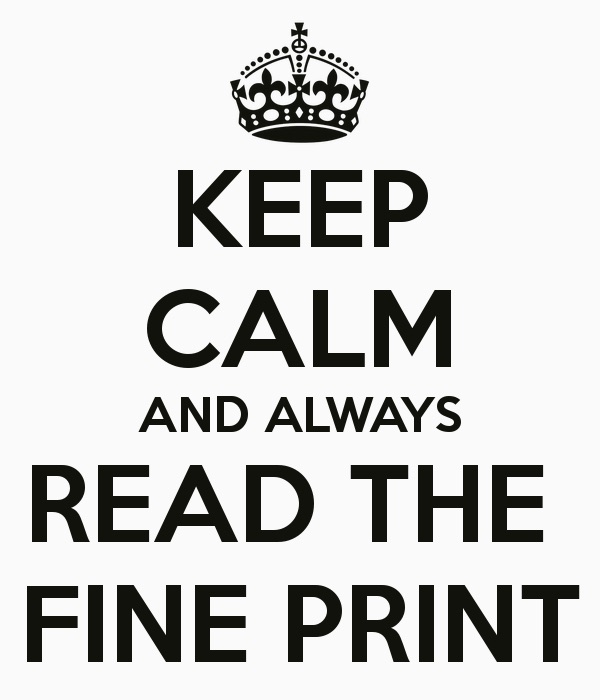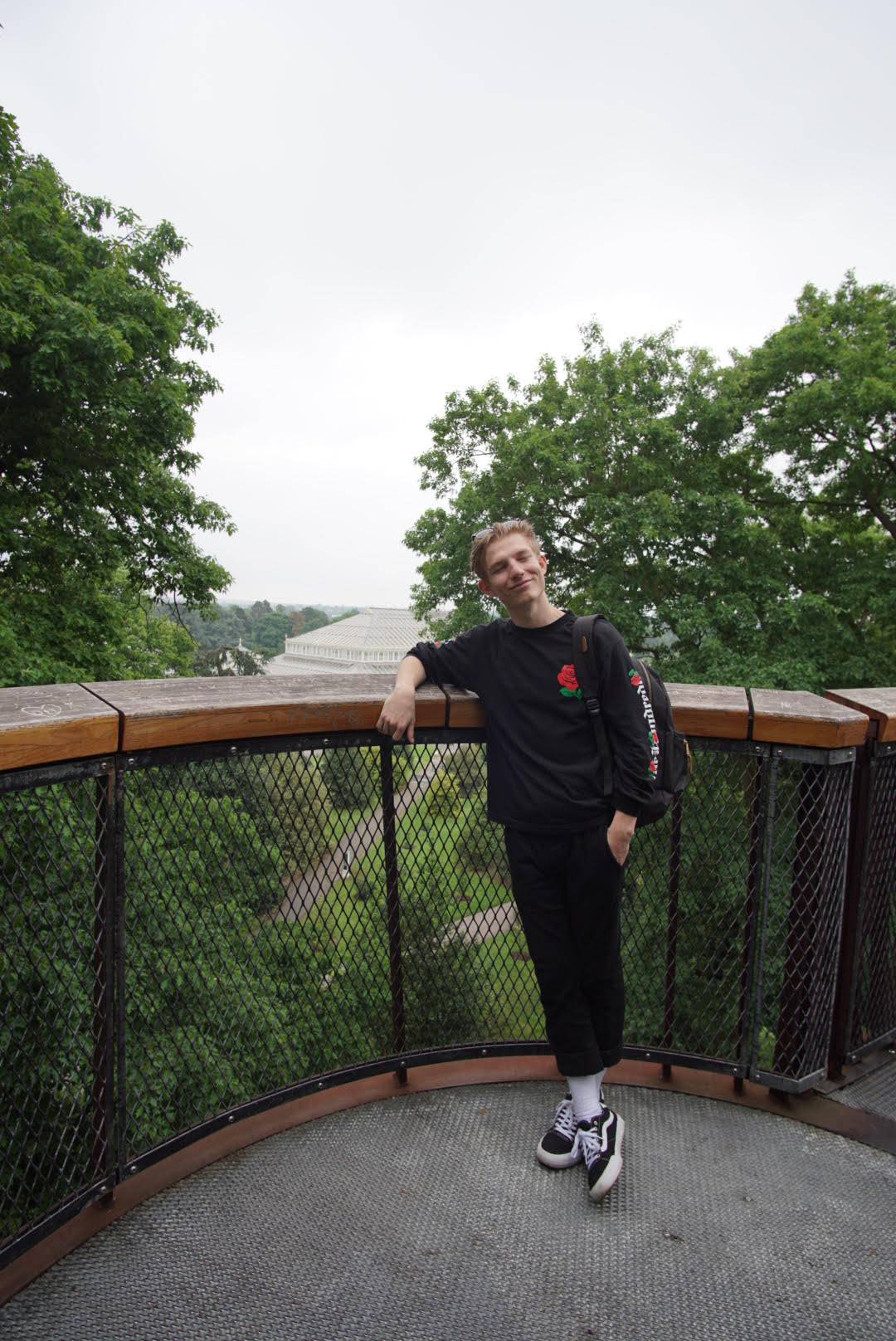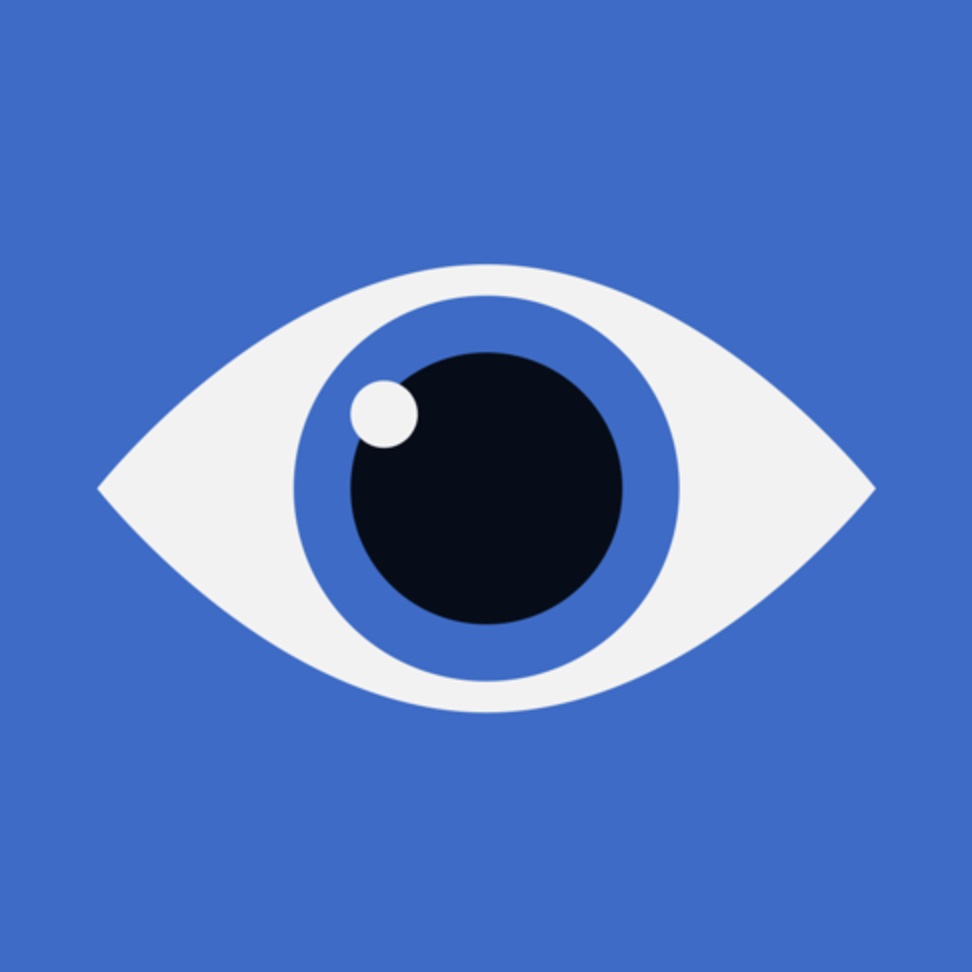
I/Eyegasm
21st Century Comics, Photography,
Cinema, and Cultural Studies
T/Th 11-12:15 GMCS 333; Professor William Nericcio
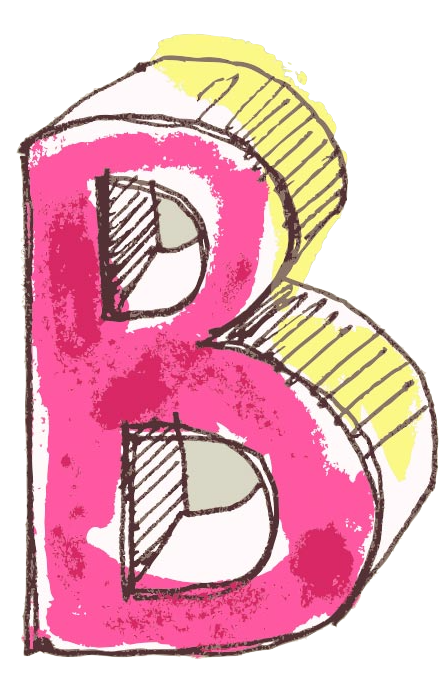 uckle
your seatbelts and order up some eye-protection
-- this is NOT your grandfather's "Comics and
History" class! Our Fall 2022 experimental comix
extravaganza will emerge out of the twisted
corridors of something called I/Eyegasm as we
explore
uckle
your seatbelts and order up some eye-protection
-- this is NOT your grandfather's "Comics and
History" class! Our Fall 2022 experimental comix
extravaganza will emerge out of the twisted
corridors of something called I/Eyegasm as we
explore 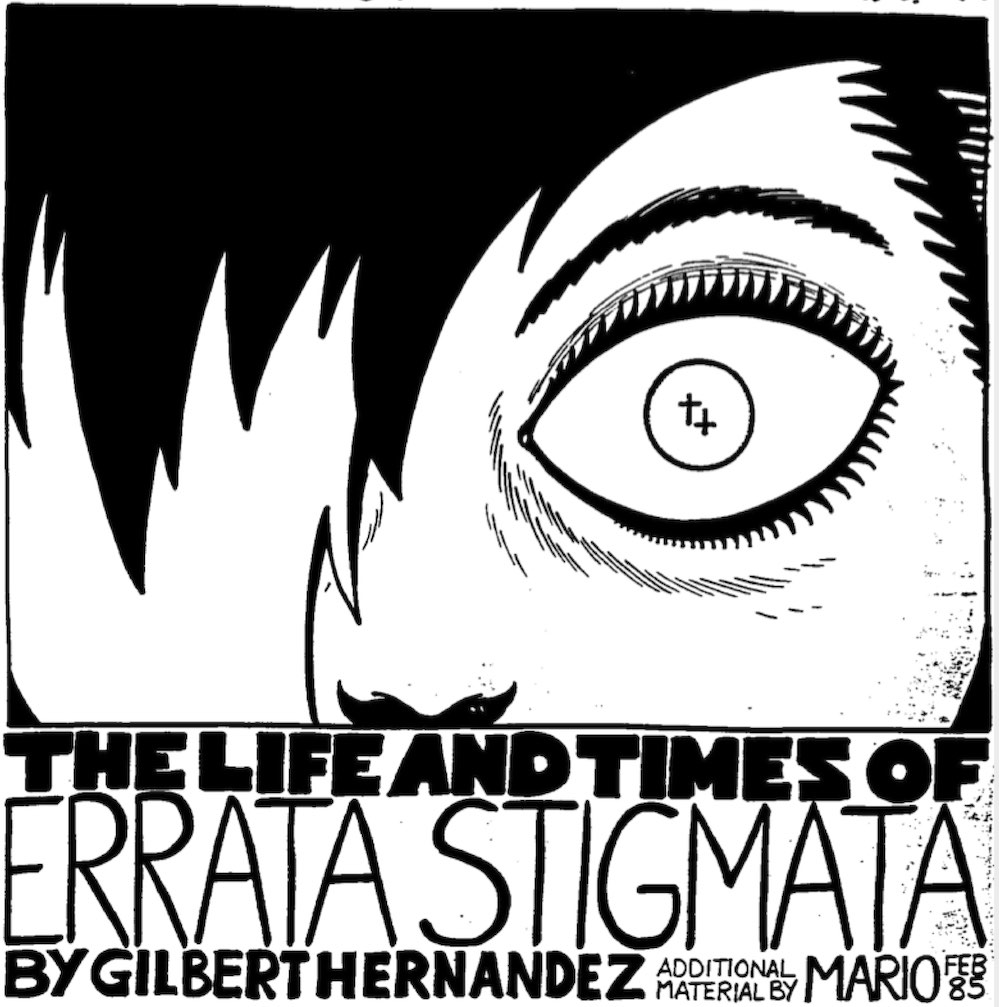 the deliciously
and outrageously twisted psyches, minds, and
visions of outrageous women and men in some of
the most exotic and eye-opening comix, film,
sequential art, photography, and cultural
analysis this side of the planet. Our focus
(pardon the pun) will be both the "I" and the
"Eye"-"I," the name we give to our complex
consciousness and "Eye," the name of the organ
that dominates us in the digital age. Between
Instagram, Snapchat, TikTok, and more, our eyes
have never been more saturated, never more
filled with stimulus.
the deliciously
and outrageously twisted psyches, minds, and
visions of outrageous women and men in some of
the most exotic and eye-opening comix, film,
sequential art, photography, and cultural
analysis this side of the planet. Our focus
(pardon the pun) will be both the "I" and the
"Eye"-"I," the name we give to our complex
consciousness and "Eye," the name of the organ
that dominates us in the digital age. Between
Instagram, Snapchat, TikTok, and more, our eyes
have never been more saturated, never more
filled with stimulus.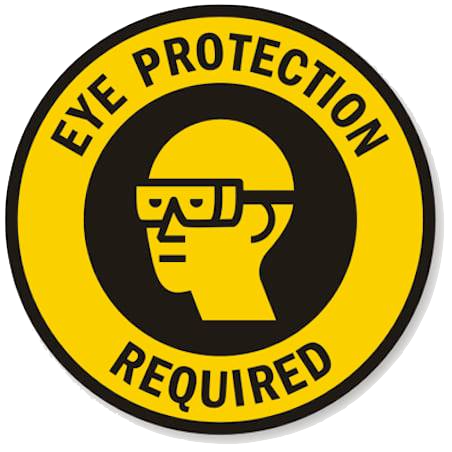
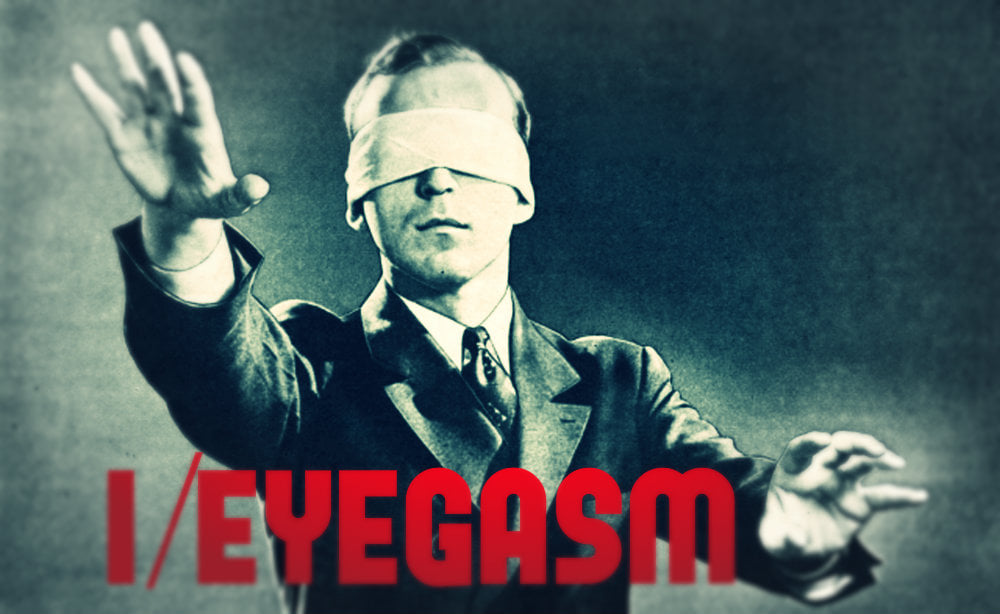
Our class will both study and (even possibly) reinforce our shared 21st century electro existential experiences where the
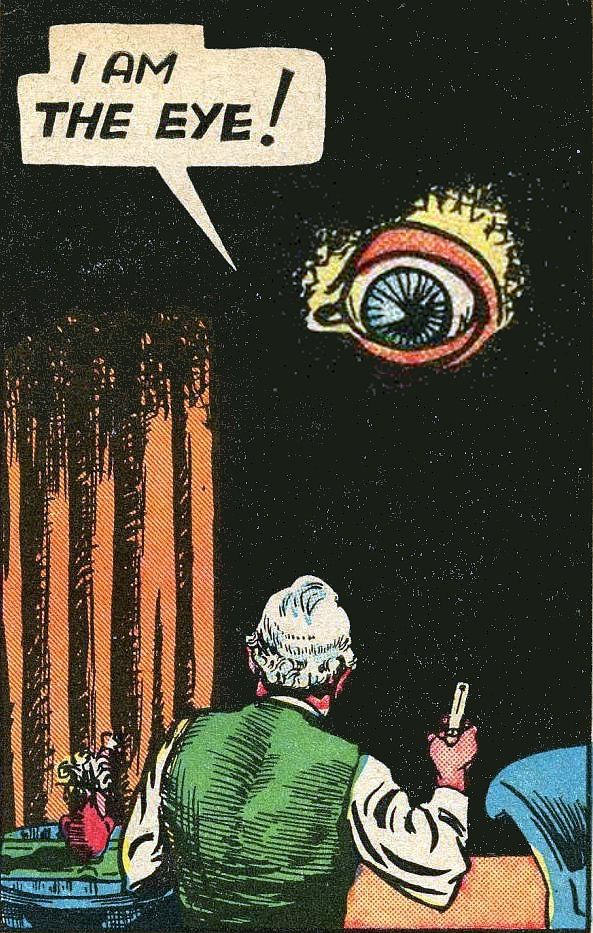 mesh
of
our minds with computer screens, smartphones,
and television screens comes to saturate our
consciousness. The books and movies and pictures
and videos we will experience this term will
open our eyes to brave new worlds. But these
works are not without their tricks, not without
their surprises, and the fractured souls they
flaunt before our eyes will test our intellect,
imagination, and, most deeply, our
emotions--they may even tattoo our psyche! Works
to include artist/authors like Art Spiegelman,
Gilbert Hernandez, Emil Ferris, Robert Crumb,
Marjane Satrapi and more. Open to all majors and
minors with no prior expertise with comics or
literature anticipated or expected.
mesh
of
our minds with computer screens, smartphones,
and television screens comes to saturate our
consciousness. The books and movies and pictures
and videos we will experience this term will
open our eyes to brave new worlds. But these
works are not without their tricks, not without
their surprises, and the fractured souls they
flaunt before our eyes will test our intellect,
imagination, and, most deeply, our
emotions--they may even tattoo our psyche! Works
to include artist/authors like Art Spiegelman,
Gilbert Hernandez, Emil Ferris, Robert Crumb,
Marjane Satrapi and more. Open to all majors and
minors with no prior expertise with comics or
literature anticipated or expected.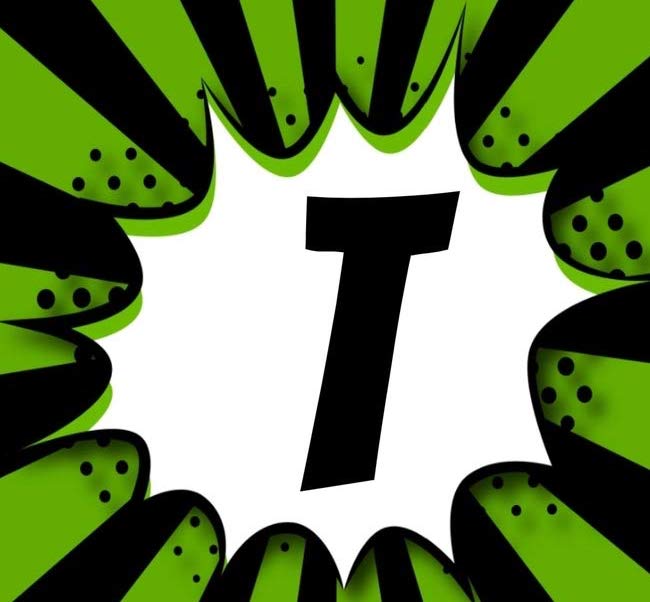 his is a university-level
course in comics, literature, film, art, and the
internet--as it is thematically focused on issues of
representation, subjectivity, psychology, and sexuality,
it should not come as a shock that students in the class
may, from time to time, encounter characters, ideas,
situations, images, language, and scenarios that make
them uneasy.
his is a university-level
course in comics, literature, film, art, and the
internet--as it is thematically focused on issues of
representation, subjectivity, psychology, and sexuality,
it should not come as a shock that students in the class
may, from time to time, encounter characters, ideas,
situations, images, language, and scenarios that make
them uneasy. WELCOME TO THE UNIVERSITY! The antithesis of a place of worship, the flipside of a space dedicated to faith and belief, the university is a site of questioning--a sacred space of critical thinking, skepticism, cynicism and irony. So open your eyes, jump-start your mind, and prepare to enter the choppy corridors of the always already evolving world of comics and history.
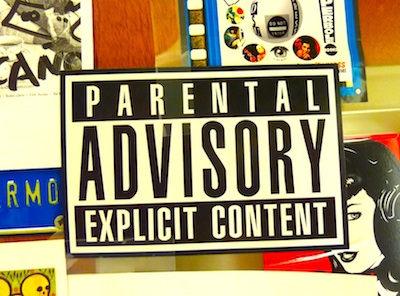
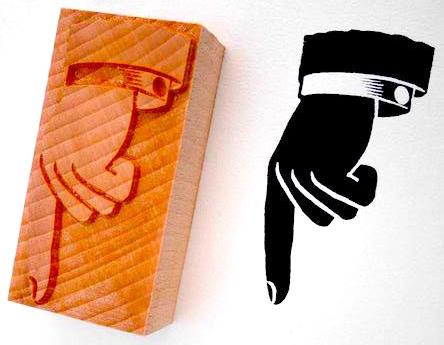
THE BOOKS APPEAR IN ROUGHLY THE ORDER WE WILL BE READING THEM IN CLASS DURING THE SEMESTER...
Click each cover below the Aztec Shops Link to see the correct print edition of all the books we are studying together this semester! Should you buy print editions or digital editions -- the University may well recommend that you go the digital route.What about pirated pdfs? In the digital age, anything goes. Bottom line? You are welcome to pursue what you see fit, but, despite the expense, nothing beats working with the best, printed edition of the book. Last question: should you rent or buy? That is up to you! But remember, your personal bookshelf is like a mirror of the journey of your psyche--a snapshot of the evolution of your imagination.
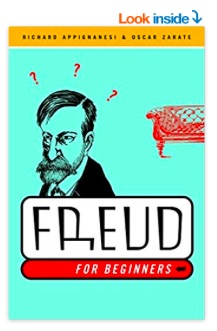 |
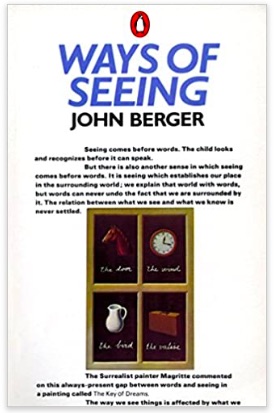 |
 |
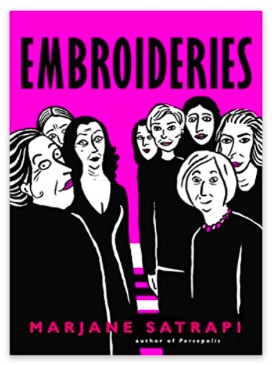 |
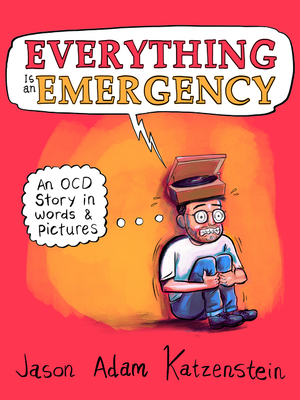 |
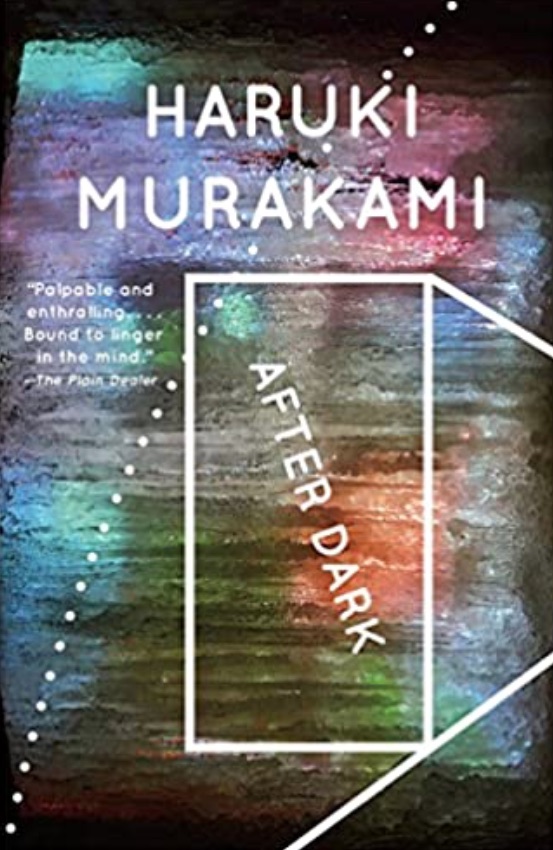 |
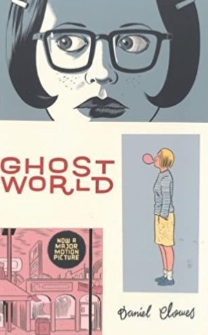 |
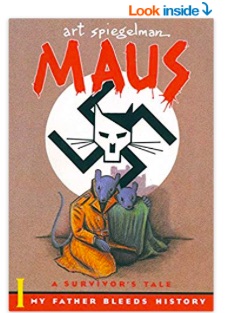 |
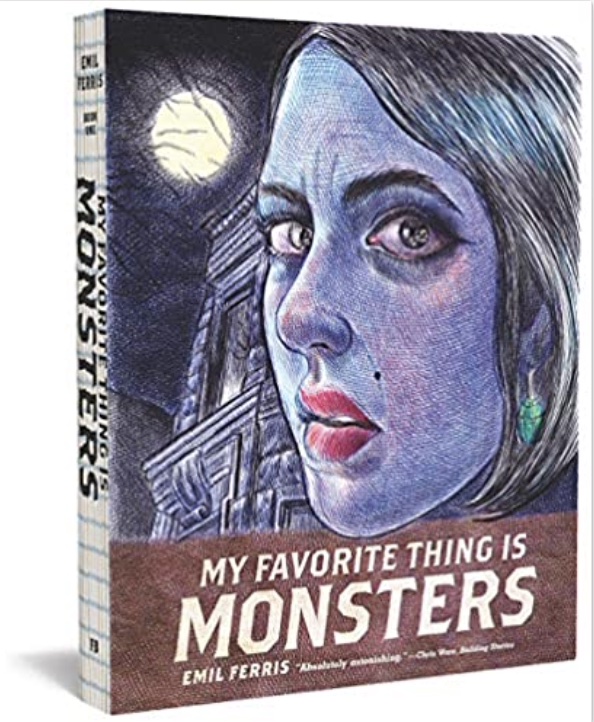 |
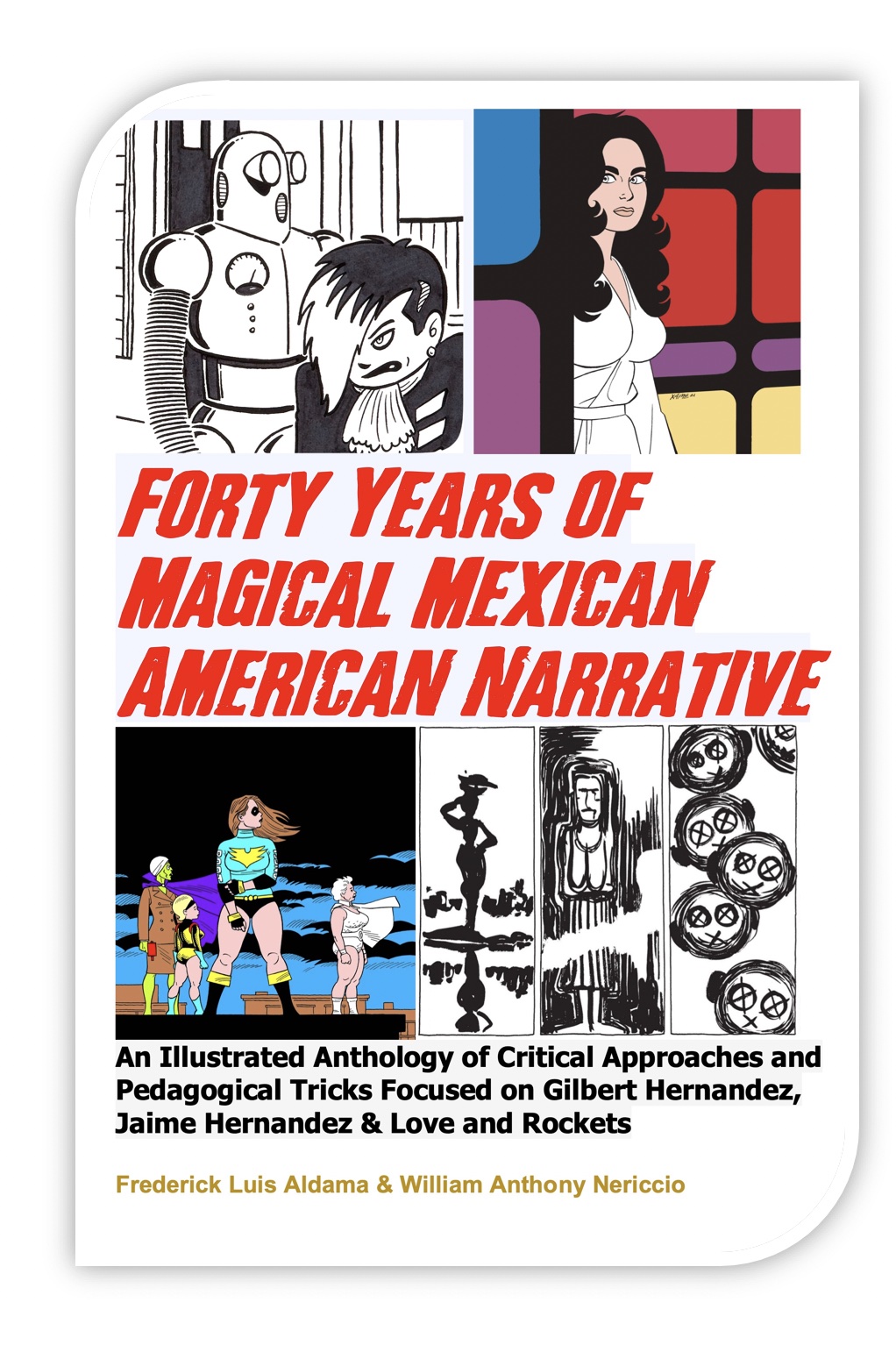 Coming soon--book probably available in late October. |
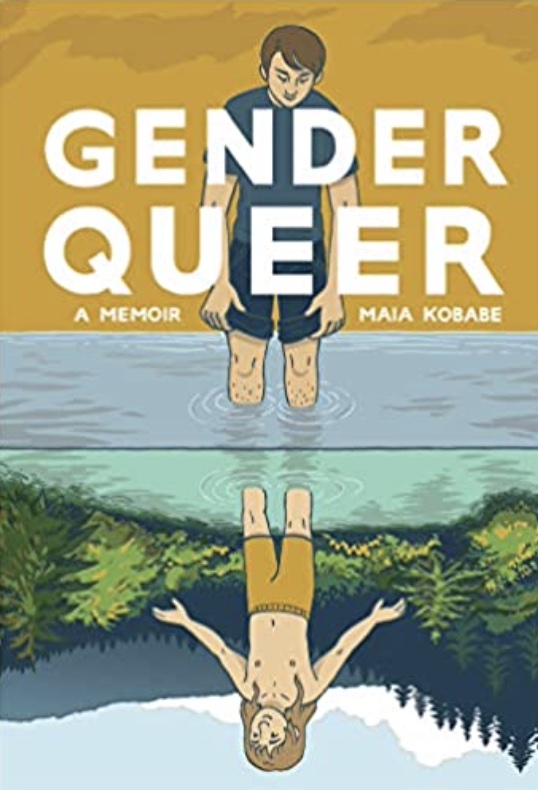 |
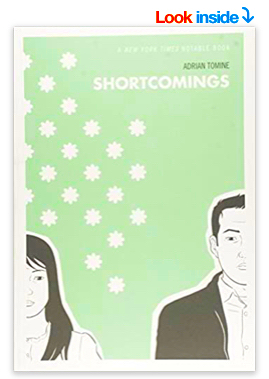 |
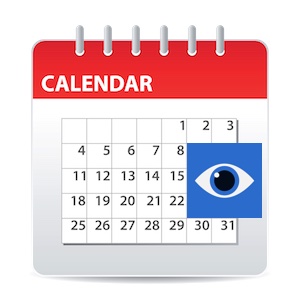 Day to Day
Calendar
Day to Day
Calendar of Nifty Assignments
| Tuesday
August 23, 2022 |
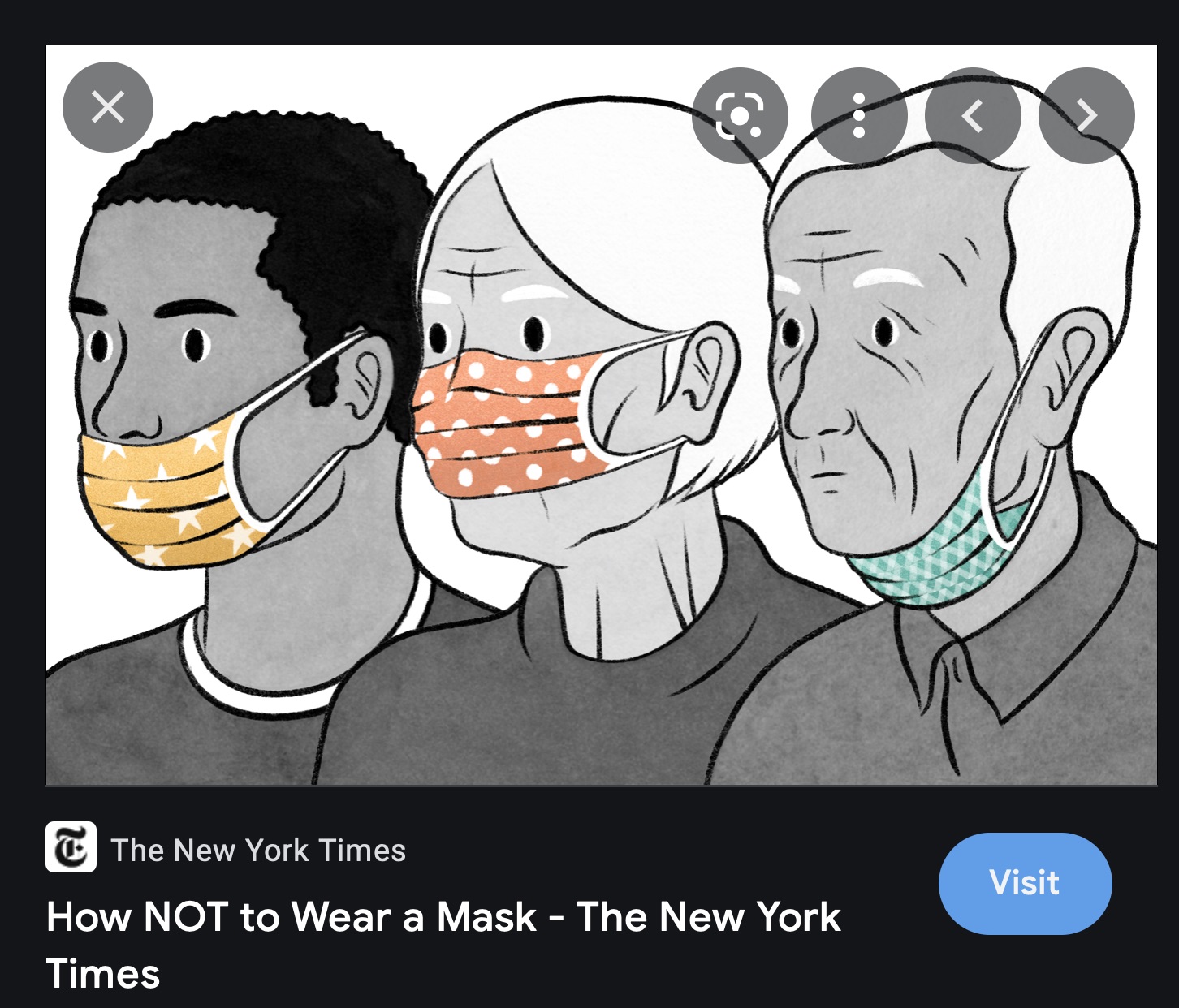 First
Day of Class! Oh my god! Is there a world
after Covid?
Apparently there is
as the suits at SDSU have decided to squeeze
275 of us into a 300 seat auditorium, GMCS
333--otherwise known as our one and only #eyegasm22 mothership!
Seriously, however, we will act with due
diligence and care for our fellow students
and professor, wearing our masks so as to
ensure the well-being of our virus-loathing
citizen/students of this awesome class! First
Day of Class! Oh my god! Is there a world
after Covid?
Apparently there is
as the suits at SDSU have decided to squeeze
275 of us into a 300 seat auditorium, GMCS
333--otherwise known as our one and only #eyegasm22 mothership!
Seriously, however, we will act with due
diligence and care for our fellow students
and professor, wearing our masks so as to
ensure the well-being of our virus-loathing
citizen/students of this awesome class!  How should
you prepare for the first class? ... Enter
the room having read the first 90 or so
pages of Richard Appignanesi (writer) and
Oscar Zarate (illustrator/image curator)
amazing collaborative book project: FREUD
FOR BEGINNERS. "90 pages!!!!--are you
crazy, Professor Nericcio.?" How should
you prepare for the first class? ... Enter
the room having read the first 90 or so
pages of Richard Appignanesi (writer) and
Oscar Zarate (illustrator/image curator)
amazing collaborative book project: FREUD
FOR BEGINNERS. "90 pages!!!!--are you
crazy, Professor Nericcio.?" No, not crazy, but a tad ambitious. But not to worry, this dazzling, outrageous, book is mostly pictures -- and rather detailed, salacious pictures at that. We begin with this collaborative tome (Appignanesi, author; Zarate, illustrator; Freud, subject) owing to the magnificent vocabulary Sigmund "Father of Psychoanalysis" Freud gives us for understanding the inner workings of the human psyche! 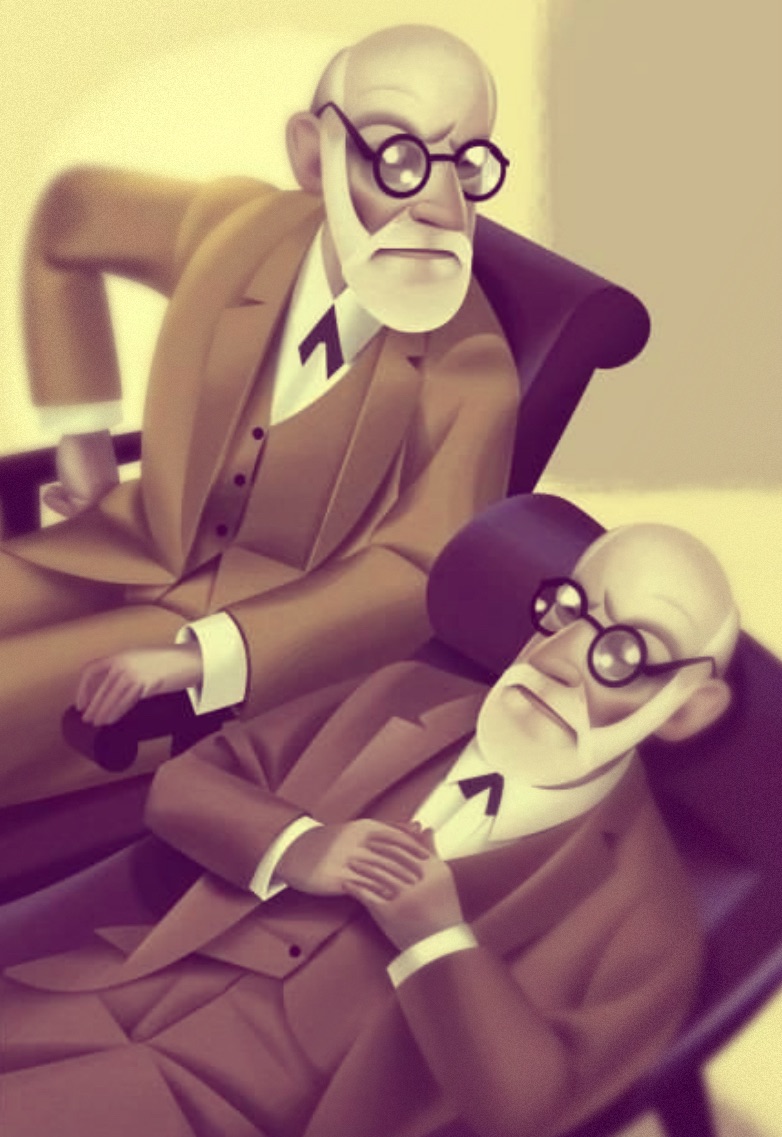 And
especially the vocabulary he gave us for
those technicolor motion pictures that
explode in our head every night called
DREAMS. If there is anything that comics
replicate in the wild it is dreams, and
prowling Freud's notions on the same will
give us a leg up throughout the semester! And
especially the vocabulary he gave us for
those technicolor motion pictures that
explode in our head every night called
DREAMS. If there is anything that comics
replicate in the wild it is dreams, and
prowling Freud's notions on the same will
give us a leg up throughout the semester!Whether you have been brought up to love or loathe Siggy Freud, you can't deny the fact his theories and terminology infected all subsequent generations of Western thinkers since the turn of the last century. As such, we'd be remiss (and ignorant) to dismiss our Viennese physician (a trained neurosurgeon in addition to being a psychoanalyst). 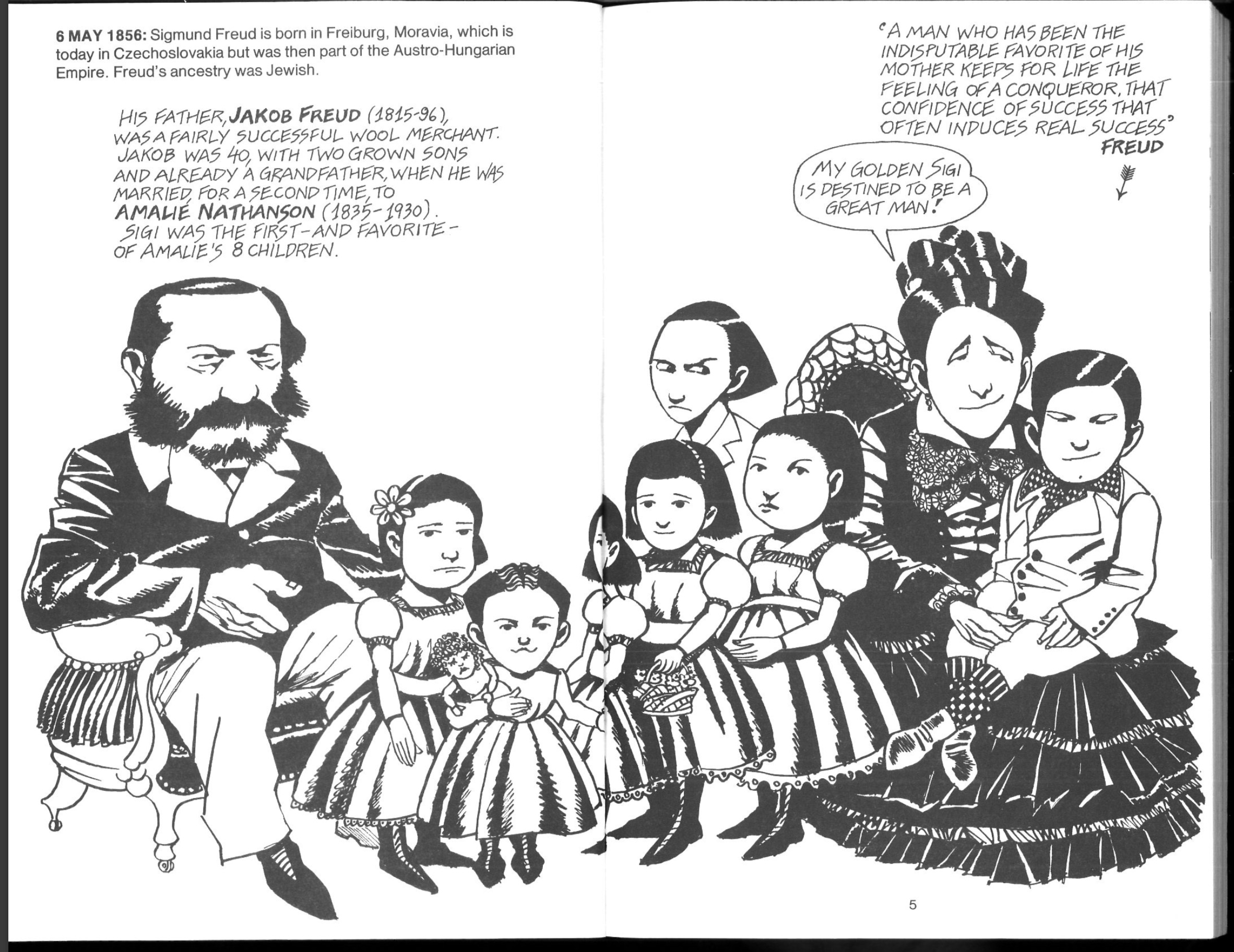 Here's
a preview, opposite, of one graphic that
will be featured in our first lecture. Click
and study the image below. First, consider
the story being told about old
Siggy Freud (and, for good
measure, youngish
Sigmund; and, one more, Freud,
with two of his sons, around the time
of WWI). Next, think about what the
cartoonist and illustrator, Oscar Zarate,
reveals to us from under the surface, as it
were, regarding the tensions and rivalries
afoot in the Freud family nest! Here's
a preview, opposite, of one graphic that
will be featured in our first lecture. Click
and study the image below. First, consider
the story being told about old
Siggy Freud (and, for good
measure, youngish
Sigmund; and, one more, Freud,
with two of his sons, around the time
of WWI). Next, think about what the
cartoonist and illustrator, Oscar Zarate,
reveals to us from under the surface, as it
were, regarding the tensions and rivalries
afoot in the Freud family nest!Time permitting, we will also watch a short animated classic film! Actually, it was an experimental project made by two undergraduates like you (Jon Klassen and Daniel Rodrigues) who went on to fame and fortune. It's called AN EYE FOR ANNAI (2005). More on Klassen here. |
| Thursday
| August 25, 2022 |
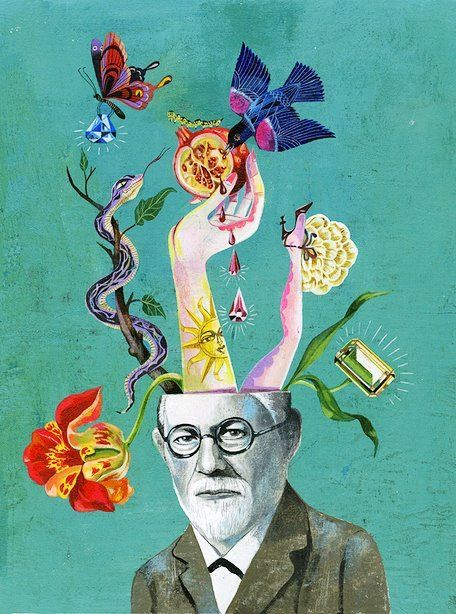 It's
only the 2nd day of class ... and guess
what! You've finished reading a book as
you enter GMCS 333 having completed your
reading of Oscar Zarate's and Richard
Appignanesi's FREUD FOR BEGINNERS. Kiss
your brains for being the rock star
undergraduate that you are ... (not coming
to class with the assignment complete,
kick yourself in the existential backside
for being a slacker!). It's
only the 2nd day of class ... and guess
what! You've finished reading a book as
you enter GMCS 333 having completed your
reading of Oscar Zarate's and Richard
Appignanesi's FREUD FOR BEGINNERS. Kiss
your brains for being the rock star
undergraduate that you are ... (not coming
to class with the assignment complete,
kick yourself in the existential backside
for being a slacker!).As you read, think about dynamic connections you might draw between what you are reading and seeing and what you yourself have experienced recently. I don't know about you, but the Covid plague has been wreaking havoc on my unconscious, filling my dreams with fantastic visions and outrageous situations. Additionally, as you read, I also want you to watch the text, as this strange book is actually at least two books at once! The first is obvious: Richard Appignanesi, the writer and intellectual historian glossing key concepts and events from the life of Freud and the history of Psychoanalysis. But there is also another book: Oscar Zarate's drawn rendition of Freud's life and history, but, also, Zarate's keen, savvy curation of engravings and drawings and photographs from the late 19nth century and early 20th century. What might, on the surface, appear to be an illustrator playing with nasty pictures, is also, on further observation, a critical operation, where a cartoonist and visual arts curator attempts to reveal the tricky, complex relationship between images and our psyche, between pictures and our imagination. All of this, of course, will help us better understand the dynamics of sequential art, of graphic narrative, of .... COMICS! click to
enlarge
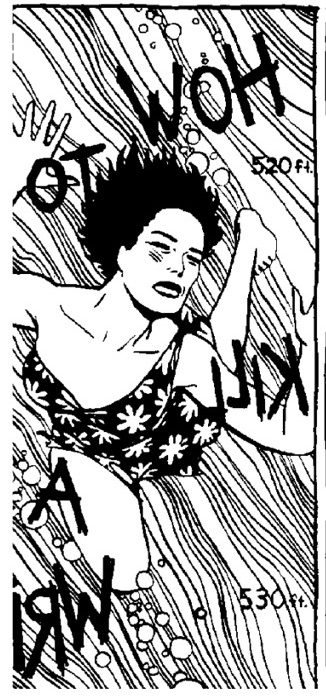 If
you enjoy the reading, try to apply what
you read to this
short story by Jaime Hernandez, of
LOVE AND ROCKETS fame. If you don't
enjoy the reading, I hear you -- read it
anyway, like vitamins reading about
Freud will dynamically improve your
ability to read beneath the surface in
ways that will come to surprise you! If
you enjoy the reading, try to apply what
you read to this
short story by Jaime Hernandez, of
LOVE AND ROCKETS fame. If you don't
enjoy the reading, I hear you -- read it
anyway, like vitamins reading about
Freud will dynamically improve your
ability to read beneath the surface in
ways that will come to surprise you! |
| Tuesday
| August 30, 2022 |
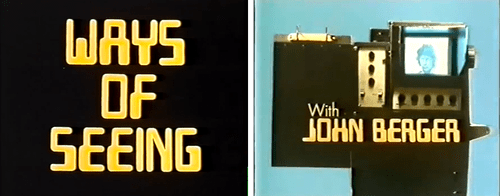 It's a beautiful morning--you're whistling a happy tune as you trundle into GMCS 333, the #eyegasm22 mothership, and join me and your TAs, Luis and Matt, and your fellow classmates at 11am sharp. But what have you done before you happily jog into GMCS 333? You've read the first 112 pages of John Berger, et al's WAYS OF SEEING, and you've brought the book to class with you on the off chance we have an in-class writing assignment.  I can hear it all ready from
the cheap seats... "That's too much reading,
Professor." I can hear it all ready from
the cheap seats... "That's too much reading,
Professor." Relax! A couple of the chapters are pure pictures and the pages turn at a fast clip as Berger and his gang of merry men and women, cultural studies warriors all, treat you to a dissection of the history of the development of art as an institution. As you read, think about the confusing title of this class--I/Eyegasm!? Use Berger's chapters as a kind of key to figure out the various meanings built into the title of this class. After all, what is WAYS OF SEEING doing on a comics class reading list anyway! Here's a groovy comic map of WAYS OF SEEING by AustinKleon (@austinkleon) --as with many images on this site, click to enlarge! |
| Thursday
| September 1, 2022 |
|
It is Thursday morning at 11am and you scramble out of bed and in heady anticipation of today's discussion in GMCS 333 on John Berger's WAYS OF SEEING. You can't wait to get to class as you have finished reading Berger and company's book. Not only have you read it! You have printed out or ripped out an ad from a magazine or book or newspaper (NOT FROM THE LIBRARY!) and you have brought it with you to class. What for!? That's for me to know and you to find out! Our discussion will be kind of schizophrenic in that we will be discussing both the televisual documentary WAYS OF SEEING and the book WAYS OF SEEING. 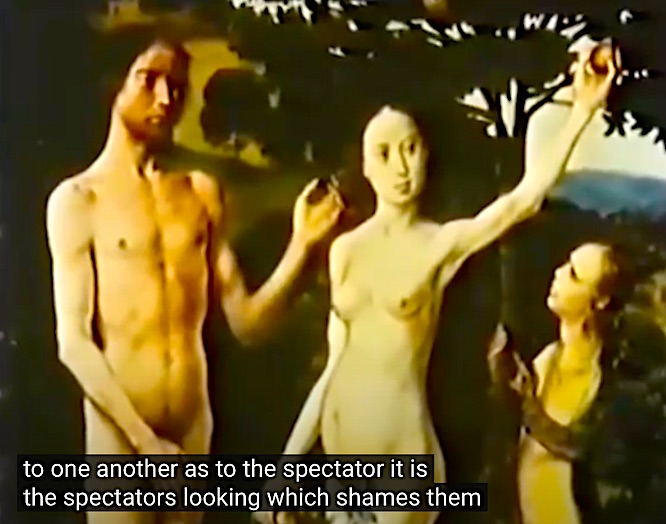 The episode, Ways of Seeing #2, was originally broadcast on January 15, 1972 on the UK's BBC -- that's almost 50 years old, so, of course, to your eyes, Berger's tele-documentary may seem dated -- the video quality and editing style anachronistic if not medieval. But try to get past all that and think about the writing, filming, and editing that went into this singular production. Also, turn on the closed-captioned subtitles as, for the uninitiated, British English can be as puzzling as ancient Greek. |
| Tuesday
| September 6, 2022 |
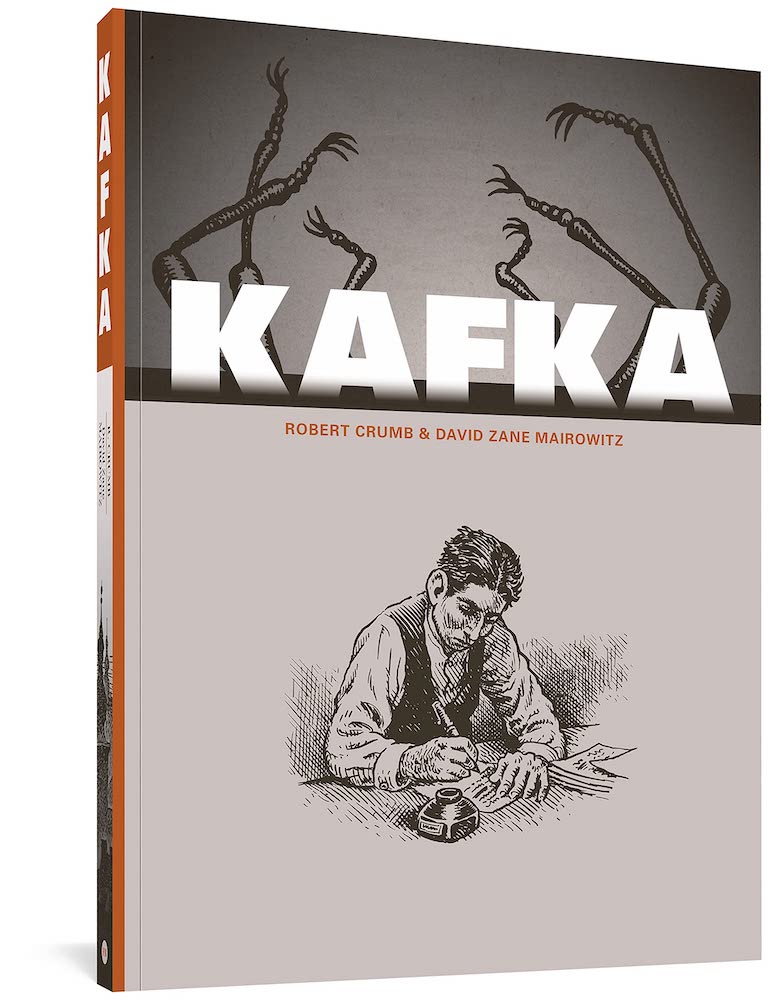 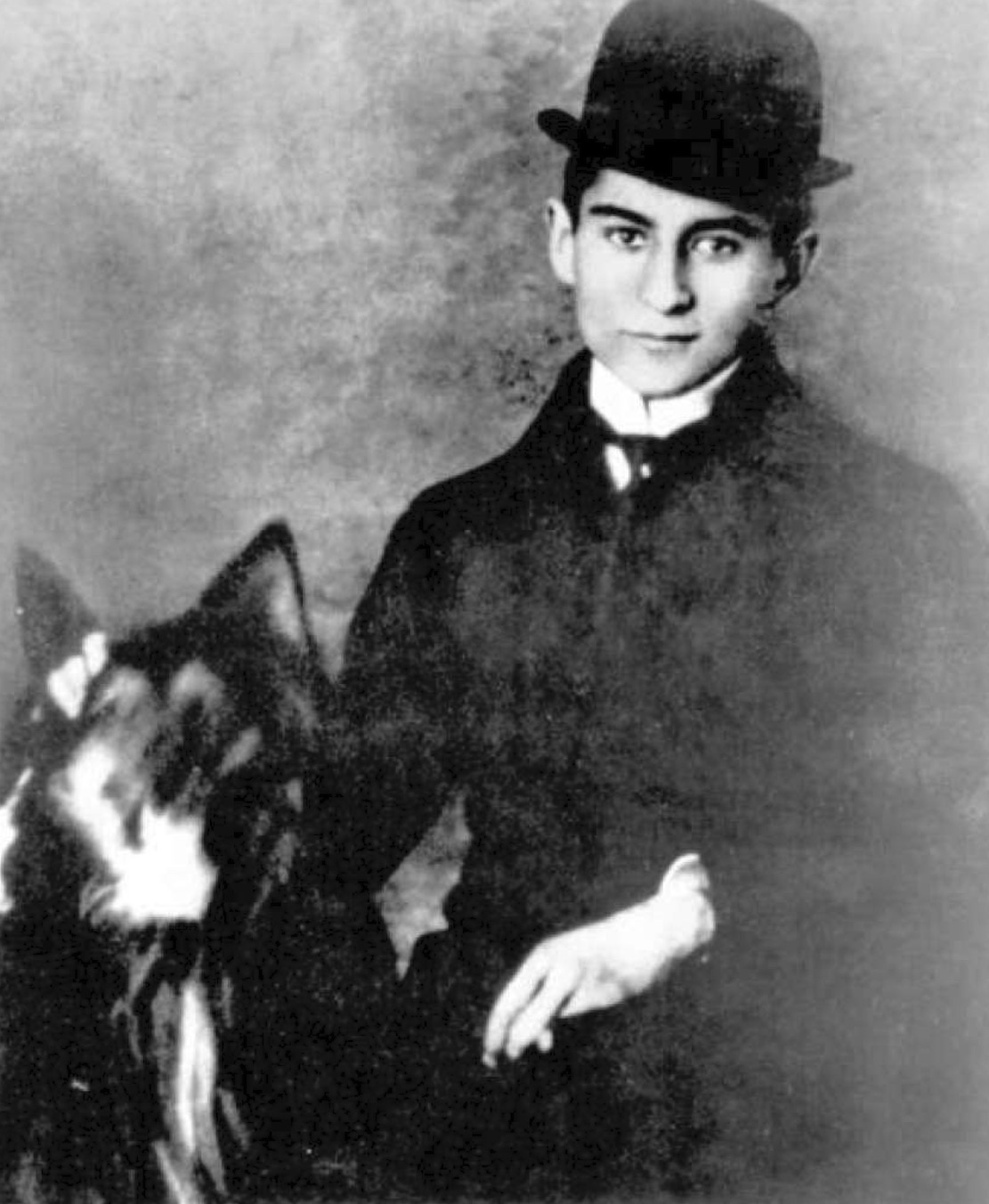 |
| Thursday
| September 8, 2022 |
|
Before
you walk into the room, you finish reading
Mairowitz and Crumb's treatise on the life and
times of Europe's most famous neurotic, Franz
Kafka. As you read, consider the differences
between this book, Berger et al's project, and
Zarate & Appignanesi's opus! How are they
similar? How are they different -- and what do
you know now about the relationship between
words and images, about the reverberating
eyegasm, that you did not imagine three weeks
ago? As a sidenote, here's a brief treat -- a two-page autobiographical tale of record-collecting by Robert Crumb. Compare and contrast Kafka and Crumb's approach to storytelling! |
| Tuesday
| September 13, 2022 |
|
Over the weekend you have made time to party, rest, work, and read! What have you read? Marjane Satrapi's EMBROIDERIES ... it is a short, intimate book, that weaves you into the secret world of women. Here you will not find the objectified victims featured in Berger's WAYS OF SEEING. |
| Thursday
| September 15, 2022 |
| Tuesday
| September 20, 2022 |
Did you miss the class!? I hope you did -- I am hoping as well that you took the time to catch up on your reading and re-reading of the first four books of the class. Now we are back, raring to go, as we enter the classroom having read the first 131 pages of EVERYTHING IS AN EMERGENCY by Jason Adam Katzenstein. Every semester I love assigning a book I have never taught before (indeed, a book I have never read before) because it puts us literally on the same page -- we are all rank amateurs! No one in the room is an expert, we are all just folks who have read the same thing. Now while I am a fan of J.A.K's work from The New Yorker, I have not read this book, which is a sort of memoir -- or is it his diary (if so, what are we doing looking at it?). Something about the intimacy of drawing makes you feel as if you are in the skin of the artist themselves! Yet another thing for us to consider: is there something essentially intimate about drawings, about illustrations? 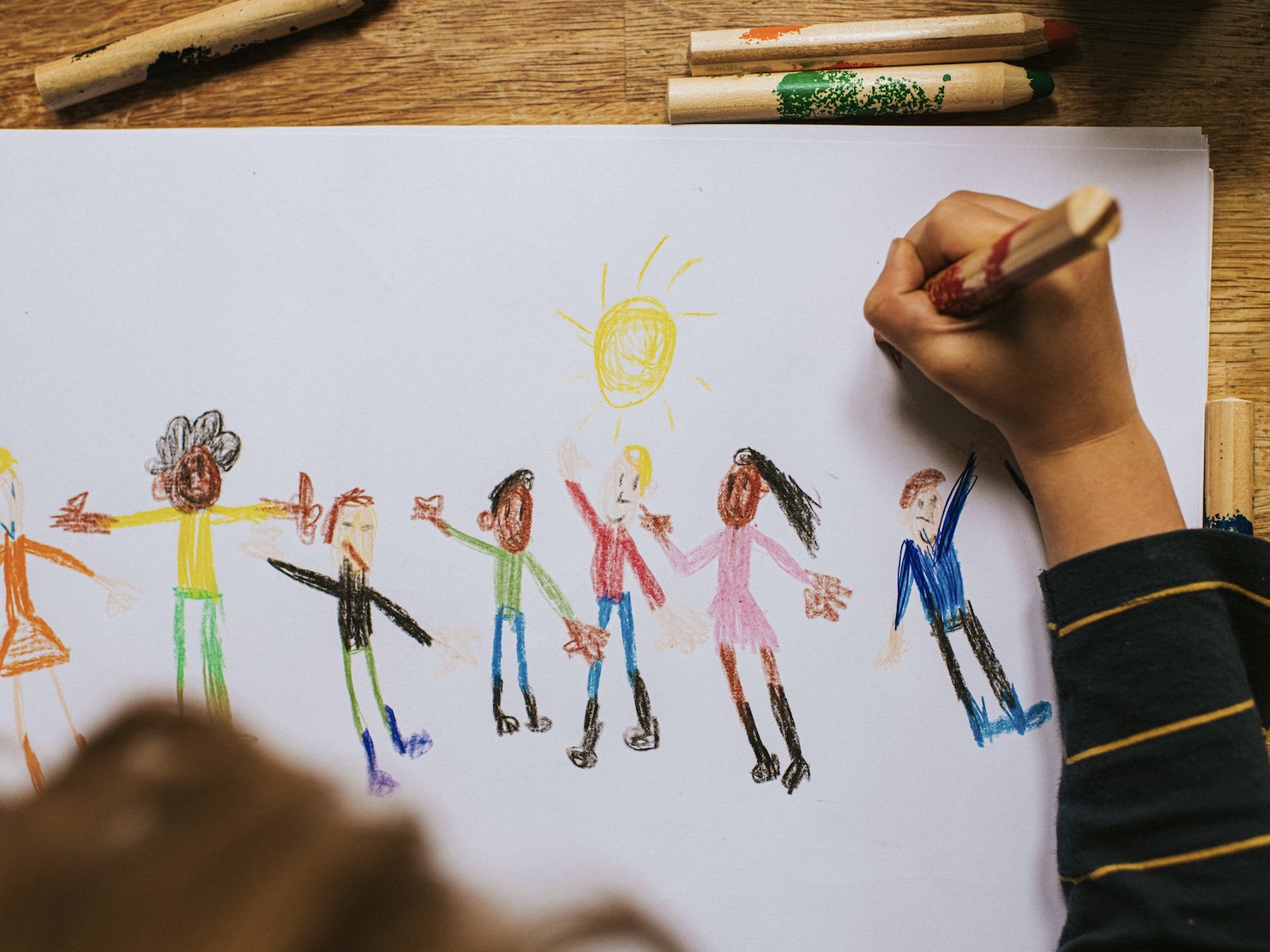 |
| Thursday
| September 22, 2022 |
|
It is a fine Thursday morning and
you pile into GMCS 333 having finished
reading J.A.K.'s EVERYTHING IS AN EMERGENCY.
This is very much a 21st century narrative,
with a keen, contemporary feel, but we are
in a position, also, to evaluate J.A.K.'s
contribution to our probing of I/Eyegasm as
we were with Mairowitz on Kafka or Zarate on
Freud. Here though, there is a small
difference -- our writer AND illustrator are
one in the same and he is not telling
another person's story, he is telling his
own. How does this change or alter our hermeneutic
approach to his work; how does it impact our
semiotic
diagnosis of this deeply moving work? If you
can make the time, listen to this interview
with Katzenstein here.! |
| Tuesday | September
27, 2022 |
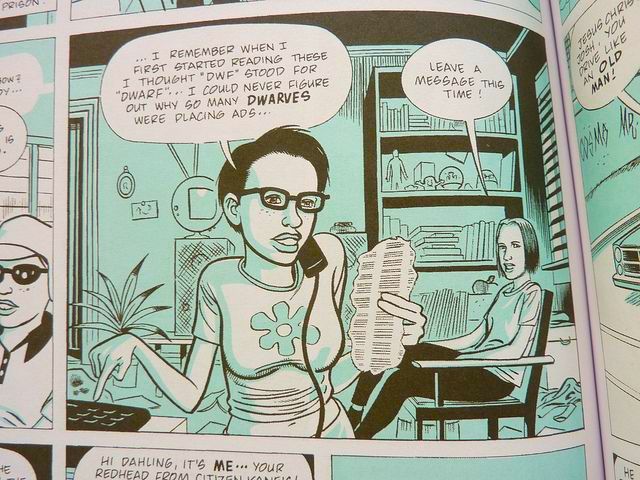 You walk into class proud of yourself--you've read the first half of Dan Clowes's GHOST WORLD for today! In class we will work to see how Clowes's meditations on our American I/Eyegasms, his 21st century re-invention of the American Grotesque, touch/reshape our imaginations. Or is it possible that our old friends Kafka and Freud will be of more use to us as we peruse Clowes's gnarly labyrinths! Be sure to come to class with a Xeroxed (photocopied) panel printed out that you want to do a close reading of for the class as we prepare for our first episode of "You're the Professor." 7
|
| Thursday | September
29, 2022 |
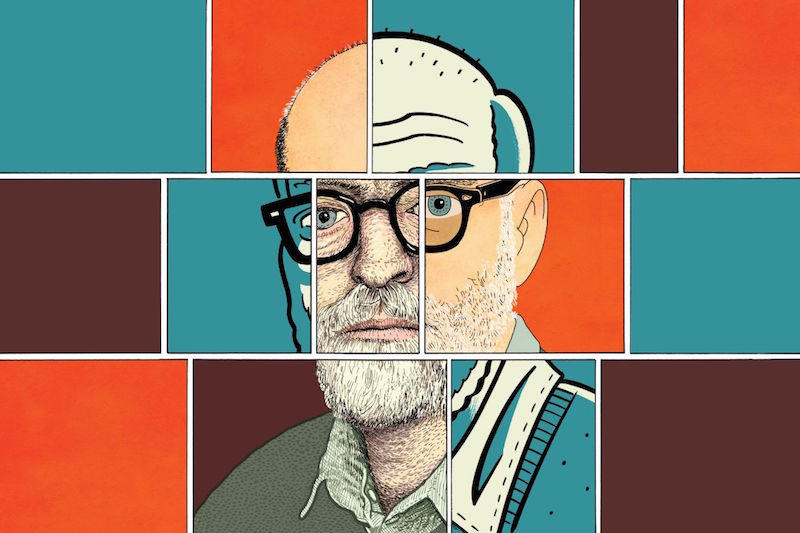 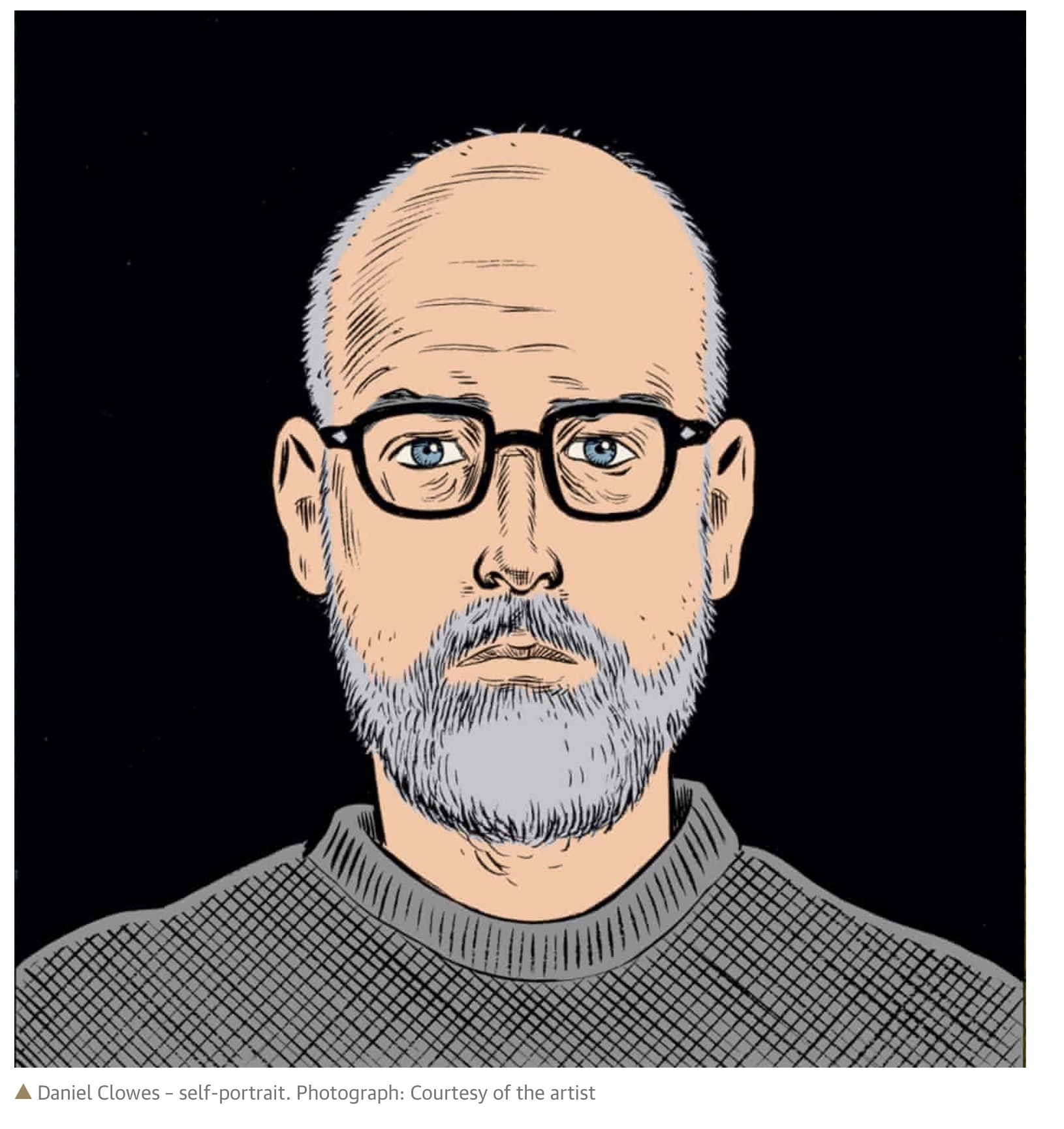 It is a
brilliant fall day and you bounce into
GMCS 333 having completed your reading
of Dan Clowes's GHOST WORLD -- in
addition, for today, please carefully
read this
interview with Clowes. Class will
begin today with an exercise in critical
juxtaposition.
Bring 2 photocopied (xeroxes, printed
photographs) of key, specific,
provocative panels by Clowes -- one from
the first few pages of GHOST WORLD; one
from near the end of the book. Class
will begin with a writing assignment on
these printouts to be announced as class
opens. It is a
brilliant fall day and you bounce into
GMCS 333 having completed your reading
of Dan Clowes's GHOST WORLD -- in
addition, for today, please carefully
read this
interview with Clowes. Class will
begin today with an exercise in critical
juxtaposition.
Bring 2 photocopied (xeroxes, printed
photographs) of key, specific,
provocative panels by Clowes -- one from
the first few pages of GHOST WORLD; one
from near the end of the book. Class
will begin with a writing assignment on
these printouts to be announced as class
opens.If you really dig Clowes, you might enjoy his newer book PATIENCE -- check out a Guardian feature piece on Clowes and PATIENCE here. |
| Tuesday | October 4, 2022 |
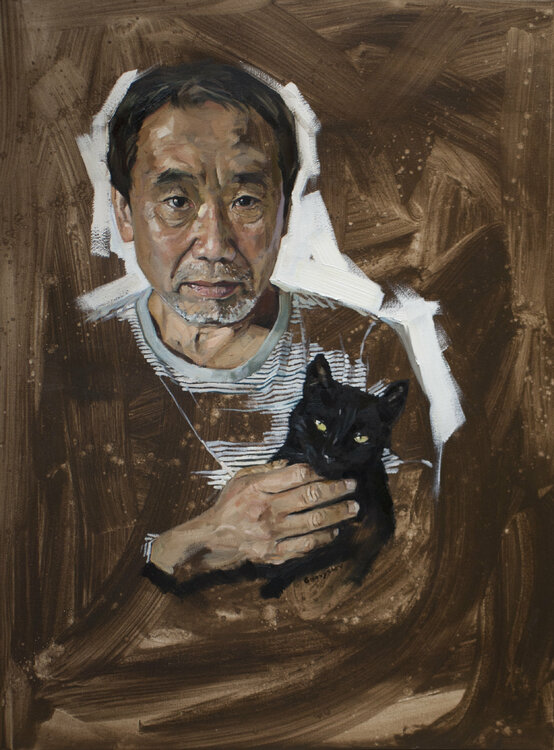  Stunned,
disturbed, moved, affected by the first 159
pages of Haruki
Murakami's AFTER DARK, you enter the
#eyegasm22 Mothership (aka GMCS 333) in
search of relief, discovery, something --
something to order your experiences of this
singularly compelling and curious piece of
fiction. Stunned,
disturbed, moved, affected by the first 159
pages of Haruki
Murakami's AFTER DARK, you enter the
#eyegasm22 Mothership (aka GMCS 333) in
search of relief, discovery, something --
something to order your experiences of this
singularly compelling and curious piece of
fiction. 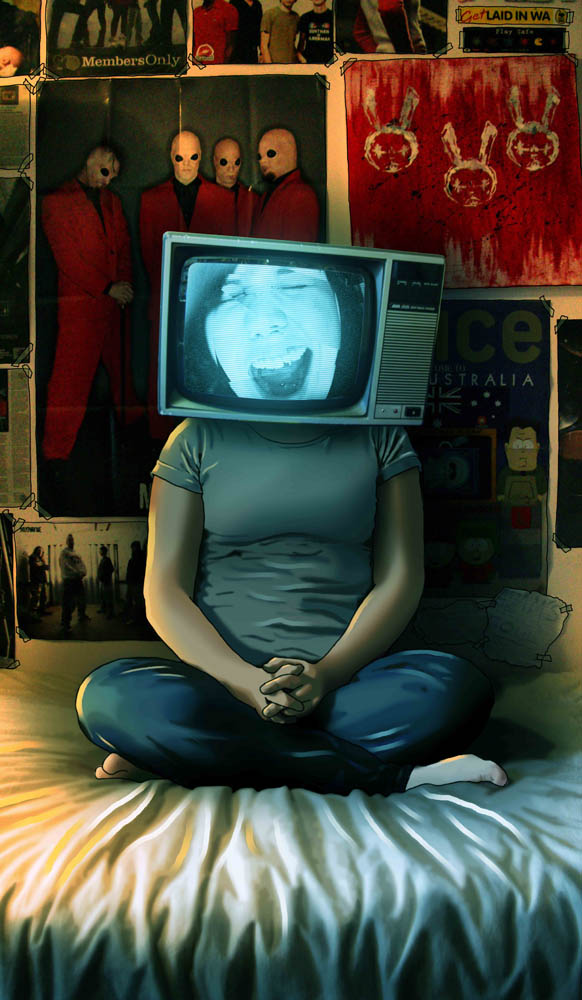 1st thing you are thinking!
Wait! Hey! This is not a comic book -- and
your hunch is correct as this is a novel, a
plain and simple, full-of-words novel. 1st thing you are thinking!
Wait! Hey! This is not a comic book -- and
your hunch is correct as this is a novel, a
plain and simple, full-of-words novel. But it IS totally devoted to the reverberating oscillations of visual culture. That is, it is a novel obsessed with movies/cinema (ALPHAVILLE is a key allusion) and features a sleeping girl who may have been absorbed, dissolved, alienated into a television. Before you start reading, do yourself a favor and watch this trailer for a film by French cinema guru Jean Luc Godard called ALPHAVILLE--you may even want to read this review of the film and watch the movie (free account with via SDSU) if you dare (not REQUIRED!). Be sure to take notes as you read, marking key passages for you to share in class. Enter the room able to complete the following sentence: "With After Dark, we find a novel composed by a singular author deeply invested in _________ his reader" -- fill the blank with your speculation regarding what Murakami's is doing to his reader!? 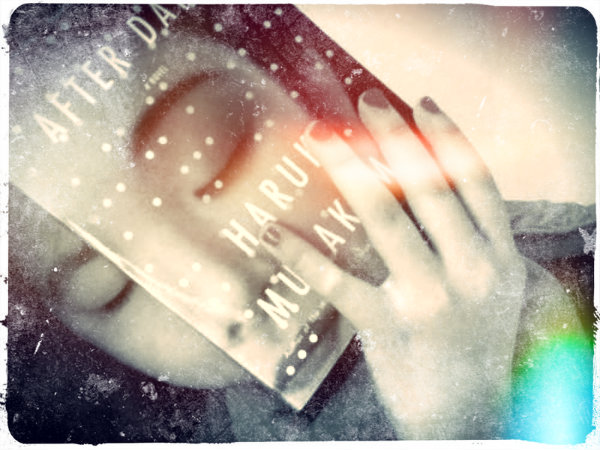 |
| Thursday | October
6, 2022 |
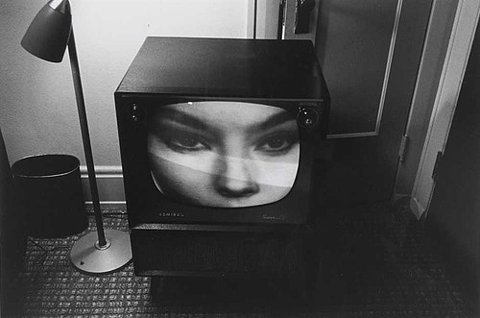  |
| Tuesday | October
11, 2022 |
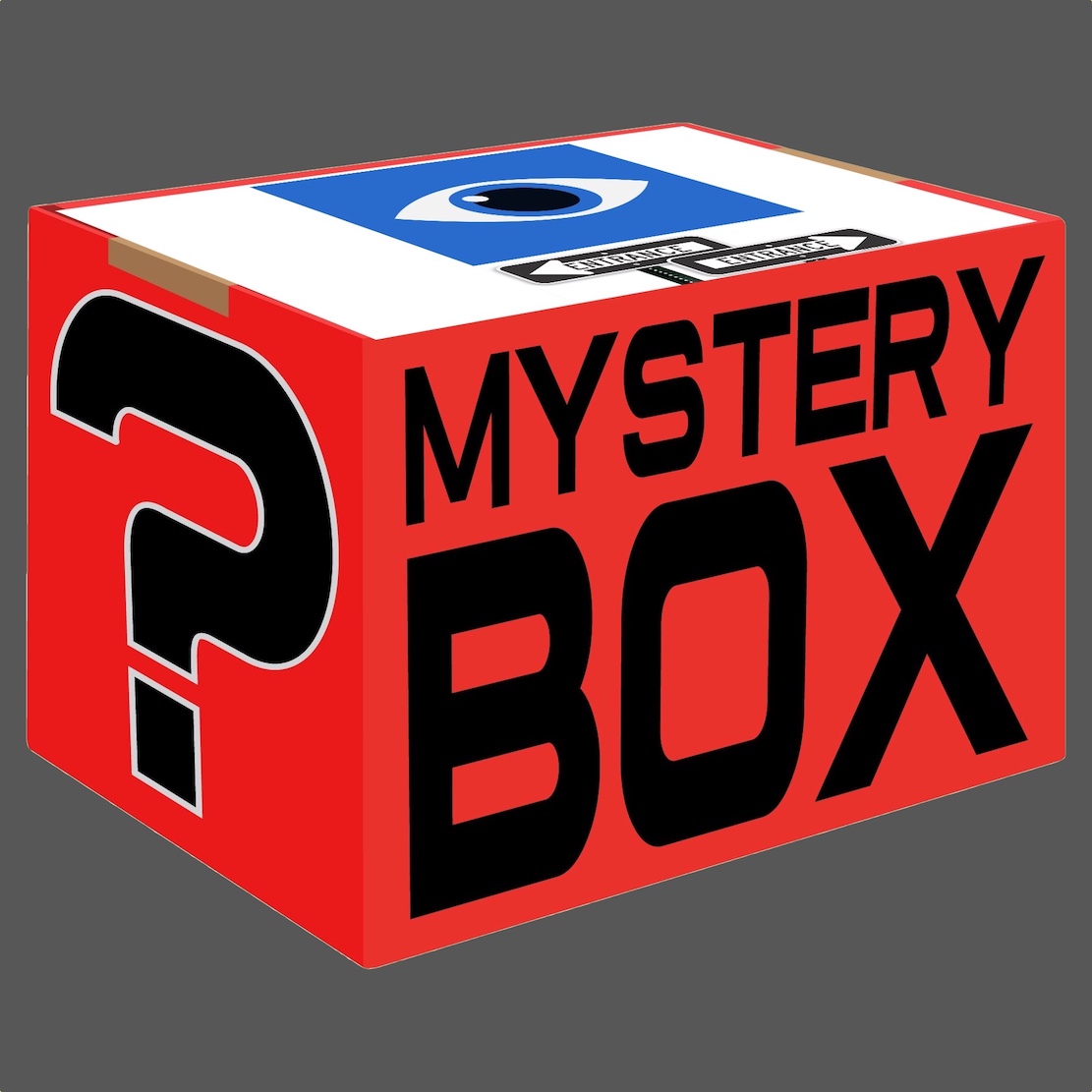 You walk into GMCS 333 utterly perplexed and surprised. There does not seem to be any reading assigned (has Nericcio gone bonkers?!) and the room seems different, feels different. With expectations mounting, you sit back and hope you survive the anticipation. With the midterm on the horizon for October 20, 2022, you take advantage of there being no reading assigned to catch up on books you are behind on! |
| Thursday | October 13, 2022 |
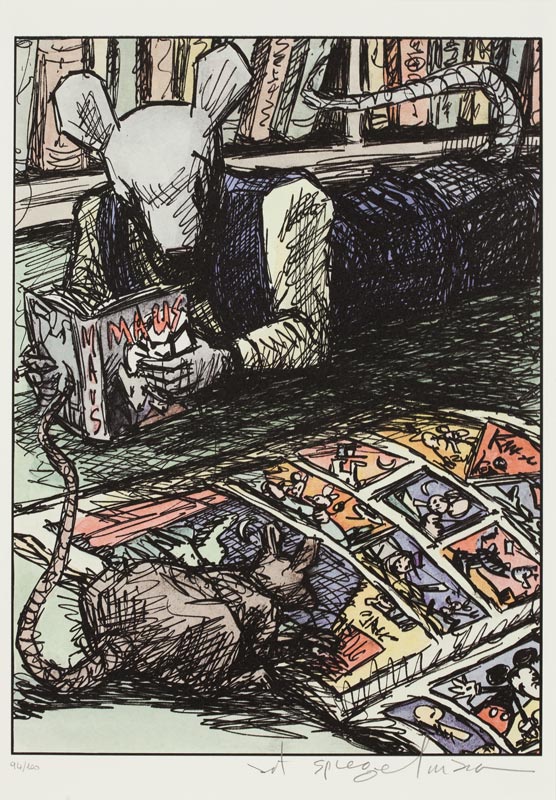 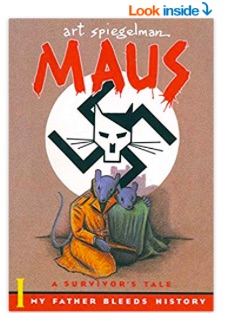 On the surface, it is
simple and basic enough: Art Spiegelman,
American underground cartoonist, wants to shift
gears and tell his father, Vladek's, Holocaust
survival narrative. But this simple memoir
evolves into something much more ambitious and
challenging: a memoir, a biography, a history,
and something else altogether. On the surface, it is
simple and basic enough: Art Spiegelman,
American underground cartoonist, wants to shift
gears and tell his father, Vladek's, Holocaust
survival narrative. But this simple memoir
evolves into something much more ambitious and
challenging: a memoir, a biography, a history,
and something else altogether. Read to page 93, the end of Chapter 4 in Art Spiegelman's MAUS, Book 1. |
| Tuesday | October 18, 2022 |
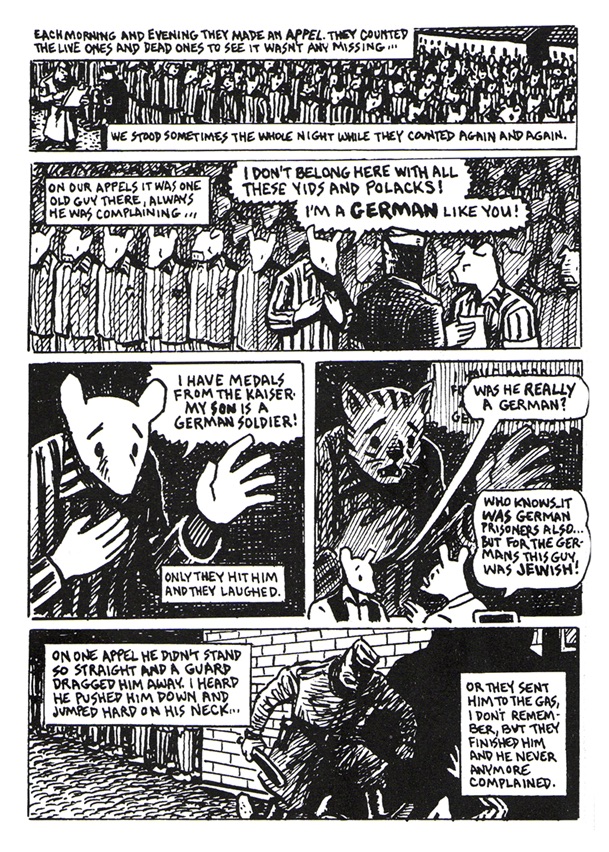 You enter our class having finished your reading of Art Spiegelman's MAUS. In essence your reading of this masterpiece serves as a review for the midterm as every skill you have learned to this point will be tested by Spiegelman's deceptively simple narrative. Also take the time to read this NEW YORK TIMES mini feature on Spiegelman--read it here or, if you are stopped by the paywall, here. |
| Thursday | October 20, 2022 |
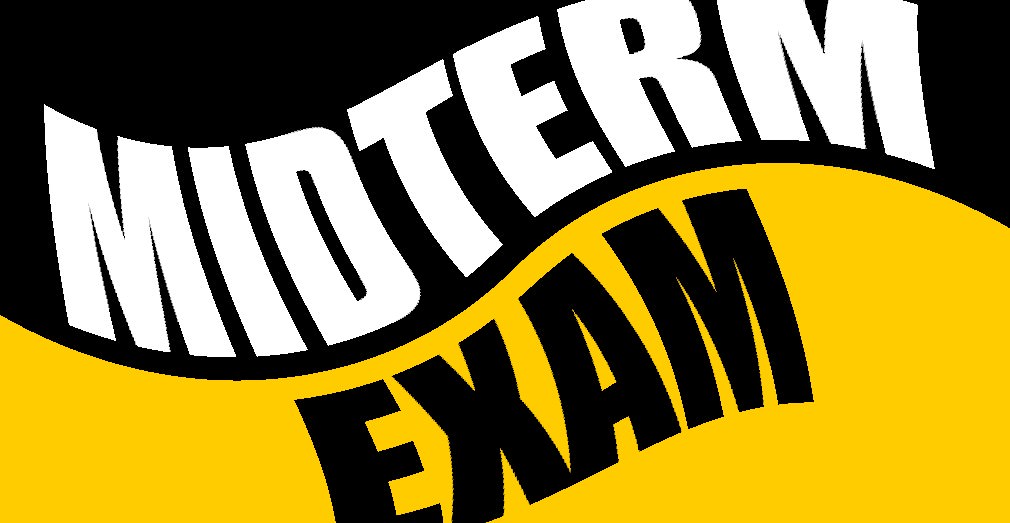 |
| Tuesday | October 25, 2022 |
|
We return to class,
to GMCS 333 having been both exhilarated and
exhausted by the midterm we took last week
(and possibly sick given all the folks that
were coughing up lungs in the room). But we
can't let adversity stop us as we plunge this
week into a striking new memoir GENDER QUEER: A MEMOIR
by Maia Kobabe, reading to page 131. Human beings come in all kinds of shapes, sizes, etc. and Kobabe's moving history will treat us to perceptions and expressions that give some pause. But why? When we read a memoir (or any book or film for that matter), are we looking for something that mirrors ourselves or are we looking for perceptions and insights that take us out of our own skin and into the psychological space of the other? It is to the latter that we might want to aspire -- and, tellingly, that Kobabe's masterful exercise in illustrated memoir seeks to explore. |
| Thursday | October 27, 2022 |
|
You walk into our
lovely chamber of sequential art, our hermeneutic
sanctuary of discovery and wonder, GMCS 333,
(also known as the cave of hacking
coughers--if you're sick, wear a damn mask),
having finished your careful reading of Maia
Kobabe's GENDER QUEER. Try to read it twice:
the first time, words and images together,
following the trajectory of the narrative;
the second time, images only, ignoring the
words and trying to follow a parallel
narrative operating at the level of the semiotic. Today we enjoy another episode of YOUR THE PROFESSOR, so come to class with a xeroxed (photocopied) print out of a panel (or panel juxtaposition, better!) you want to share with the class. 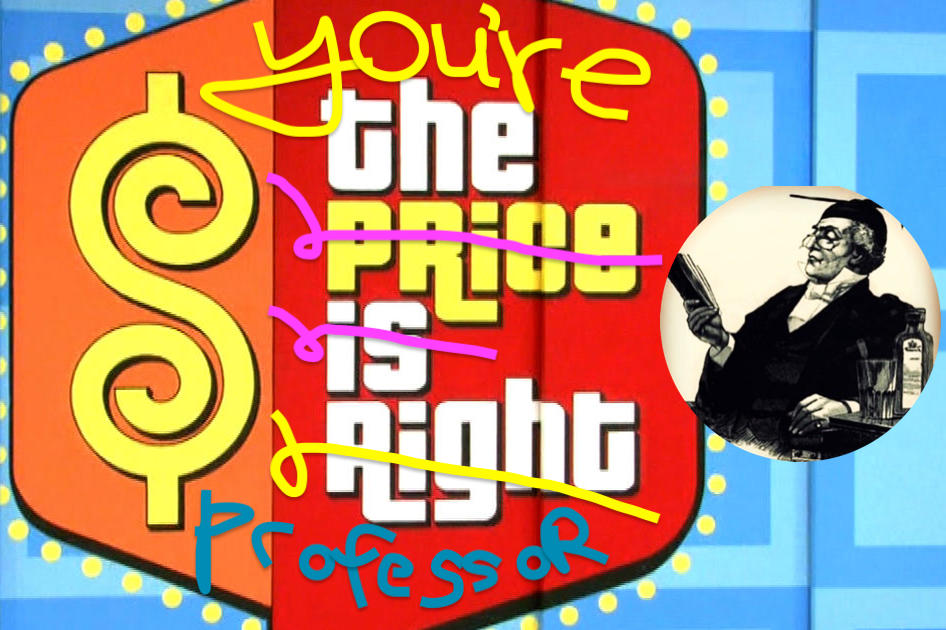
|
| Tuesday | November
1, 2022 |
|
You are a good undergraduate so you enter our chamber of semiotic wonders having read to page 74 of Adrian Tomine's SHORTCOMINGS. You are hip to the game so you note that Tomine's subtle draftsmanship, the way he draws, is spare, quiet, and subtle, but you also know that this is a ruse. That the clean lines and muted expressions are masking cauldrons of emotion and yearning that are part of the human condition. In some ways, Tomine's cast of humans take us back to Kafka, to Freud's patients, humans going through the motions of life waiting for something to come, something to emerge, something to resolve. Waiting or living? -- that's the question, the old Bard, William Shakespeare, might have put it. |
| Thursday | November
3, 2022 |
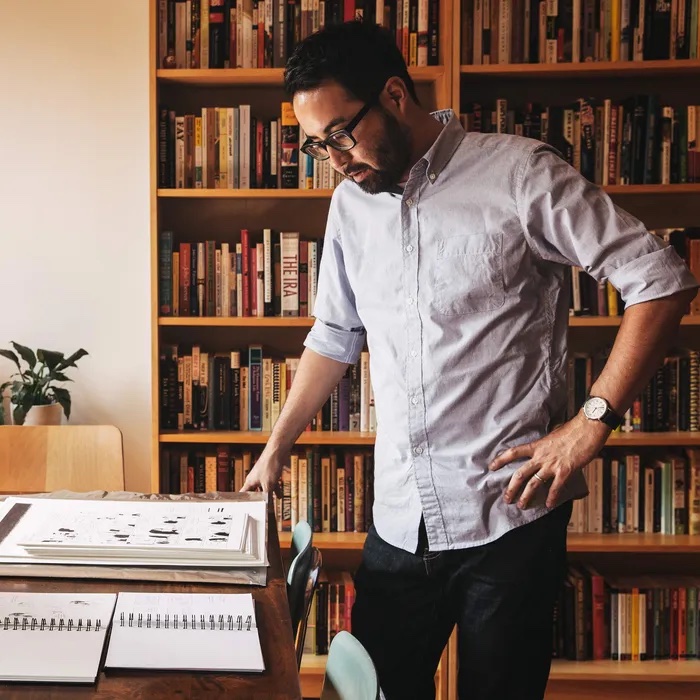 Finish your reading of Tomine's SHORTCOMINGS -- come to class with Xeroxes (photocopies) or printouts of two panels from the book that, for you, reveal strong tendencies or peculiarities or traits you associate with Adrian Tomine's brand of illustrated storytelling. 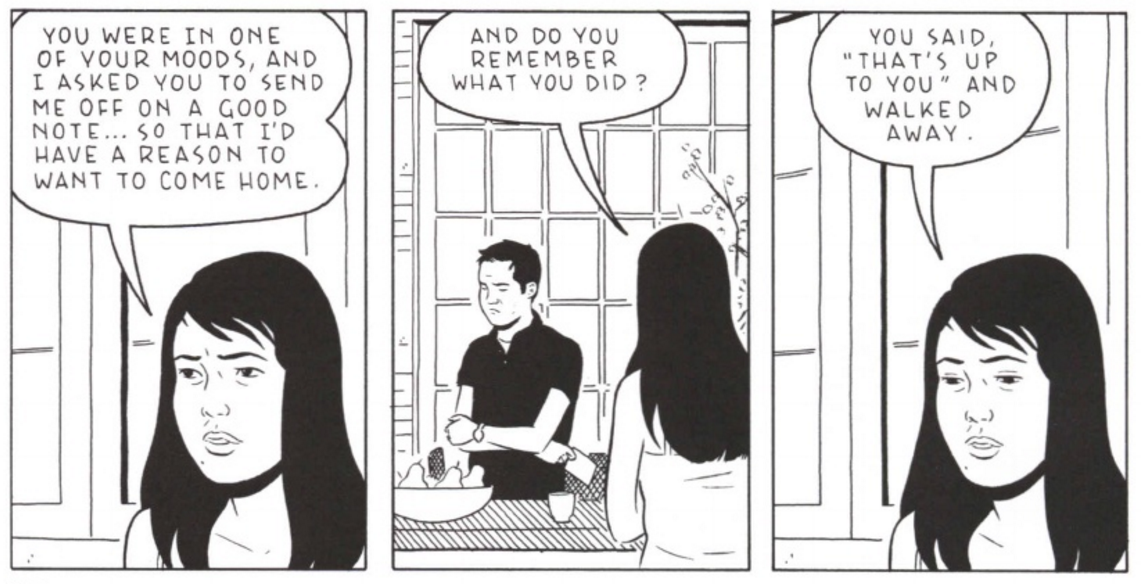 |
| Tuesday | November
8, 2022 |
|
We
are ready for this. All we have done
to date, all the books we have read,
all the illustrators we have studied,
have prepared us for Emil Ferris's MY
FAVORITE THING IS MONSTERS. You
crawl exhilirated into GMCS 333 having
dived into Emil Ferris's remarkable
opus. Monsters we think we know from
our adventures together this term: The
"bug" in Kafka's METAMORPHOSIS,
Crumb's visually arresting version of
the same, Clowes's grotesques,
J.A.K.'s dream woman and cat that
transmogrify, all at once, into the
monstrous, the grotesque, and the
uncanny. And now the queen of them all, Emil Ferris with a singularly memorable masterful meditation on the same. Read up to this two-page spread (most editions of Ferris's book are pageless): |
| Thursday | November
10, 2022 |
You are back in GMCS 333, the asylum of viruses, and you have read up to this two-page spread pictured below. As Ferris weaves this amazing world, Chicago, circa 1968, largely with Bic pens, no less, consider the relationship between form and meaning. Ferris's work is no less detailed and gritty than say Crumb, but it comes across with a different power, a unique resonance. Read up to this two page spread: |
| Tuesday | November 15,
2022 |
You have completed your reading of Ferris's masterpiece, MY FAVORITE THING IS MONSTERS ... what is there to say? There is no need to bring a xeroxed, photocopied or printed panel to class today -- instead, be prepared for our last installment of your favorite gameshow, "YOU'RE THE PROFESSOR!" 
|
| Thursday | November
17, 2022 |
 From the world of Comix, we move temporarily to the domain of film studies and film theory -- the early days of cinema took their cues from newspaper comics, so, in essence, we are studying a medium that owes its existence to the world of comic strips and comic books. And we are in for an amazing day today as we welcome home to SDSU one of its greatest alums, Dr. Ralph Clare. A full Professor of Global Cultural Studies at Boise State University, Clare promises to treat us to wonders from the subterranean and cinema-laced corridors of his imagination! Here are his instructions! Right from the horse's mouth: 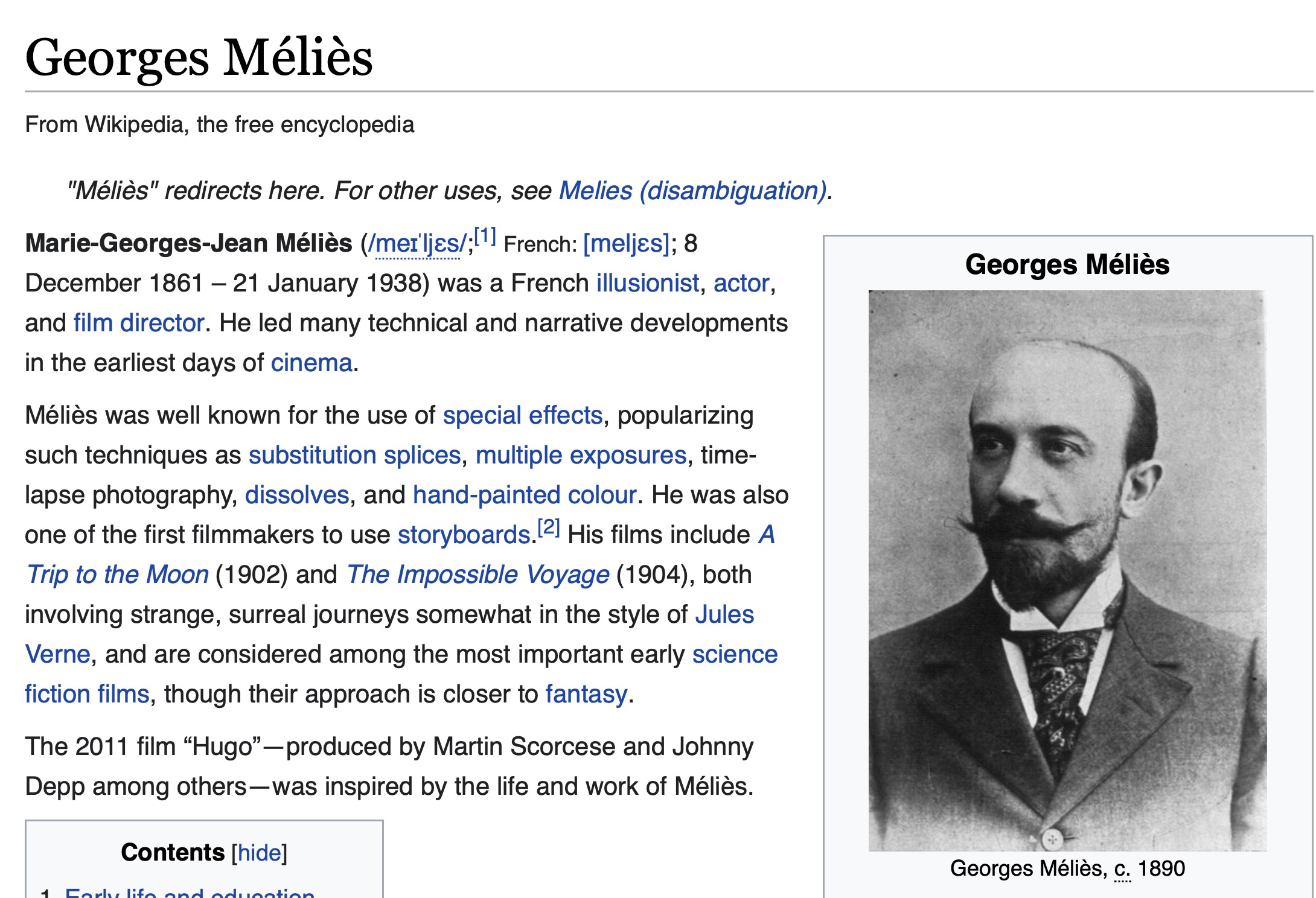 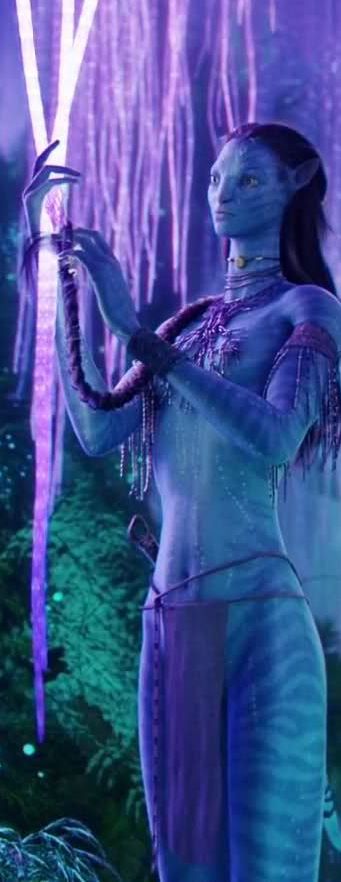 Ralph
Clare: "The plan/lecture is pretty
straightforward: a reading of Georges Melies'
(complicitous) critique of colonialism in the
early 20th century in his landmark early
cinema classic, A TRIP TO THE MOON; we will
look at how it humorously critiques (but also
plays into) images of primitivism, etc. We
might touch on gender too -- but for sure,
dominance / violence of the indigenous
Selenites, the ecosystem (mushrooms,
man/moon), and construction of knowledge /
science (telescopes, captured Selenite). Also
we'll consider the power of film, 'moving
pictures,' and special effects so that we need
to slow down and analyze."
[Here is a link
to the version of Melies's classic Professor
Clare will be referencing ] Clare continues (like all
Professors, he talks a lot!): "Then our move
will be to discuss how we think all this is
so 'obvious' now -- how Sci-Fi isn't so
simple and now 'understands' the alien
Other, and so Avatar supposedly
is proof of a 'flipping' of the script. But
is it? Here's
a
good / lame five minute review of the
AVATAR plot that could help if they
watch it before the lecture.
Then I guess we'll put that to the test by
looking at Avatar's
recycled narratives of Pocahontas / Dances
with Wolves and 'going native'
narratives. As the narrative and images
change, do things still remain the same?" Ralph
Clare: "The plan/lecture is pretty
straightforward: a reading of Georges Melies'
(complicitous) critique of colonialism in the
early 20th century in his landmark early
cinema classic, A TRIP TO THE MOON; we will
look at how it humorously critiques (but also
plays into) images of primitivism, etc. We
might touch on gender too -- but for sure,
dominance / violence of the indigenous
Selenites, the ecosystem (mushrooms,
man/moon), and construction of knowledge /
science (telescopes, captured Selenite). Also
we'll consider the power of film, 'moving
pictures,' and special effects so that we need
to slow down and analyze."
[Here is a link
to the version of Melies's classic Professor
Clare will be referencing ] Clare continues (like all
Professors, he talks a lot!): "Then our move
will be to discuss how we think all this is
so 'obvious' now -- how Sci-Fi isn't so
simple and now 'understands' the alien
Other, and so Avatar supposedly
is proof of a 'flipping' of the script. But
is it? Here's
a
good / lame five minute review of the
AVATAR plot that could help if they
watch it before the lecture.
Then I guess we'll put that to the test by
looking at Avatar's
recycled narratives of Pocahontas / Dances
with Wolves and 'going native'
narratives. As the narrative and images
change, do things still remain the same?"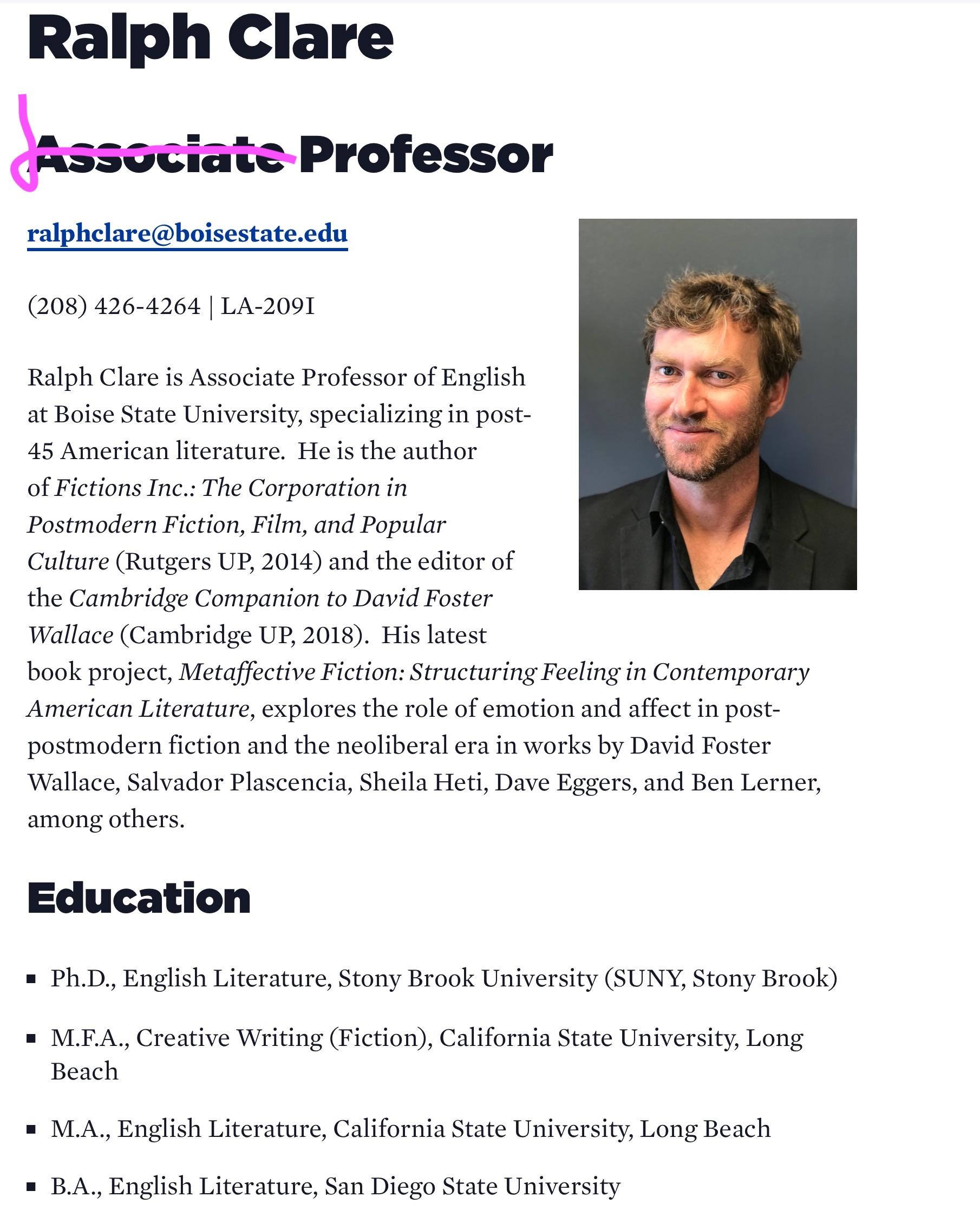 |
| Tuesday | November
22, 2022 |
|
NO CLASS 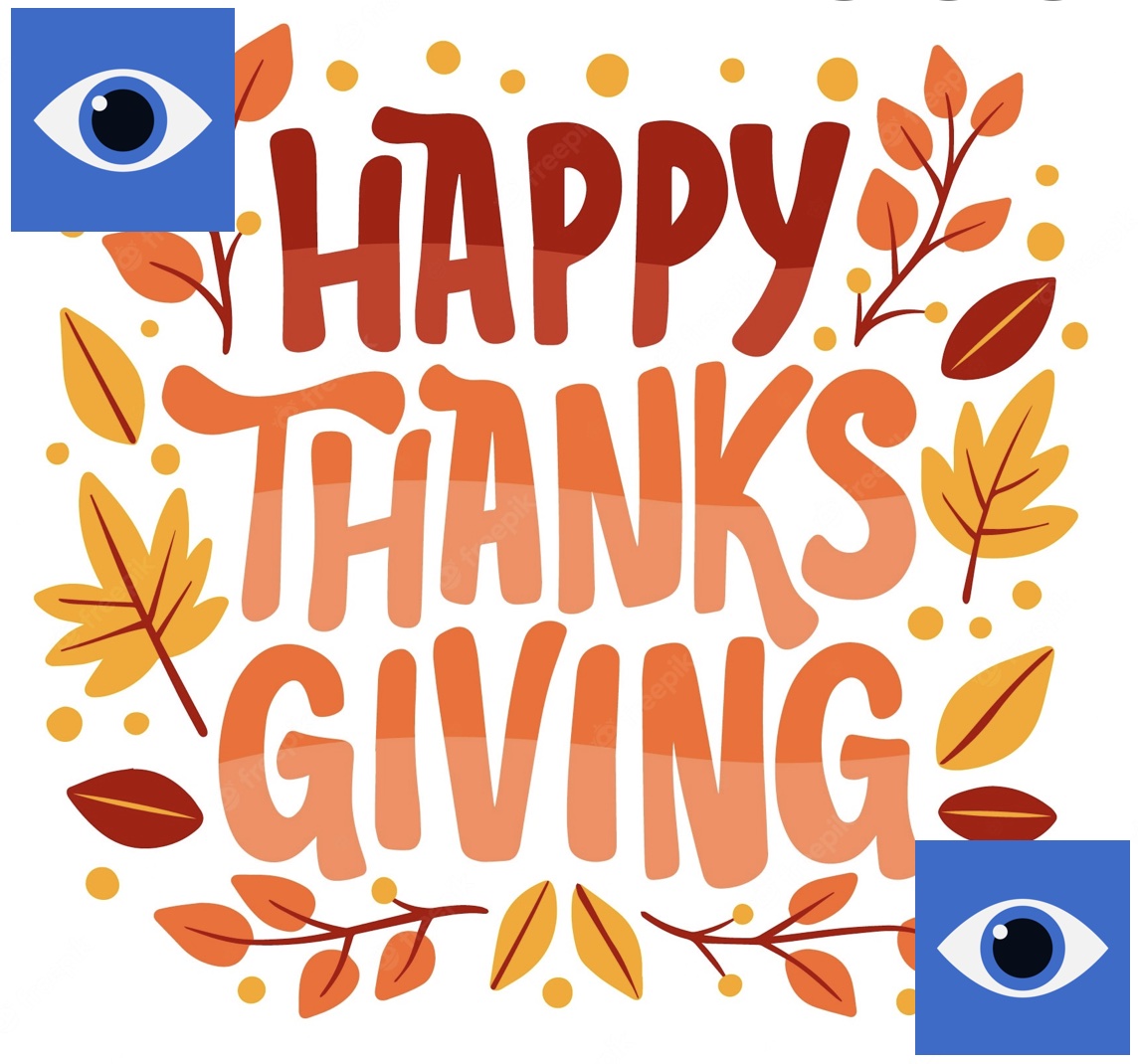 |
| Thursday | November
24, 2022 |
|
NO CLASS  |
| Tuesday | November 29, 2022 |
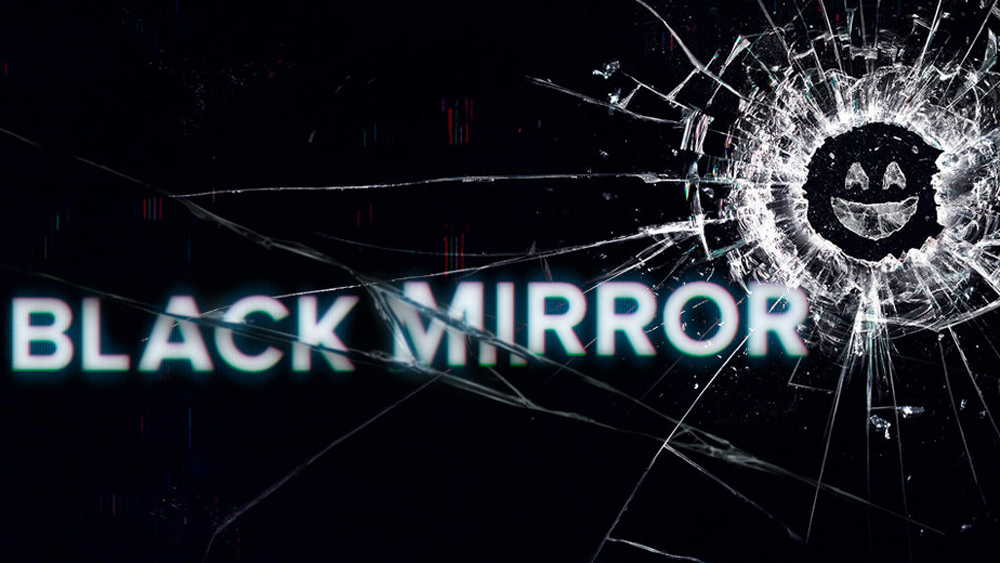 We have learned in the past weeks that drawings, comics, illustrations, and painting make up something I have called #theersatzhuman. Ersatz is a fancy word meaning something along the lines of a substitute, a replacement. Chugg's friends in MY FAVORITE THING IS MONSTERS are an example of these uncanny entities as are the mocking mannequins in the Nazi deathcamp that Anka encounters in Ferris's epic graphic novel. 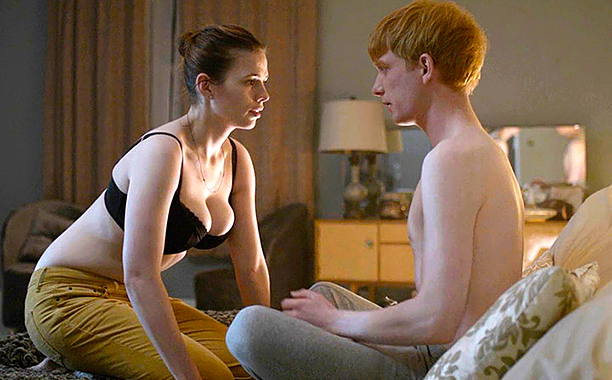 In class today we will screen and discuss an episode from Netflix's amazing BLACK MIRROR series, "Be Right Back," a short feature directed by Owen Harris and written by Charlie Brooker. During discussion we will carefully assess what's at stake in this moving mini-film and try to make connections between Harris and Brooker's moving science fiction allegory and other works we have encountered this semester. 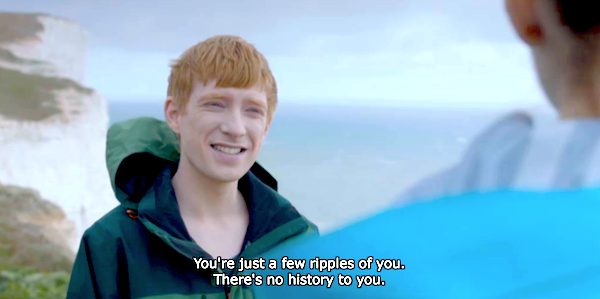 |
| Thursday | December
1, 2022 |
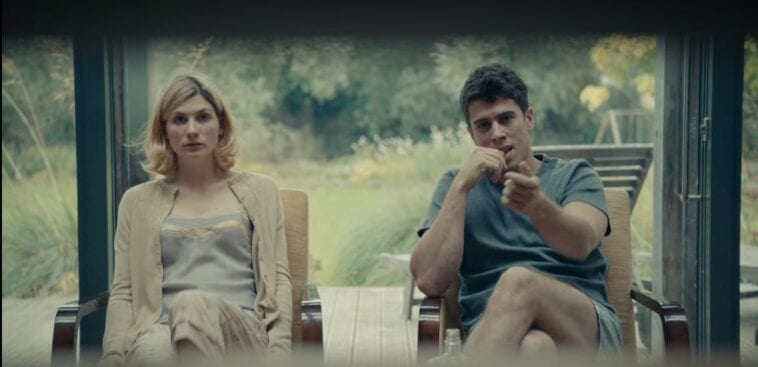 Yet another in class interlude of film studies as we return to the fervid imagination of producer/writer Charlie Brooker, and, in this case, director Brian Welsh, for an episode of BLACK MIRROR entitled "The Entire History of You." 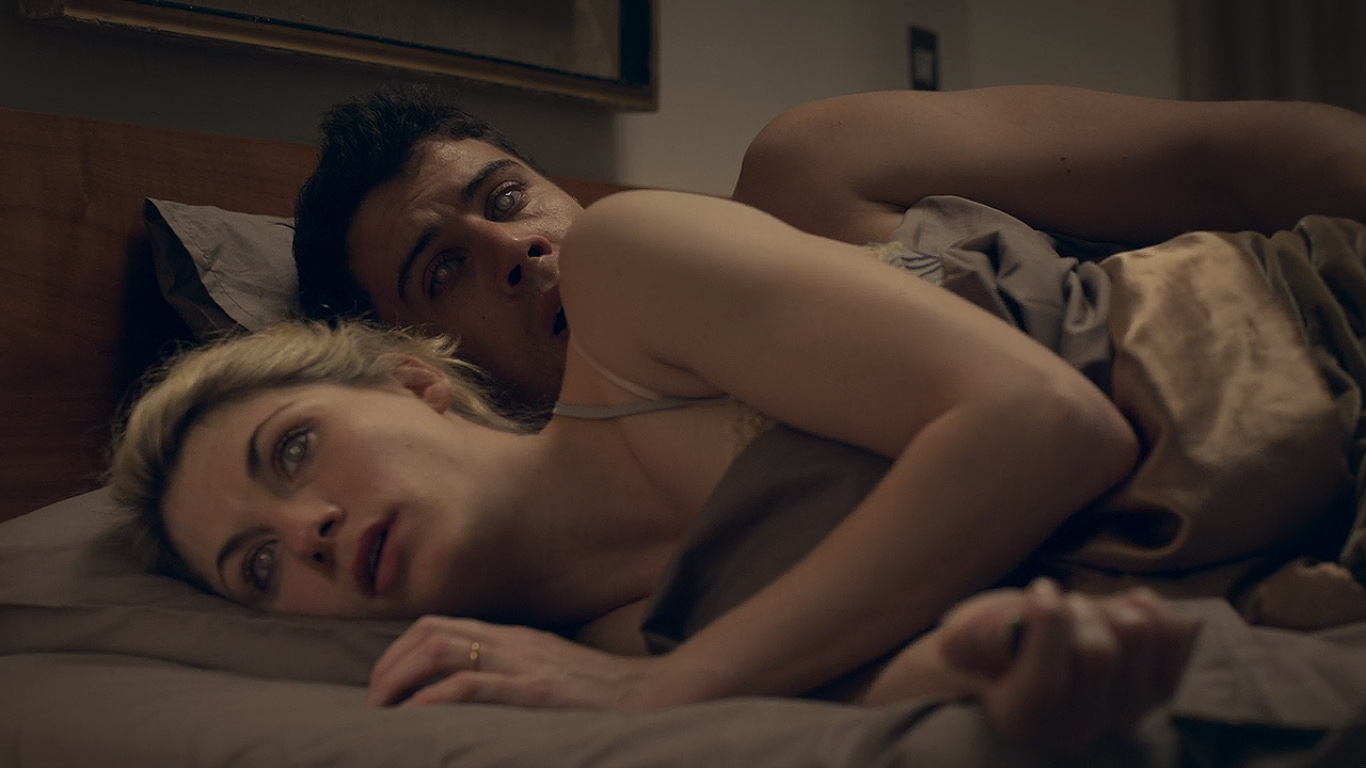 Here, our semester-long obsession with eyes and the I reach a sort of pinnacle (and we thought MY FAVORITE THING IS MONSTERS was full of eyes) with a story set in the near future where social media capacity gets fused with "the human." Are these future beings cyborgs of a sort, or only vaguely exaggerated versions of ourselves? If you had the ability to record your everyday life in real time and have all of it accessible with "click," would you be ecstatically happy or living in the equivalent of hell. 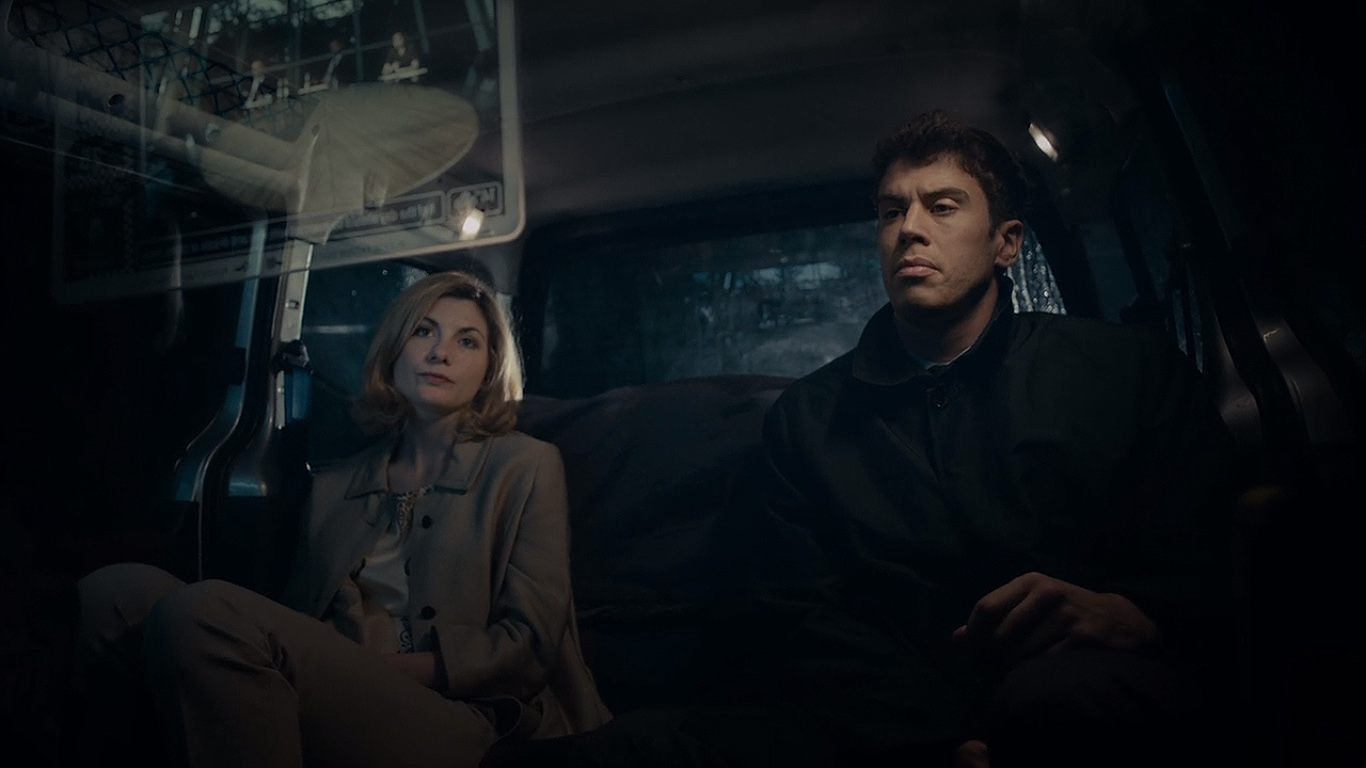 The past, we have learned, has a power over our waking lives that visits us now and then, but especially in the night. Could it be that our capacity to forget is as important as our ability to remember? |
| Tuesday | December 6, 2022 |
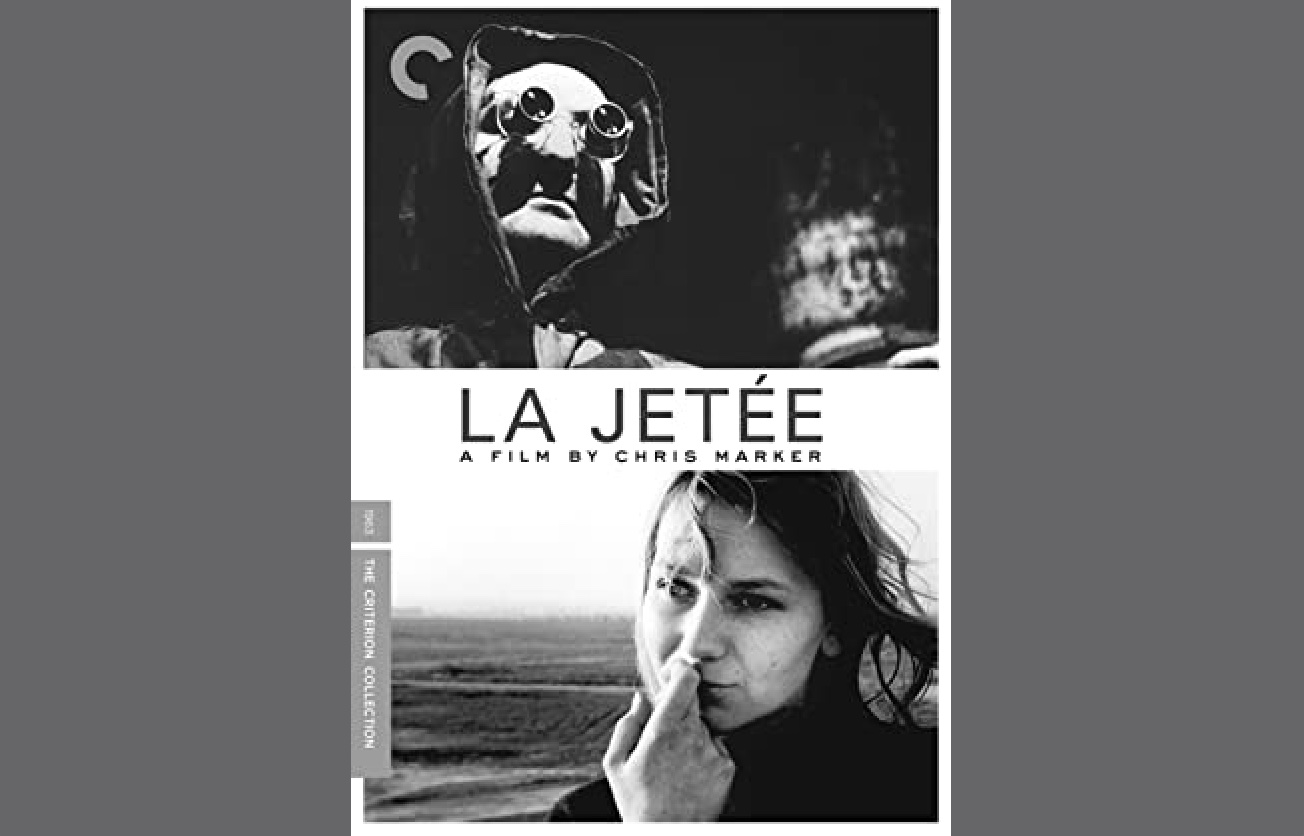 Review for the final -- to celebrate the end of the semester, we will also experience our final text! LA JETÉE, by Chris Marker. Imagine a motion picture, with no motion, or, better, a melange/collage of photographs imitating a motion picture. The focus of LA JETÉE is, on the surface, quite easy to grasp -- a time-traveling science fiction dystopia. But Marker's curation of photography is quite savvy, and he ends up treating viewers (our "society of the spectacle") to a disturbing meditation on what constitutes the past, present, and future. 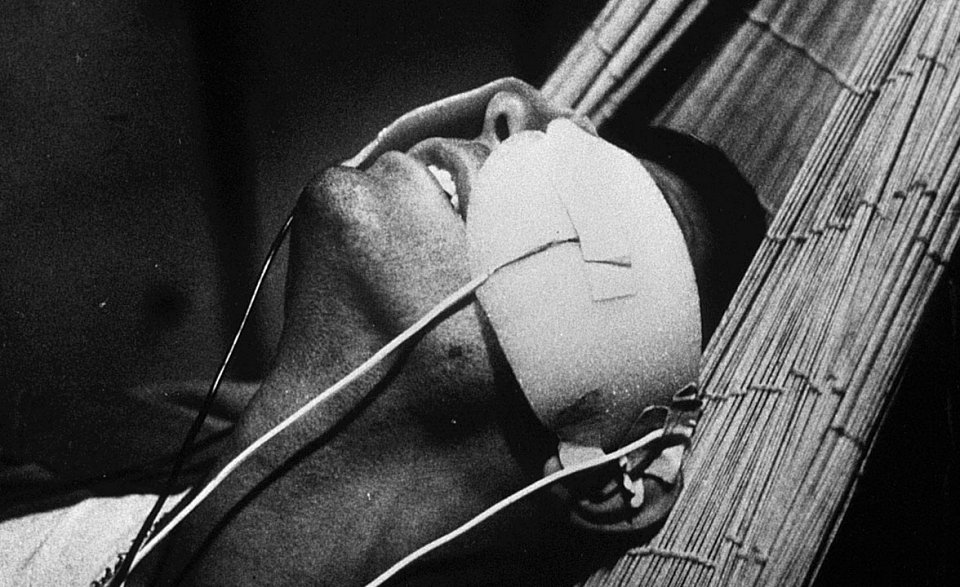 |
| Thursday | December
8, 2022 |
|
Final Exam today at 11am in GMCS 333! Yikes! Think of this as our swan song, our fond farewell to eyes, I's, the I, the other, and more. The exam will focus on works from MAUS by Spiegelman through your final text, LA JETÉE. |
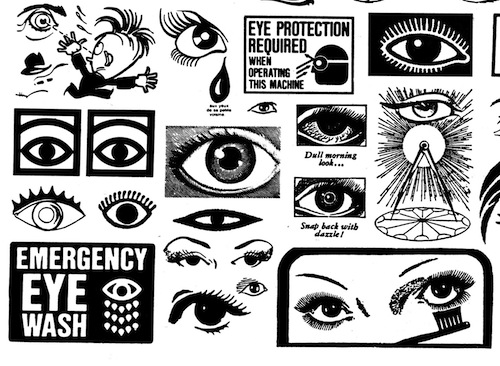 Thursday, December 15,
2022
|
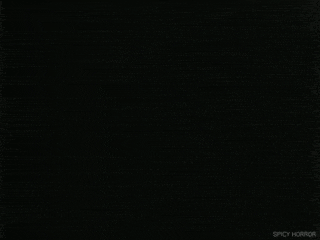 The SDSU Registrar schedules a time and a place for THE FINAL EXAM of every class at SDSU--ours is scheduled here for this time: But the good news is that you HAVE ALREADY TAKEN THE FINAL EXAM and are free and in the clear. However, I will be around in GMCS 333 that day to show you your grades and tell you what is the final outcome of your efforts this term. THIS IS NOT REQUIRED but I will say in the past I have caught a lot of errors during these one on one meetings so if you are still around and have not jetted off home, it might be in your best interest to drop by to pick up your graded final, get your final grade, and ride off into the sunset. Right after this final exam period, Thursday, December 15, 2022, at around 1pm, your final grades will be released to the my.SDSU system. But DON'T FREAK OUT if the grades don't show up right away--SDSU has doled out barrels of cash to purchase a computer system that seems to always let you down when it matters most. So be patient! 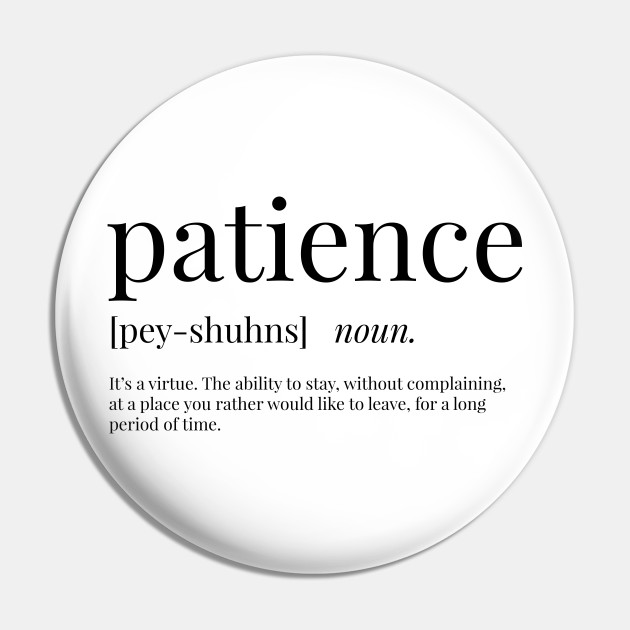 |
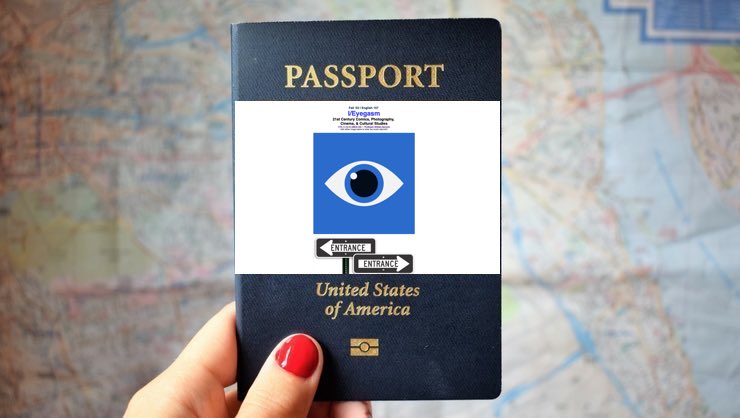
History Passport
A Description of How Your Work
Will Be Evaluated in #eyegasm22
This section of your online syllabus documents how your work will be evaluated Fall 2022. Here you will find all the little gates, cages, locks, statutes, ordinances, edicts, and formulas that allow our innovative comics and history collective to thrive.
 Let me underscore that you
have absolute
intellectual freedom in our seminar, BUT to receive
these awesome rights, you must also follow the serious
but reasonable responsibilities outlined on this part of your
syllabus.
Let me underscore that you
have absolute
intellectual freedom in our seminar, BUT to receive
these awesome rights, you must also follow the serious
but reasonable responsibilities outlined on this part of your
syllabus. After all, we want to have a great time, to be the best literature/cultural studies class on the West Coast, even! Take that USC! Eat my dust UCLA! And it will be easier to achieve this semester as they, like us, are online all the time!
But to do that, we need room for intellectual play--a safe asylum within which to forge our comics-laced, history-filled wanderlust. So, then, read these laws carefully and thoroughly, so when you enter our palace of comics, GMCS 333 on Tuesday, August 23, 2022, you will know what to expect!
PASSPORT
RULE 1 BOOKS_BOOKS_BOOKS
BUY THE BOOKS AND READ
THEM--DON'T COME TO SEMINAR WITHOUT YOUR BOOK! Though we very much adore
living in the 21st century, we will, for the most
part use ANALOG, printed books in this class. So
check out each one and buy them now!
PASSPORT RULE 2 READ_READ_READ!
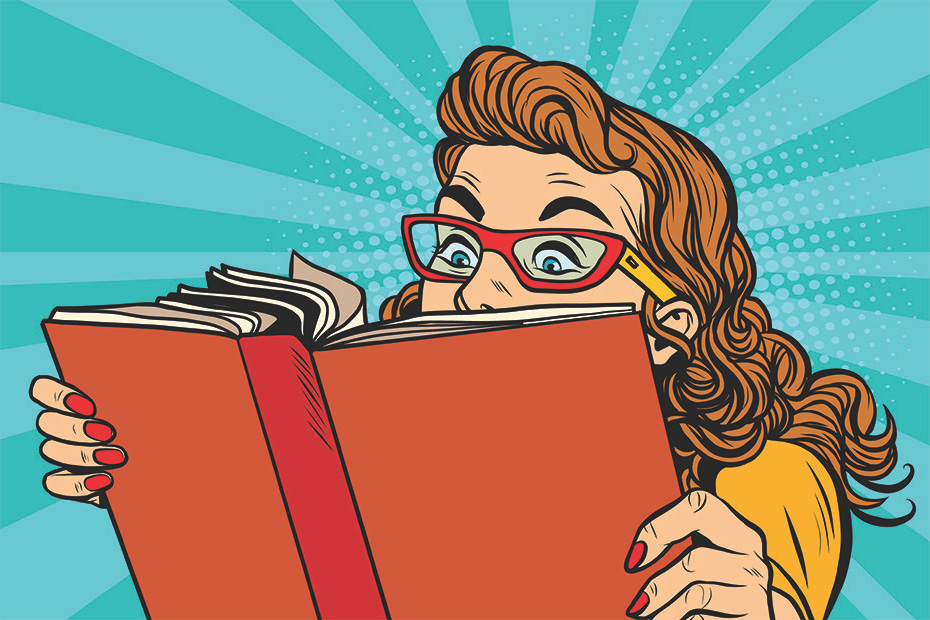 When you enter this room for
class you will have completed the reading that appears
on the day-to-day class calendar, aka the Daily Lineup!
Please note the word "finished" (not "started," not
"skimmed," not "glanced," and most decidedly NOT "I
read the Cliffs/Sparks Notes and a review of the
damned thing online!"). Coming to a university
literature/film/cultural studies class without
doing the reading is like a gardener trying to raise
roses without getting her/his hands filthy with shit,
a surgeon trying to operate without a scalpel, a
fireman without her/his ax, a prostitute without ...,
... er, ... well, I better stop there -- you get the
gist of it.
When you enter this room for
class you will have completed the reading that appears
on the day-to-day class calendar, aka the Daily Lineup!
Please note the word "finished" (not "started," not
"skimmed," not "glanced," and most decidedly NOT "I
read the Cliffs/Sparks Notes and a review of the
damned thing online!"). Coming to a university
literature/film/cultural studies class without
doing the reading is like a gardener trying to raise
roses without getting her/his hands filthy with shit,
a surgeon trying to operate without a scalpel, a
fireman without her/his ax, a prostitute without ...,
... er, ... well, I better stop there -- you get the
gist of it.
Do
the readings!
Do them twice if
you can MAKE the time! I know, you are saying to
yourself, "they don't make me read in my other
classes" or some other sort of nonsense... well here,
you must! Think twice about joining us online if you
have not finished the readings--the quality of our
class depends upon your dedicated work and your
relentless and independent curiosity. Without your
periodic intellectual donations, the class is likely
to evolve into a boring, even painful waste of
time.
PASSPORT RULE 3 PUT
THE MONSTERS TO SLEEP!
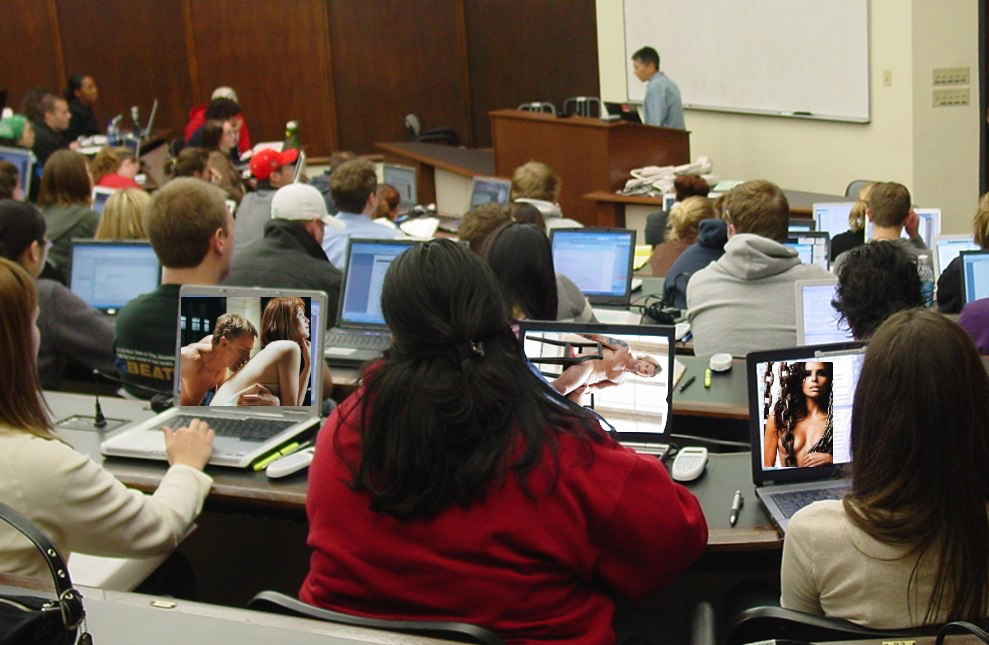 Ok,
the following Passport Rule 3 was also written
pre-COVID ... I am leaving it here for the gags,
image and link!
Ok,
the following Passport Rule 3 was also written
pre-COVID ... I am leaving it here for the gags,
image and link!
Your laptop will
be asleep IN YOUR BAGS during class--or, better
yet, resting in your dorm room or apartment.
Have you noticed
how anytime a student uses a laptop in an auditorium
there is a "cone of distraction" alongside and
behind the student using a computer?
This is usually due to said student surfing the web via wi-fi perusing erotic delights or god knows what. I was recently at a cool (ok, it was slightly boring, I confess) lecture by a noted writer--as I tried to listen to her, in front of me, a diverted student (attending the lecture, no doubt, for extra-credit) was perusing sites like these (nsfw or school). So, laptops are GREAT for entering your notes AFTER class, but they will not be allowed in our lecture hall. If you have an issue with this, schedule a meeting with me during office hours to chat the first week of class.
PASSPORT RULE 4 PARALYZETHE SMARTPHONE!
 Your beloved magnificent
iPhone, your cherished Galaxy, your fetishized
Pixel, or even your
primordial pager will be off, off, OFF during
class meetings; if for some reason you are expecting
an emergency call, set it on VIBRATE (for privacy,
pleasure, or both!) and sit in the back near an exit
after letting me know in advance before class that
you are expecting an emergency phone-call.
Cellphones KILL collective spaces of learning with
their ill-timed, annoying clattering rings, bongs,
squeaks, chirps, and themes.
Your beloved magnificent
iPhone, your cherished Galaxy, your fetishized
Pixel, or even your
primordial pager will be off, off, OFF during
class meetings; if for some reason you are expecting
an emergency call, set it on VIBRATE (for privacy,
pleasure, or both!) and sit in the back near an exit
after letting me know in advance before class that
you are expecting an emergency phone-call.
Cellphones KILL collective spaces of learning with
their ill-timed, annoying clattering rings, bongs,
squeaks, chirps, and themes.
 Yes, the trauma of
that delayed text, yes, the horror of that missed
hook-up call, yes, the loss of the buzz of that random
Tinder swipe will no doubt doom you to years and years
on an psychoanalyst's couch, but we, the rest of us,
will gain some silence, a kind of sanctuary without
which ideas wither on the vine. We are NOT joking
about this unthinkable edict! Don't end up like
this former student from another Engl 301 I taught
back in the day:
Yes, the trauma of
that delayed text, yes, the horror of that missed
hook-up call, yes, the loss of the buzz of that random
Tinder swipe will no doubt doom you to years and years
on an psychoanalyst's couch, but we, the rest of us,
will gain some silence, a kind of sanctuary without
which ideas wither on the vine. We are NOT joking
about this unthinkable edict! Don't end up like
this former student from another Engl 301 I taught
back in the day:
PASSPORT RULE 5 Charlie-Delta_Thief
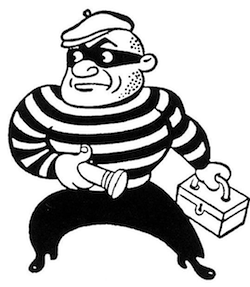 PLAGIARISM
is for cads, thieves, and idiots who desire an "F" for
the class.
Plagiarism comes from the Latin word, "plagiarius"
which means kidnapper, plunderer, or (get this!)
thief--not a GOOD thing.
PLAGIARISM
is for cads, thieves, and idiots who desire an "F" for
the class.
Plagiarism comes from the Latin word, "plagiarius"
which means kidnapper, plunderer, or (get this!)
thief--not a GOOD thing.
In the university, plagiarism refers to the art and crime of presenting other people's work under your own signature, aka cutting and pasting copied crap from Wikipedia--definitely a BAD thing. While your professor is forbidden by CSU/SDSU code from tattooing the word LOSER on the foreheads of guilty students, he can promise that felonious students will be remanded to the state-authorized SDSU executioners. Read THIS as well--SDSU is SERIOUS about this shit, so don't take any chances! Rely on your own singular mind and imagination!
Major Course Requirements
GRADING
INFORMATION
- 40%
Attendance, Quizzes, In-class "Panic-Inducing
Challenges", In-class participation, In-class
writing, cineTREKS, Office Hour visits, etc.--note
that "in-class" means "in-class" that is you can
expect assignments to magically appear without
warning.
- 30%
Your Mid-Term, aka the Mid-Semester Eyegasm
Challenge
- 30% Final
Examination, aka the Final Eyegasm Challenge
QUIZZES & ATTENDANCE
Coming
to class for each seminar session is NOT optional--the whole point
of this class is to work together, the idea being
that we creatively and magicly convert our classroom
into a chaotic, unpredictable, and exciting
intellectual laboratory.
Missing class, you miss, as well, the whole point of the adventure.
So please bypass
no more than three classes during the semester--you
are responsible for any work/notes you miss when you
are absent and can PRESUME
that what you missed that day was important! If
you miss MORE than three classes during the term and
your grade will decay in an ugly way. EXAMPLES: your
hard-earned A- will morph into a B-; your "gentleman's
C" will appear on the webportal as a "D," etc. etc.
Ditching this class too often will be as fun as a case
of flesh-eating virus. While attendance was not really
an issue last year during the beginnings of the COVID
crisis, it will be this fall as we all go into this
semester with eyes open.
During the
semester, you can expect several In-class
Panic-Inducing Challenges otherwise known as CHECK-YOU-DID-THE-READING
QUIZZES. You can expect these miserable
quizzes from time to time, the number of quizzes
depending on how many of you are nostalgic for high
school. In other words, if everyone acts like a
talented university student, we will enjoy FEW if any
quizzes during our semester.
DIGITAL/VIRTUAL CONTRIBUTIONS (Voluntary NOT Mandatory)
 Our main social media site for this
class, Facebook-based, is located here. If you are a member
of Facebook, Mark Zuckerberg’s mad virus-like
experiment in digitized narcissim, then you are
expected to post class-related links, images, videos,
articles, etc at least ONCE a month or 5 total for the
whole semester. If you have not bought into
Zuckerberg’s mad experiment and stay away from
Facebook like the plague, you have a second
choice--you can directly submit a posting to the #eyegasm22 tumblr page--anonymous
submissions are allowed here for those of your who
don't want Edward Snowden peering in your digital
window!
Our main social media site for this
class, Facebook-based, is located here. If you are a member
of Facebook, Mark Zuckerberg’s mad virus-like
experiment in digitized narcissim, then you are
expected to post class-related links, images, videos,
articles, etc at least ONCE a month or 5 total for the
whole semester. If you have not bought into
Zuckerberg’s mad experiment and stay away from
Facebook like the plague, you have a second
choice--you can directly submit a posting to the #eyegasm22 tumblr page--anonymous
submissions are allowed here for those of your who
don't want Edward Snowden peering in your digital
window!
You can also
contribute to your own instagram hashtag#, which
goes by the catchy designation #eyegasm22. If Facebook,
Tumblr, and Instagram remain alien to your
consciousness, you can send your suggested
links/images/videos to me via email to
bnericci@sdsu.edu; I don’t promise that I will post
ALL of your materials but I will try, however, to see
that some of them make their way to the fabulous
internets.
What are you
expected to share via social media?
Things you run
across that relate to our class readings and
discussions--you do not HAVE TO WRITE a long essay
with your postings... a couple of pointed, pithy,
well-crafted sentences will do, enough to give me and
your classmates a sense of a connection to ideas
developed during the semester in our class.
Your Mid-Term, aka the Mid-Semester Eyegasm Challenge, and Final Examination, aka the Final Eyegasm Challenge
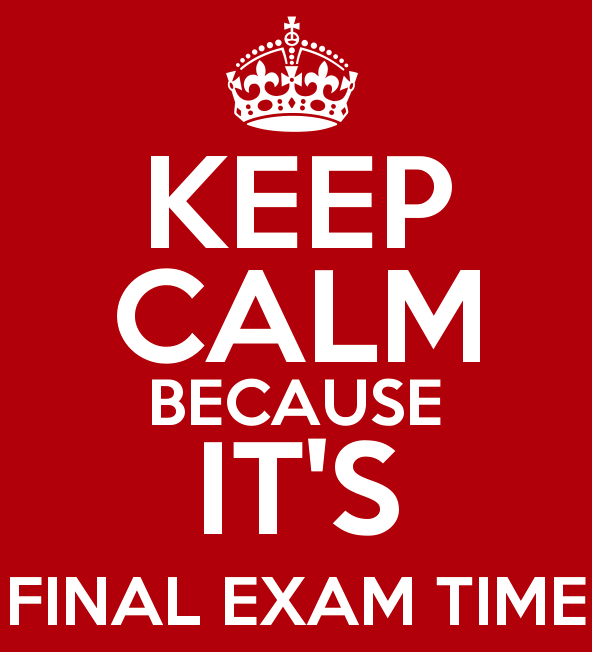 There
will be both a Mid-Term Eyegasm Challenge, a
Mid-Semester test administered on Thursday,
October 20, 2022 at 11am AND a Final VirusEYE Challenge (aka,
the
FINAL EXAM) on the last regularly
scheduled day of class: Thursday,
December 8, 2022 at 11am--warm
thanks to Shiraz Nicpon, your colleague
whose nifty eye corrected my dates posted
previously here in error.
Your final is absolutely comprehensive; it
assumes you have read all the books and
screened all the movies that are part of our
required work. If you do the work, the final
is a breeze--even "fun" if you can believe
it.
There
will be both a Mid-Term Eyegasm Challenge, a
Mid-Semester test administered on Thursday,
October 20, 2022 at 11am AND a Final VirusEYE Challenge (aka,
the
FINAL EXAM) on the last regularly
scheduled day of class: Thursday,
December 8, 2022 at 11am--warm
thanks to Shiraz Nicpon, your colleague
whose nifty eye corrected my dates posted
previously here in error.
Your final is absolutely comprehensive; it
assumes you have read all the books and
screened all the movies that are part of our
required work. If you do the work, the final
is a breeze--even "fun" if you can believe
it.
OFFICE HOURS
 My
Office Hours are Tuesdays, right after class from
12:30pm to 3 or so. My office is located in Arts and
Letters 273. Why visit me during 'office hours'? Why
not? If only to experience the madness of my working
studio space! You are warmly invited to
visit me in office hours at least once during the
semester if you can.
My
Office Hours are Tuesdays, right after class from
12:30pm to 3 or so. My office is located in Arts and
Letters 273. Why visit me during 'office hours'? Why
not? If only to experience the madness of my working
studio space! You are warmly invited to
visit me in office hours at least once during the
semester if you can.
At SDSU,
it's easy to fall through the cracks, to feel that you
are nothing but a Red ID# or some warm pile of
sentient flesh filling a seat. In order to convince
you that the
Professor teaching you is occasionally human,
please make a point during the semester to take the
time to introduce yourself whether it be by piping up
in class, zapping me an email, or posting on one of
our social media channels.
Regardless of how we end up arranging things, if you find my posted office hours are inconvenient, do not hesitate to email me for a phone or zoom appointment either at memo@sdsu.edu or bnericci@mail.sdsu.edu
You can also call me at 619.594.1524 via telephone, but keep in mind I don't check my medieval office landline very often!
IMPORTANT NOTE: The instruction modality
of this course is face-to-face. However, during the
first weeks of the semester, until February 4, class
sessions will be conducted virtually (via Zoom),
according to current University’s policies and
guidelines (please note that policies may be updated
during the academic term).
During the virtual modality period, it is the
students’ responsibility to secure the equipment,
connectivity, software, and devices necessary to
attend sessions remotely, submit course assignments,
and complete assessments. Once face-to-face teaching
resumes, faculty will not be required to create a
new, alternative on-line class as an accommodation
for any student.
In either modality, some course components may
involve computer-mediated work (e.g., submitting
assignments via Canvas, taking quizzes online), and
office hours may take place remotely (via Zoom), as
indicated by your instructor.
Enrollment and continuous attendance in the course
are taken as an acknowledgement that the syllabus
has been read and policies/regulations accepted.
Students who register for classes are expected to
attend sessions, whether face-to-face or virtually,
as indicated in the course schedule.
Students should fully comply with ALL
Covid19-related policies regarding vaccination,
testing, facial coverings, physical distancing, etc.
Students who do not adhere to these policies or the
directives of their faculty will be directed to
leave the classroom and referred to the Center for
Student Rights and Responsibilities.
Other important aspects of the course are described
in this syllabus, thus it is essential to read it
carefully. For more information, please refer to the
Academic
Operation Guide - Spring 2022.
Students with medical conditions that would present a COVID-related risk in a face-to-face instructional setting should contact the Student Ability Success Center (https://sdsu.edu/sasc) to begin the process of getting support. Students who do not adhere to the Covid19 Student Policies or the directives of their faculty will be directed to leave the classroom and will be referred to the Center for Student Rights and Responsibilities.
Do not come to campus if you do not feel well. Remain home and monitor your symptoms and seek medical attention as needed.
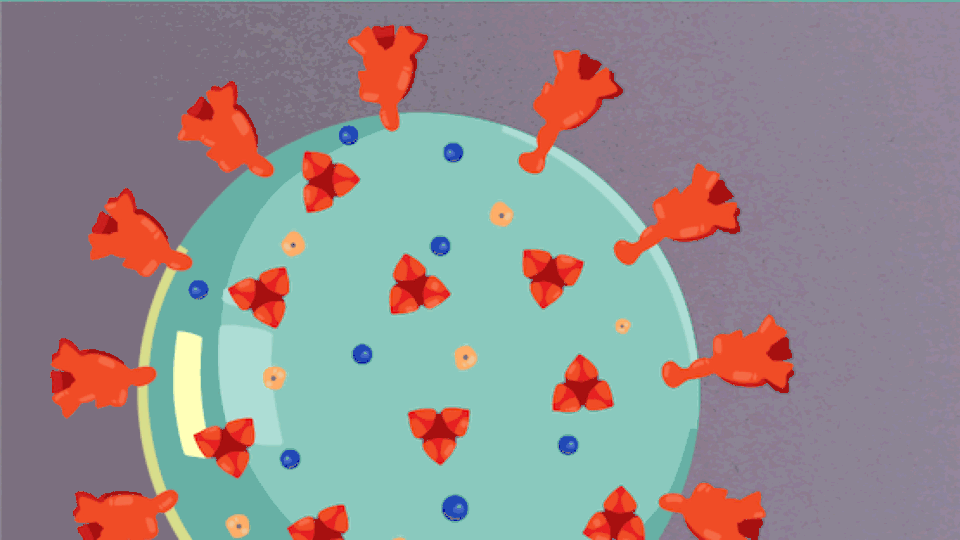
SDSU REQUIRES BOOSTERS FOR STUDENTS, EMPLOYEES
The California State University system announced on Dec. 22, 2021 that all students, faculty and staff in the system will be required to have a COVID-19 booster on file to access campus facilities and programs in spring 2022. The new requirement will take effect immediately upon implementation of the policy; however, represented employees will not be subject to the booster requirement until the CSU concludes its meet-and-confer process with its labor unions.The requirement is effective at SDSU on Jan. 18, 2022, and students and employees will be required to have the COVID-19 booster on file with the university via HealtheConnect. Students, faculty and staff are encouraged to their health care provider or locate booster availability online.
Course materials: See ABOVE!
Course Design, Major Assignments, and Assessments: See Above
Course Schedule: See above
Grading Policies: See PASSPORT, above!
Student Learning Outcomes
1. Students entering the room with little knowledge of Latin American and Latinx Literatures, Cultures, and Media will leave knowing tons more.
2. Students who know a little about the Americas and their arts will exit as experts on the meaning and impact of these cultural artifacts.
3. Students who write poorly will learn to write better.
4. Students whose brains are altogether inert will leave with brain matter re-energized.
5. No student’s time will be wasted.
Communication
Students are provided with an SDSU Gmail account, and this SDSU email address will be used for all communications. University Senate policy notes that students are responsible for checking their official university email once per day during the academic term. For more information, please see Student Official Email Address Use Policy here.
My preferred gender pronouns are he, him, his. Class rosters are provided to the instructor with the student's legal name. I will gladly honor your request to address you by an alternate name and/or gender pronoun. Please advise me of this early in the semester so that I may make appropriate changes to my records.
Technology
Since Gutenberg, printed books are one of the most remarkable inventions in the history of man—we will make great use of this invention.
● University policy instructs students to contact their professor/instructor/coach in the event they need to miss class due to an illness, injury, or emergency. All decisions about the impact of an absence, as well as any arrangements for making up work, rest with the instructors.
● If a student misses class because of COVID-19, either because they have been diagnosed and are quarantined or are required to isolate and would like to request a class excuse letter, the student should send an email to vpsafrontdesk@sdsu.edu to notify the university. Student Affairs and Campus Diversity will initiate the process for absent letters to be sent to course instructors, Assistant Deans, and the Provost. Medical documentation may be required prior to the letter being issued.
● Student Health Services (SHS) does not provide medical excuses for short-term absences due to illness or injury. When a medical-related absence persists beyond five days, SHS will work with students to provide appropriate documentation.
● When a student is hospitalized or has a serious, ongoing illness or injury, SHS will, at the student's request and with the student’s consent, communicate with the student’s instructors via the Vice President for Student Affairs and Campus Diversity and may communicate with the student’s Assistant Dean and/or the Student Ability Success Center.
Finding Help on Campus
Need help finding an advisor, tutor, counselor, or require emergency economic assistance? The SDSU Student Success Help Desk is here for you. Student assistants are available via Zoom Monday through Friday, 9:00 AM to 4:30 PM to help you find the office or service that can best assist with your particular questions or concerns.
● CAL Student Success Center: https://cal.sdsu.edu/student-resources/student-success
● College of Education Student Success Center: https://education.sdsu.edu/oss
● Center for Student Success in Engineering: https://csse.sdsu.edu/
● CoS Student Success Center: https://cossuccess.sdsu.edu/
● FSB Student Success Center: https://business.sdsu.edu/undergrad/advising
● HHS Advisors: https://chhs.sdsu.edu/student-resources/advising/
● IVC Student Success and Retention: https://ivcampus.sdsu.edu/student_affairs/retention
● PSFA Advisors: https://psfa.sdsu.edu/resources/student_advisors
Academic Honesty
The University adheres to a strict policy prohibiting cheating and plagiarism. Examples of academic dishonesty include but are not limited to:
● Copying, in part or in whole, from another's test or other examination;
● Obtaining copies of a test, an examination, or other course material
without the permission of the instructor;
● Collaborating with another or others in coursework without the permission of the instructor;
● Falsifying records, laboratory work, or other course data;
● Submitting work previously presented in another course, if contrary to the policies of the course;
● Altering or interfering with grading procedures;
● Assisting another student in any of the above;
● Using sources verbatim or paraphrasing without giving proper attribution (this can include phrases, sentences, paragraphs and/or pages of work);
● Copying and pasting work from an online or offline source directly and calling it one's own;
● Using information found from an online or offline source without giving the author credit;
● Replacing words or phrases from another source and inserting one's own words or phrases.
Unauthorized recording or dissemination of virtual course instruction or materials by students, especially with the intent to disrupt normal university operations or facilitate academic dishonesty, is a violation of the Student Conduct Code. This includes posting of exam problems or questions to on-line platforms. Violators may be subject to discipline.
The California State University system requires instructors to report all instances of academic misconduct to the Center for Student Rights and Responsibilities. Academic dishonesty will result in disciplinary review by the University and may lead to probation, suspension, or expulsion. Instructors may also, at their discretion, penalize student grades on any assignment or assessment discovered to have been produced in an academically dishonest manner.
Classroom Conduct Standards
SDSU students are expected to abide by the terms of the Student Conduct Code in classrooms and other instructional settings. Violation of these standards will result in referral to appropriate campus authorities. Prohibited conduct includes:
● Willful, material, and substantial disruption or obstruction of a University-related activity, or any on-campus activity.
● Participating in an activity that substantially and materially disrupts the normal operations of the University or infringes on the rights of members of the University community.
● Unauthorized recording, dissemination, or publication (including on websites or social media) of lectures or other course materials.
● Conduct that threatens or endangers the health or safety of any person within or related to the University community, including:
- Physical abuse, threats, intimidation, or harassment.
- Sexual misconduct.
Accommodations
SDSU via the Student Ability Success Center (SASC) provides accommodations for students with documented disabilities or medical conditions covered under the Americans with Disabilities Act (ADA). In keeping with current public health guidance, I cannot provide arrangements to students without an ADA-qualified disability or medical condition.
If you are a student with a disability and are in need of accommodations for this class, please contact the Student Ability Success Center at sascinfo@sdsu.edu (or go to sdsu.edu/sasc) as soon as possible. Please know accommodations are not retroactive, and I cannot provide accommodations based upon disability until I have received an accommodation letter from the Student Ability Success Center. SASC registration and accommodation approvals may take up to 10-14 business days, so please plan accordingly.
Student Privacy and Intellectual Property
The Family Educational Rights and Privacy Act (FERPA) mandates the protection of student information, including contact information, grades, and graded assignments. I will use tinyletter.com to communicate with you, and I will not post grades or leave graded assignments in public places. Students will be notified at the time of an assignment if copies of student work will be retained beyond the end of the semester or used as examples for future students or the wider public. Students maintain intellectual property rights to work products they create as part of this course unless they are formally notified otherwise.
Religious Observances
According to the University Policy File, students should notify instructors of planned absences for religious observances by the end of the second week of classes.
Academic Support Services
A complete list of all academic support services—including the Writing Center and Math Learning Center—is available on the Student Affairs’ Academic Success website. Counseling & Psychological Services (619-594-5220, sdsu.edu/cps) offers a range of psychological services for students. Emergency support is available after hours at the same phone number. The San Diego Access and Crisis Line can also be accessed 24 hours/day (1-888-724-7240).
Sexual violence / TItle IX mandated reporting
As an instructor, one of my responsibilities is to help create a safe learning environment on our campus. I am a mandated reporter in my role as an SDSU employee. It is my goal that you feel able to share information related to your life experiences in classroom discussions, in your written work, and in our one-on-one meetings. I will seek to keep the information you share private to the greatest extent possible. However, I am required to share information regarding sexual violence on SDSU’s campus with the Title IX coordinator, Gail Mendez (619-594-6464). She (or her designee) will contact you to let you know about accommodations and support services at SDSU and possibilities for holding accountable the person who harmed you. Know that you will not be forced to share information you do not wish to disclose and your level of involvement will be your choice. If you do not want the Title IX Officer notified, instead of disclosing this information to your instructor, you can speak confidentially with the following people on campus and in the community. They can connect you with support services and discuss options for pursuing a University or criminal investigation. Sexual Violence Victim Advocate (619-594-0210) or Counseling and Psychological Services (619-594-5220, psycserv@sdsu.edu). For more information regarding your university rights and options as a survivor of sexual misconduct or sexual violence, please visit titleix.sdsu.edu.
SDSU Economic Crisis Response Team
If you or a friend are experiencing food or housing insecurity, technology concerns, or any unforeseen financial crisis, it is easy to get help! Visit sdsu.edu/ecrt for more information or to submit a request for assistance.
SDSU’s Economic Crisis Response Team (ECRT) aims to bridge the gap in resources for students experiencing immediate food, housing, or unforeseen financial crises that impact student success. Using a holistic approach to well-being, ECRT supports students through crisis by leveraging a campus-wide collaboration that utilizes on- and off-campus partnerships and provides direct referrals based on each student’s unique circumstances. ECRT empowers students to identify and access long-term, sustainable solutions in an effort to successfully graduate from SDSU. Within 24 to 72 hours of submitting a referral, students are contacted by a member of ECRT and are quickly connected to the appropriate resources and services.
For students who need assistance accessing technology for their classes, visit our ECRT website (sdsu.edu/ecrt) to be connected with the SDSU library's technology checkout program. The technology checkout program is available to both SDSU and Imperial Valley students.
Land Acknowledgement
We stand upon a land that carries the footsteps of millennia of Kumeyaay people. They are a people whose traditional lifeways intertwine with a worldview of earth and sky in a community of living beings. This land is part of a relationship that has nourished, healed, protected and embraced the Kumeyaay people to the present day. It is part of a world view founded in the harmony of the cycles of the sky and balance in the forces of life. For the Kumeyaay, red and black represent the balance of those forces that provide for harmony within our bodies as well as the world around us. As students, faculty, staff and alumni of San Diego State University we acknowledge this legacy from the Kumeyaay. We promote this balance in life as we pursue our goals of knowledge and understanding. We find inspiration in the Kumeyaay spirit to open our minds and hearts. It is the legacy of the red and black. It is the land of the Kumeyaay. 'eyay e’haan My heart is good.
DIVERSITY AND INCLUSION
There is one way all of us in our class are members of the same minority! We are in a university—and most folks in the USA don’t go to university, let alone finish it. So we are all, each and every one of us, an educated minority and we will work to take care of each other throughout the year as our semester unfolds!
Blah. Blah. Blah.
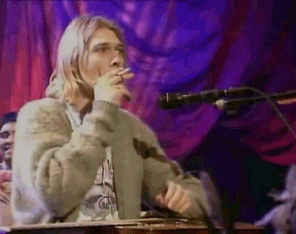
Usually, state-mandated or CSU-authored "student learning outcomes" read like the drivel you don't read when you update the OS of your phone or laptop. We here at #eyegasm22 think differently. Here's our promise. If you do all the readings and attend all of the classes, I promise you will be able to talk about comics, literature, art, television, and culture as well as Nerdwriter, aka Evan Puschak. Or, at the very least, pretty close to his capabilities! Watch both of these whether you are familiar with comics or not!
Nerdwriter on Art Spiegelman's MAUS
Nerdwriter on Neil Gaiman's THE SANDMAN
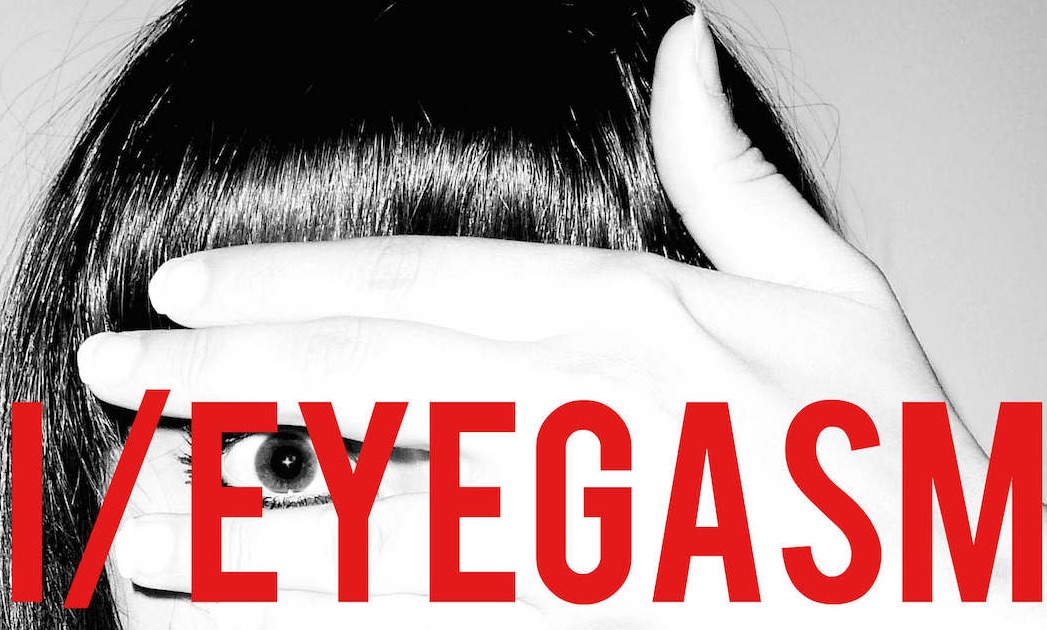
 My
name is Matthew Jiménez, and I am a third-year
graduate student at San Diego State University,
pursuing an MFA in Creative Writing (Fiction). I have
years of experience in publishing, unique writing and
assistant teaching all at the highest level of
education. I am a San Diego native born and raised in
Alpine, California! I currently also work as the Front
Office Assistant at Montezuma Publishing, and as an
assistant Muay Thai coach at Valiant Training Center.
My
name is Matthew Jiménez, and I am a third-year
graduate student at San Diego State University,
pursuing an MFA in Creative Writing (Fiction). I have
years of experience in publishing, unique writing and
assistant teaching all at the highest level of
education. I am a San Diego native born and raised in
Alpine, California! I currently also work as the Front
Office Assistant at Montezuma Publishing, and as an
assistant Muay Thai coach at Valiant Training Center.
I am looking forward to having an awesome semester learning about all that Professor Nericcio has in store for you. If you have any questions, comments, concerns, bitches, moans and groans please feel free to email me at mjimenez5@sdsu.edu
I will be holding office hours Monday / Wednesday from 2:00-3:00 in AL 232. If you do not feel comfortable meeting in the office setting please email me, and I can accommodate via Zoom. I will be changing our team name as soon as my creative mind figures out something unique!
The Eye Squad -- TA Luis Torres
GAETNER to JUNG
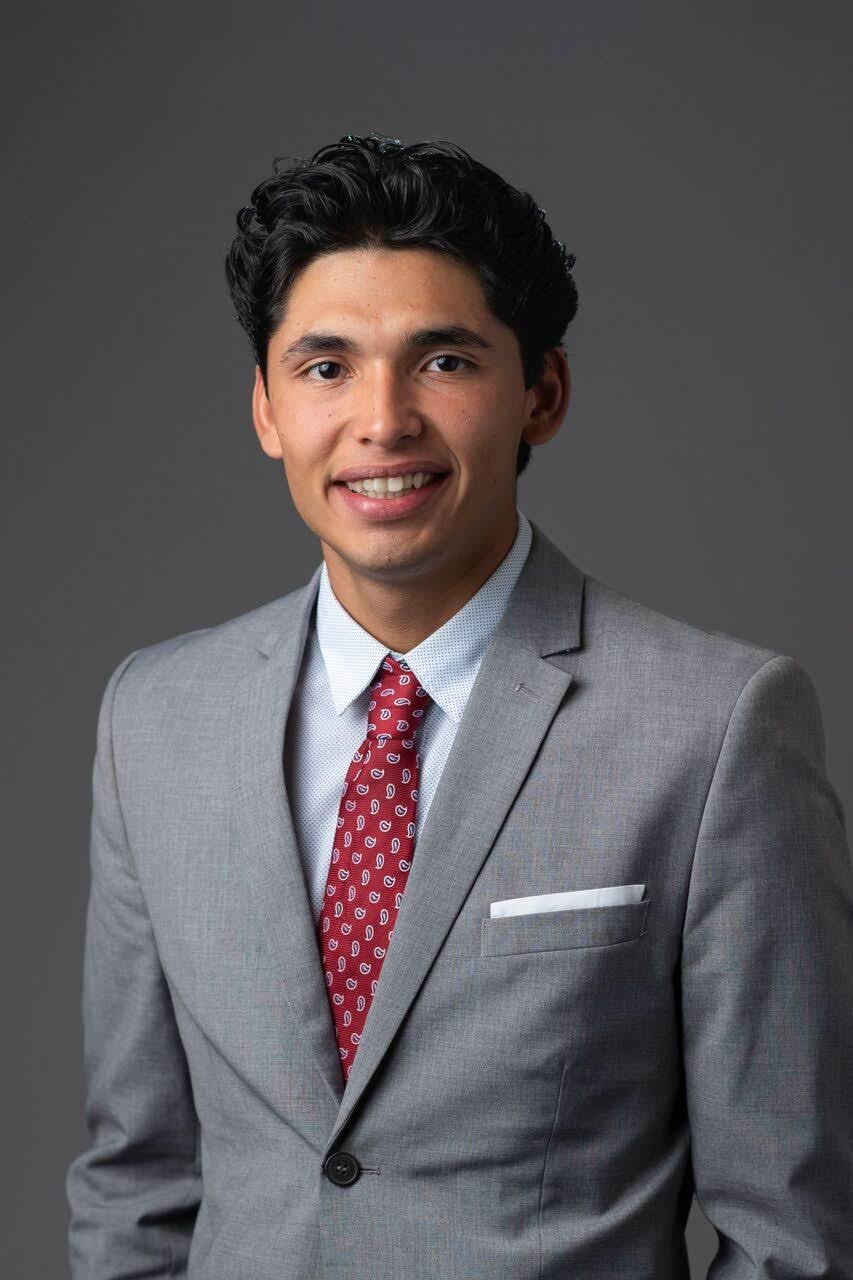
Hello all, my name is Luis Torres and I'm excited beyond words to be working alongside you in this thrilling, intellectually stimulating course on comics. I was born and raised in Portland, Oregon, home of interminable rains and old growth forests. After graduating from Emory University with honors, where I studied at the intersection of philosophy and economics, I worked at a financial services firm for a year. Over the course of the pandemic, I turned to the world of arts and letters to pursue writing. Currently, I am a first year student in the Creative Writing program at SDSU, and am working towards an M.F.A. in poetry. More importantly, I am here at SDSU to expand my knowledge, to think critically, to question, to be questioned, to grow and become an impactful individual alongside you all. Office Hours: Tues/Thurs after class, in AL 232, 12:30-1:15pm (or 12:30 - 1:30, depending on the hours of my appointment). Let me know if you have any questions, comments or concerns. Best, Luis
The Optical Illusions -- "TA" Dr. Bill Nericcio
KAINUMA to NEWLAND
bnericci@sdsu.edu
office hours: Tuesdays 12:30 to 3:30 and by apppointment
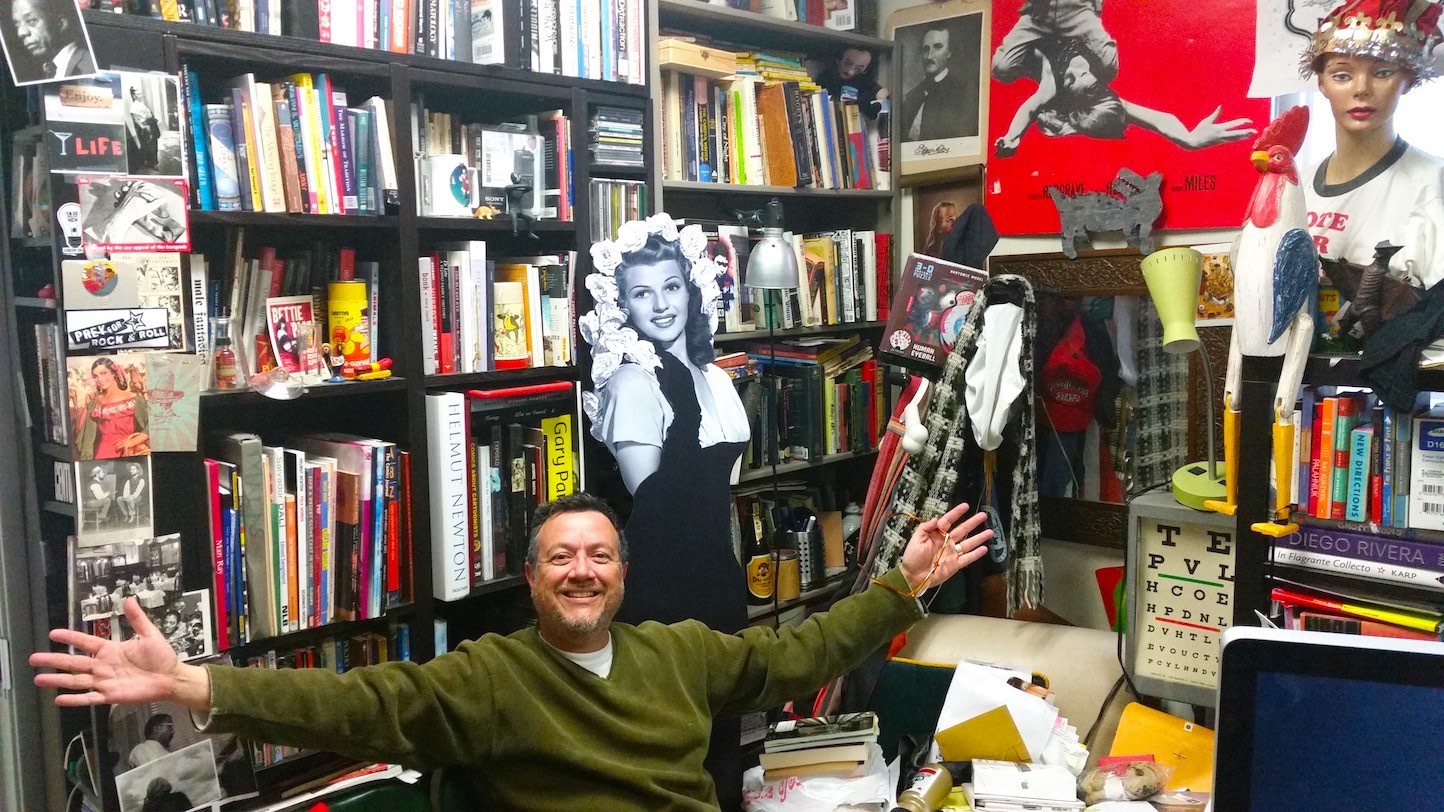
The Director of San Diego State
University's longest-running Interdisciplinary
and Cultural Studies graduate program, MALAS (the
Master of Arts in Liberal Arts and Sciences
program), William Nericcio is Professor of
English and Comparative Literature at SDSU,
where he also serves on the faculties of Chicana/o
StudiesCenter
for Latin American Studies. Nericcio's
first book, Tex[t]-Mex:
Seductive Hallucinations of "Mexicans" in
America, appeared with the
University of Texas Press in February 2007. His
next book, an edited anthology of playwright
Oliver Mayer's early works entitled The Hurt
Business appeared in April of 2008
and his follow-up to that, Homer
from Salinas: John Steinbeck's Enduring
Voice for California, on the work
of John Steinbeck (with a strong California
focus), appeared in March, 2009. Publishing in
various fields across the humanities and social
sciences, Nericcio is the author of noteworthy
essays including his lurid meditations on the life
of Pee-wee Herman (aka Paul Reubens) in
the Iowa Journal of Cultural Studies and an
illustrated survey of the cool comic Mestizo
stylings of Gilbert
Hernandez and his spiritual godmother, Frida
Kahlo, for NYU Press's Latino Popular
Culture. 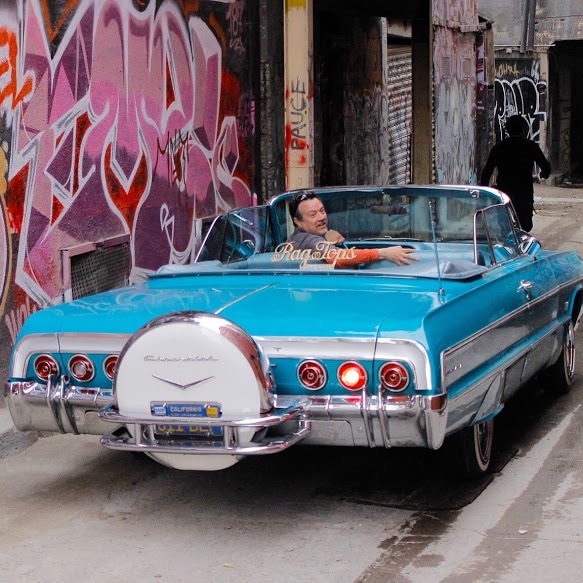 Links to these works and more are
available on his World
Wide Web Mothership while his latest blog
entries on stereotypes and American mass culture
can be found on The
Tex[t]-Mex Galleryblog and at mextasy.blogspot.com.
Lastly, Nericcio's latest books, Talking
#browntv: Latinas and Latinos on the Screen,
co-authored with Frederick Luis Aldama (December
2019), for the
Ohio State University Press and Cultural
Studies in the Digital Age: An Anthology of
21st Century Interdisciplinary Inquiries,
Postulations, and Findings for Hyperbole Books,
co-edited with Dr. Aldama and Italian
semiotician Antonio Rafele (January 2021), are
now in print. Learn more about Dr. Nericcio
published work on Amazon.com
and Academia.edu.
Links to these works and more are
available on his World
Wide Web Mothership while his latest blog
entries on stereotypes and American mass culture
can be found on The
Tex[t]-Mex Galleryblog and at mextasy.blogspot.com.
Lastly, Nericcio's latest books, Talking
#browntv: Latinas and Latinos on the Screen,
co-authored with Frederick Luis Aldama (December
2019), for the
Ohio State University Press and Cultural
Studies in the Digital Age: An Anthology of
21st Century Interdisciplinary Inquiries,
Postulations, and Findings for Hyperbole Books,
co-edited with Dr. Aldama and Italian
semiotician Antonio Rafele (January 2021), are
now in print. Learn more about Dr. Nericcio
published work on Amazon.com
and Academia.edu.
"Gio" Michael Giovan
gmichael3245@sdsu.edu
NGUYEN to SEVERIN
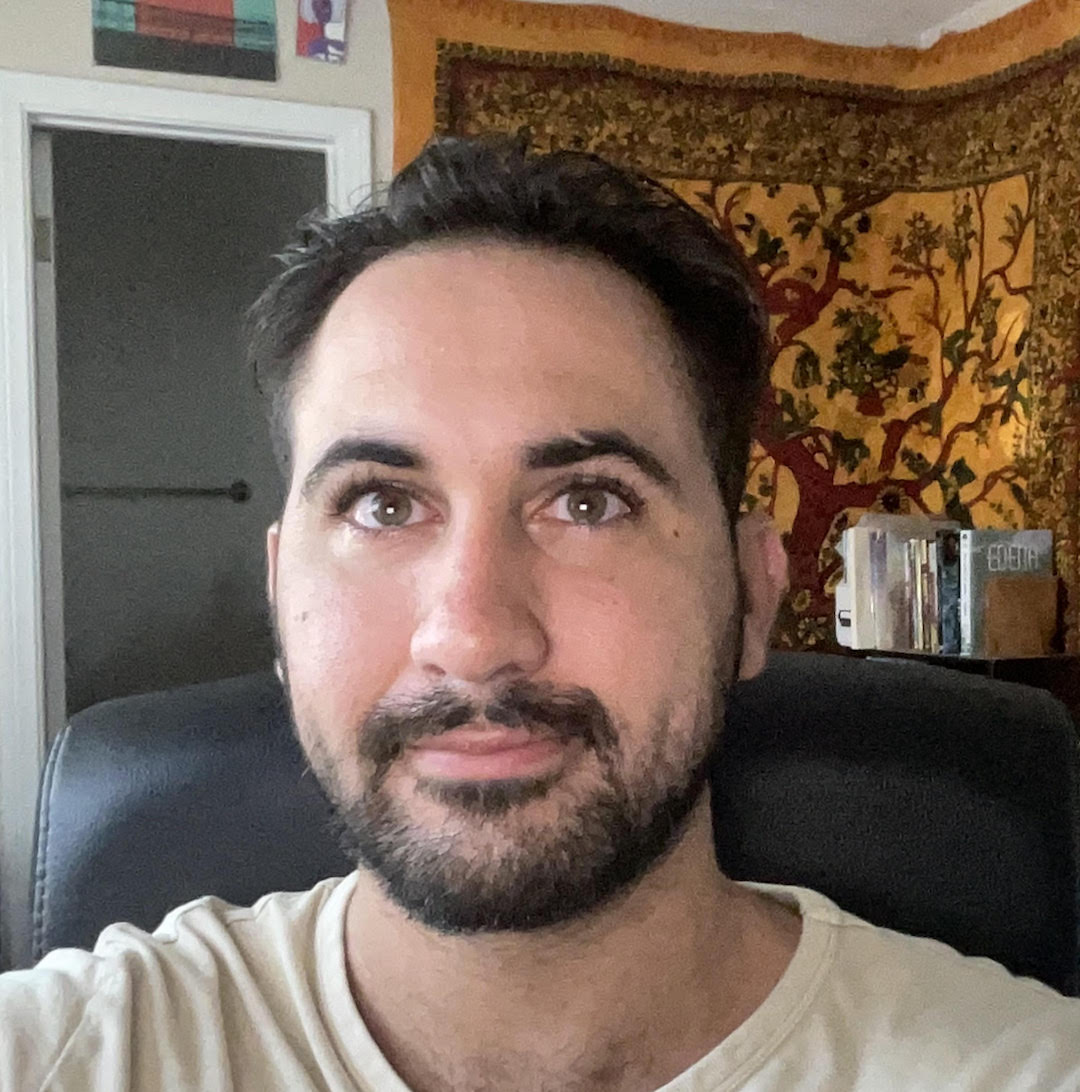 Hi
everybody! My name is Gio. I’m a MFA student of
Creative Writing, working on a novel and a graphic
novel for my thesis. I’ve always loved reading and
drawing comics, and I’m excited to work with you all
as we dive deeper into them. My office hours
Tuesday and Thursday 12:30 to 2:30. You can find me at
the coffee shop in the engineering building. It’s a
short walk from our class.
Hi
everybody! My name is Gio. I’m a MFA student of
Creative Writing, working on a novel and a graphic
novel for my thesis. I’ve always loved reading and
drawing comics, and I’m excited to work with you all
as we dive deeper into them. My office hours
Tuesday and Thursday 12:30 to 2:30. You can find me at
the coffee shop in the engineering building. It’s a
short walk from our class.
The Eyeball Addictis -- RA/TA
Kennii Ekundayo
SHIELDS to ZENNER
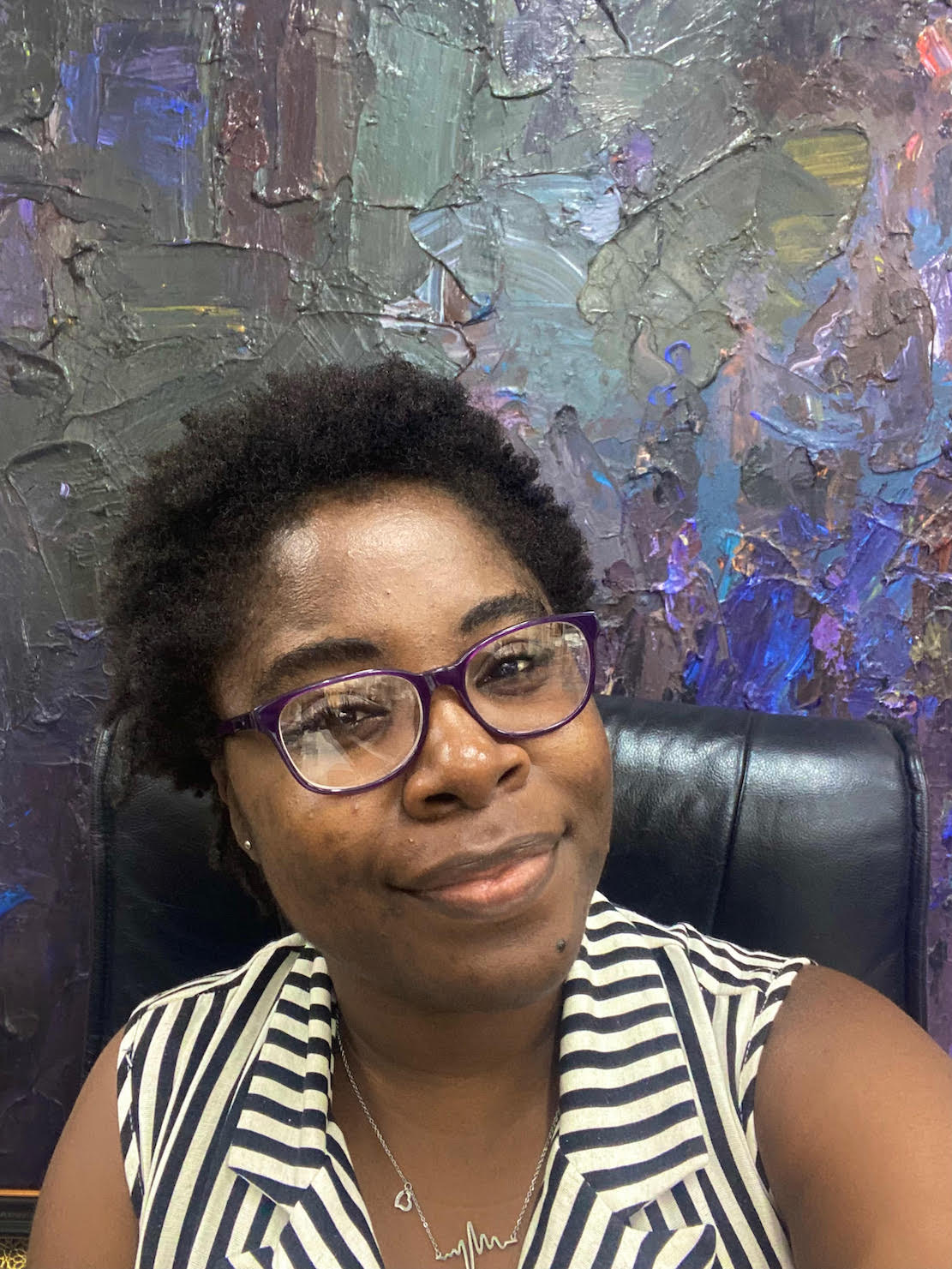 Ndeewo nu! (Igbo language
for "Hello all!”) My name is Kennii Ekundayo and
I am a curator of modern and contemporary
African art — actively practicing since the last
five years while being based in Lagos, Nigeria!
Ndeewo nu! (Igbo language
for "Hello all!”) My name is Kennii Ekundayo and
I am a curator of modern and contemporary
African art — actively practicing since the last
five years while being based in Lagos, Nigeria!This program means a lot to me, especially as it redefines AND SOLIDIFIES my journey in academia; more so, as a first-generation graduate. So, this is not just about me or my interests, it is about the long line of people whose quest to push harder, dream big as well as dare to believe in their big dreams, ties to the ability of this ‘small town, small name girl’ to progress. And for all it is worth, I count myself very lucky to have found a program as this that can truly accommodate the weightiness of my participation.
